The French capital is famous for its historic squares, such as Place de la Concorde and Place des Vosges. From the grandest squares celebrating the monarchs of France to the little secretive crossroads, here’s a list of the top 10 most beautiful squares of Paris.
A word about the squares in Paris
Paris is home to many squares, some large and others small. Some are royal squares, others are more functional.
Before visiting Paris, it’s essential to know that a square is “une place” in French.
But first, what exactly is a square (or place in French)?
Basically, a square is a public meeting place.
A vast majority of Parisian squares are found at the intersection of streets, avenues or boulevards.
In Paris, we can find different types of squares:
Cathedral or church squares
The French also call them “parvis”.
Example: Place du Parvis Notre-Dame.
On numerous occasions, the square does not take the name of the church and was named after a crucial Parisian figure: Place d’Estienne d’Orves (Sainte-Trinité church), Place Franz Liszt (Saint Vincent de Paul church), and Place Victor et Hélène Basch (Saint-Pierre de Montrouge).
However, there are notable exceptions with Place Saint-Sulpice, Place Saint-Germain-des-Prés and Place Saint-Augustin.
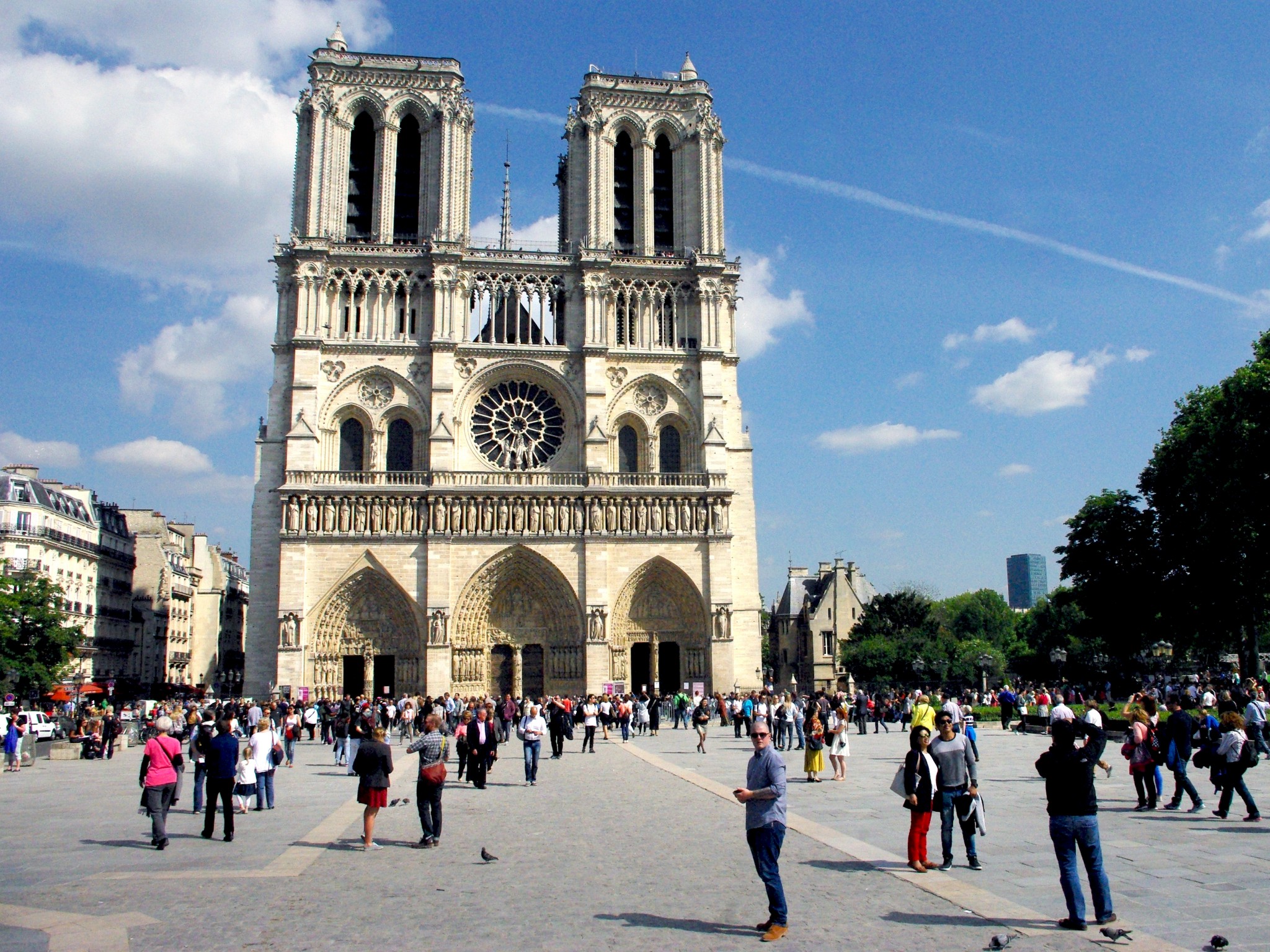
Market squares
The main purpose of market squares is to serve as a trading place.
In Provincial France, many towns and villages have their own “Place du marché” where market stalls are traditionally set out for trading.
Paris Example: Place du Marché Saint-Honoré (1st arrondissement).
Town squares
These are open areas used for community gatherings. At the centre of the square is often a monument, a statue or other feature.
Example: Place d’Iéna, Place du Trocadéro et du 11 novembre.
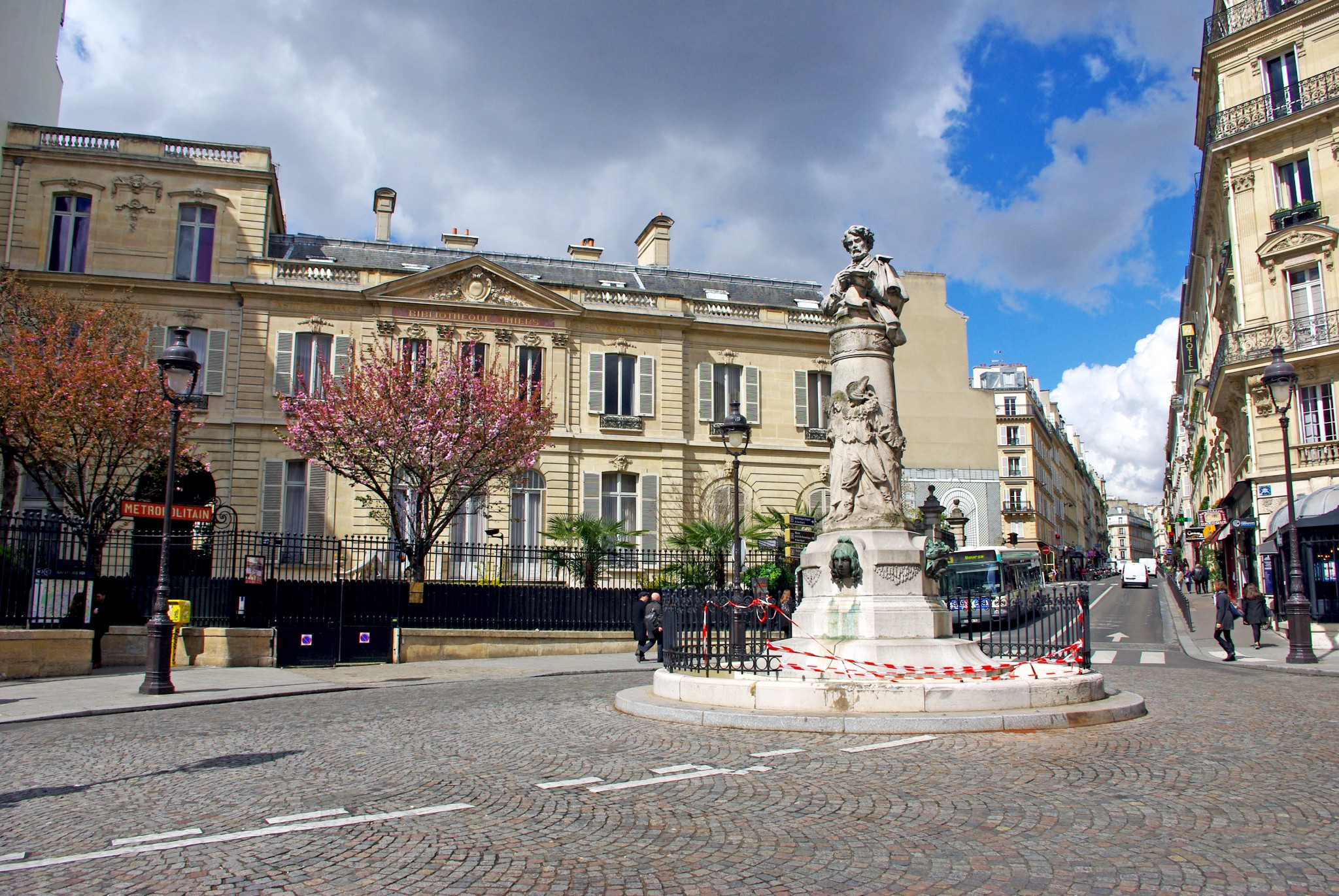
Fountain squares
This type of square is very similar to a town square.
They are many fountain squares in Paris, such as Place Saint-Michel or Place Félix Eboué.
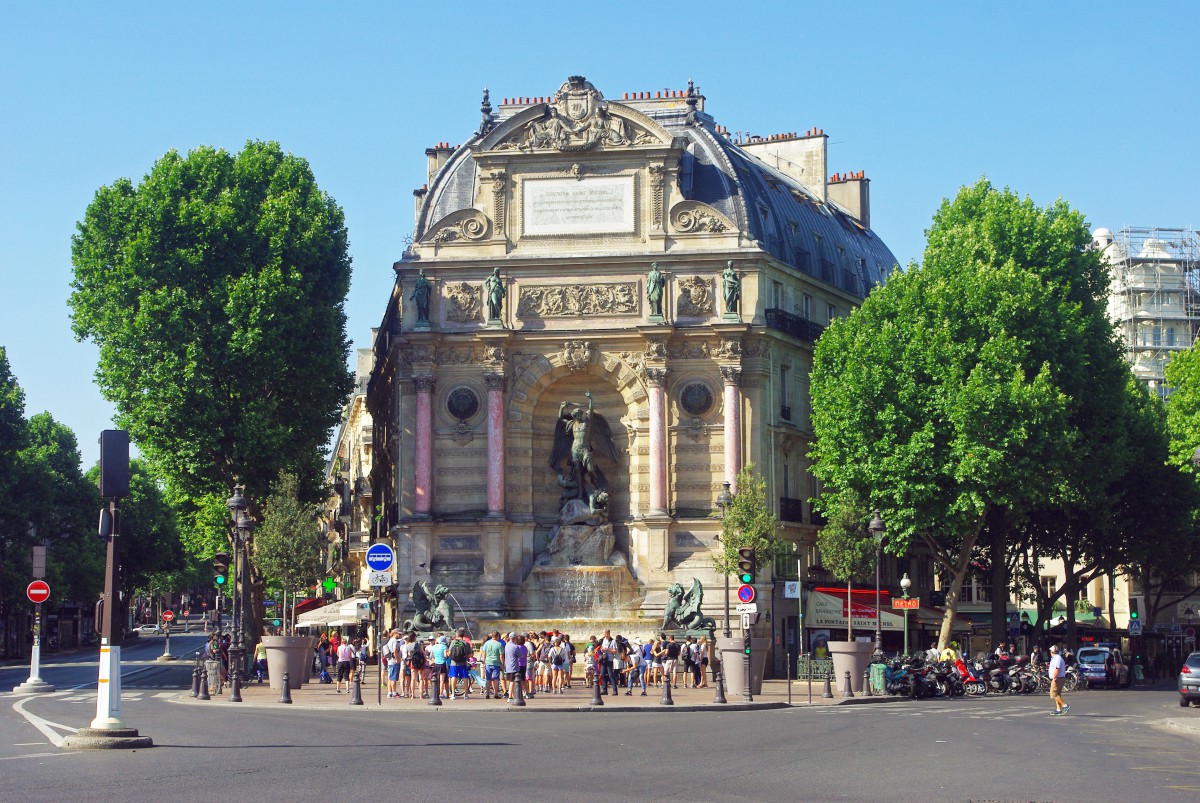
Royal squares
The architects of these monumental squares worked to glorify the French monarch.
The best examples are Place des Vosges, Place de la Concorde and Place Vendôme.
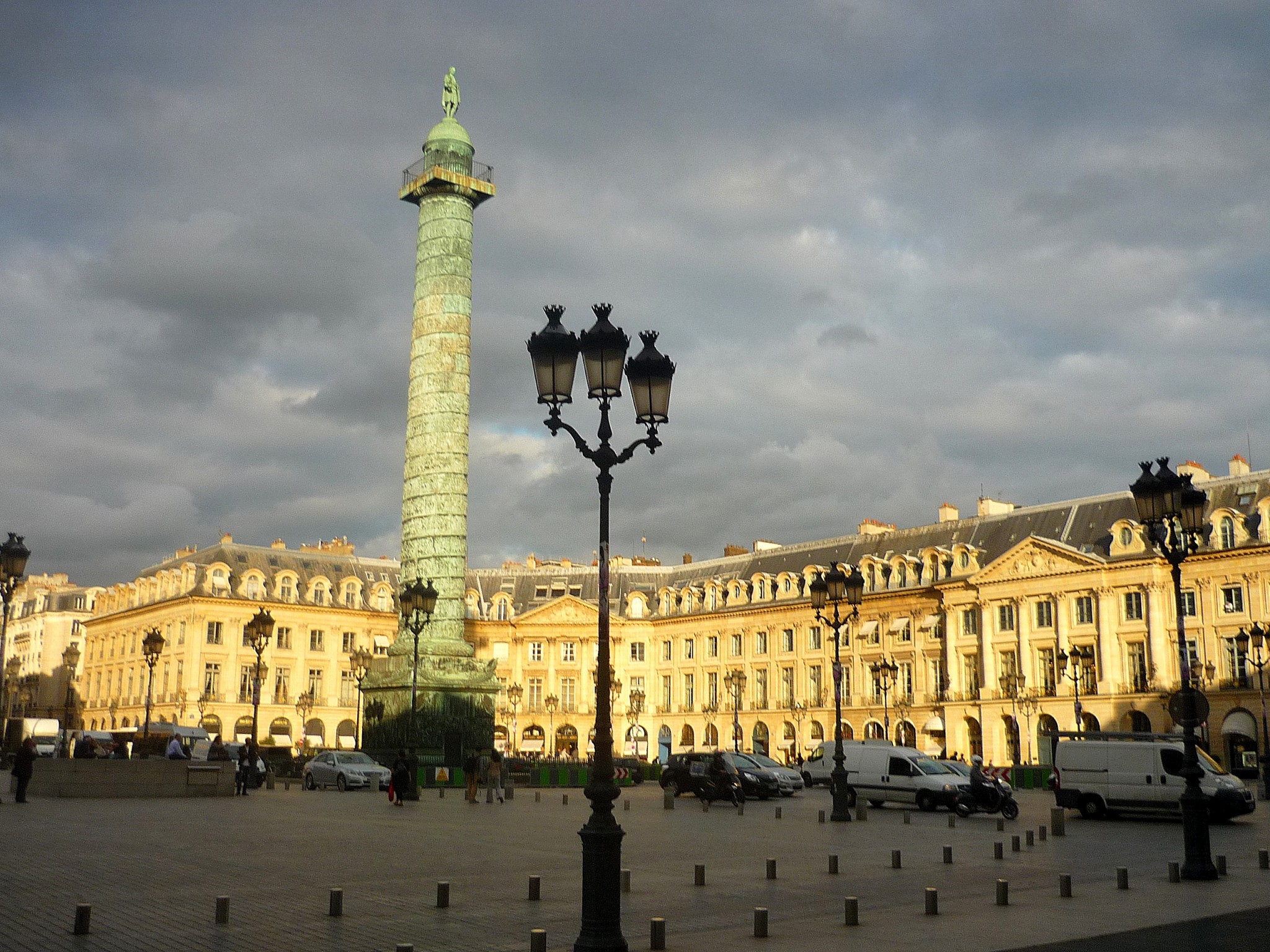
In addition, there are 525 squares in Paris, including two placettes (two small squares).
Parisian-style squares
It is interesting to note that “un square” has a different meaning in French. It corresponds to a garden square in English. Baron Haussmann created them mainly in the 19th century, such as the Square du Temple.
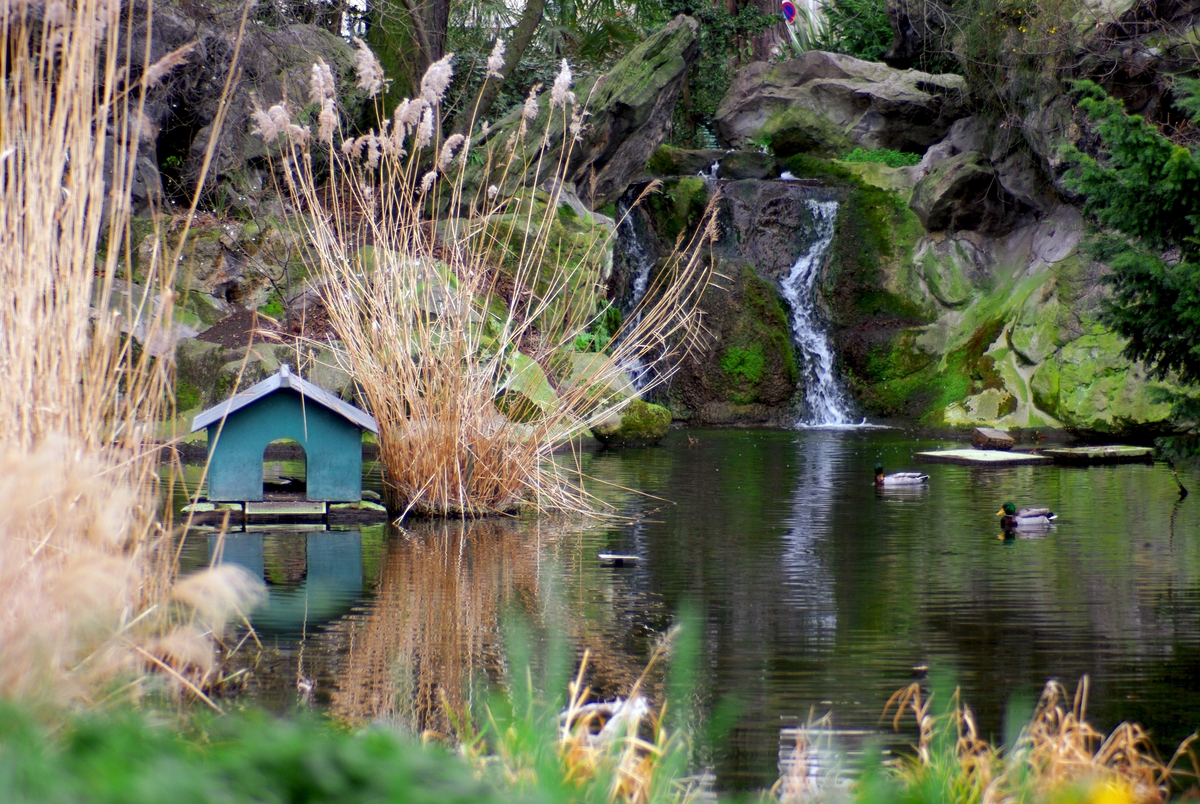
Where are the most beautiful squares of Paris?
The list below is only a personal suggestion. There are much more squares you might want to add to it if you’ve been to Paris before. Feel free to leave a comment at the end of this post with your favourite Parisian squares!
1. Place de la Concorde
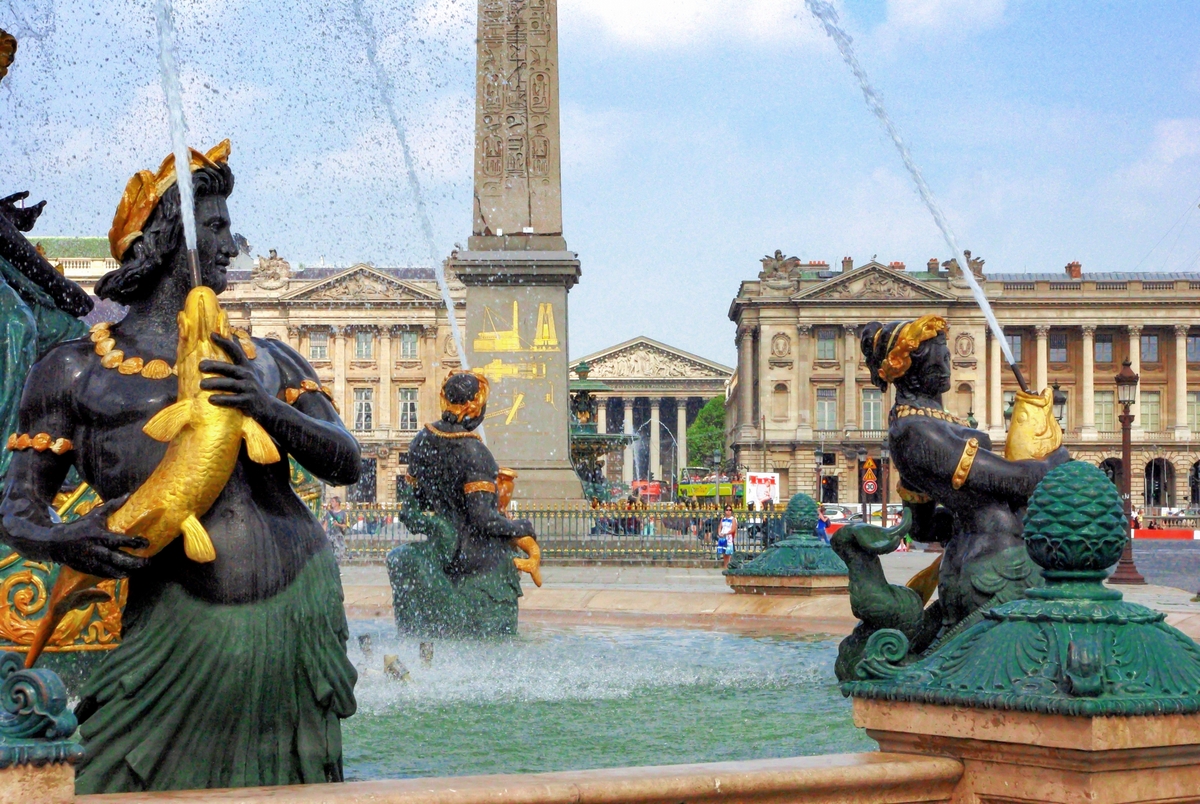
The majestic Place de la Concorde is arguably the most prestigious square in Paris. I would just stand there for ages, marvelling at the fantastic fountains and delicate lamp posts.
In fact, Place de la Concorde played an essential part in French history. It dates back to the 18th century when it took the name of Place Louis XV.
On many occasions since its creation, the square has been the place chosen for happy or sad national gatherings. The Place de la Concorde also plays a tremendous symbolic part along the Historical Axis.
Paris’ oldest monument
You can’t miss the monument ideally placed in the middle of the square: the Luxor Obelisk. The Egyptian needle is 3,500 years old, making it the oldest monument in Paris. It is 23 metres tall and weighs 220 tons.
Read more about Place de la Concorde.
2. Place des Vosges
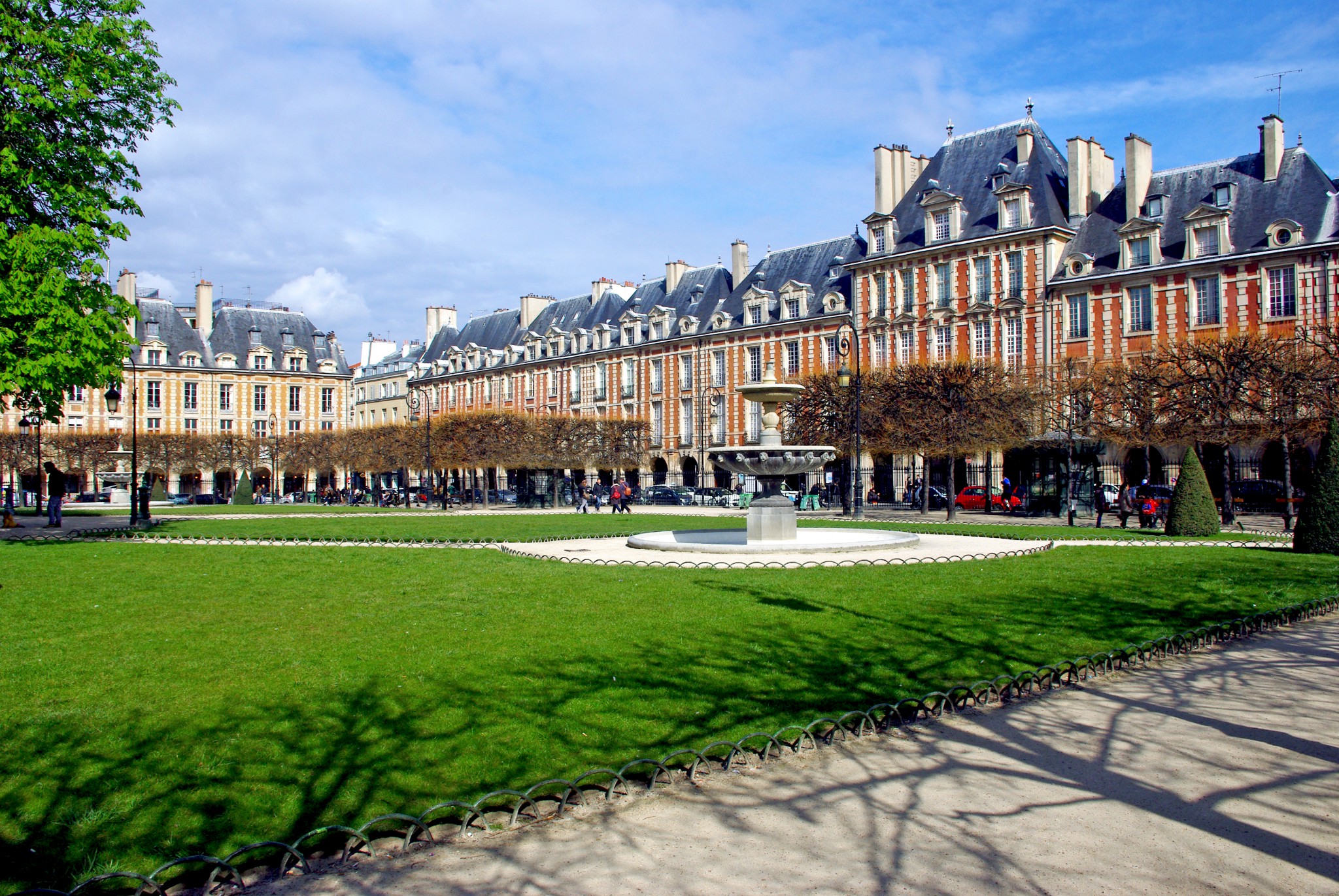
The picturesque Place des Vosges lies in the heart of the Marais district in Paris (3rd and 4th arrondissements). The square is often considered as one of Europe’s most beautiful squares.
This excellent example of Louis XIII-style architecture is the oldest planned square in Paris.
Why do I like it so much? I guess its charm comes from the regularity of the façades, which show alternate in-lays in brick and stone. Indeed this is a perfectly symmetrical square bordered by the façades of 36 buildings.
Besides the original name of the square being “Place Royale”, what do the Vosges mountains have to do with it?
Well, the newly-created département of the Vosges was the first département of France to pay taxes during the Revolution.
Read more about Place des Vosges.
3. Place Dauphine
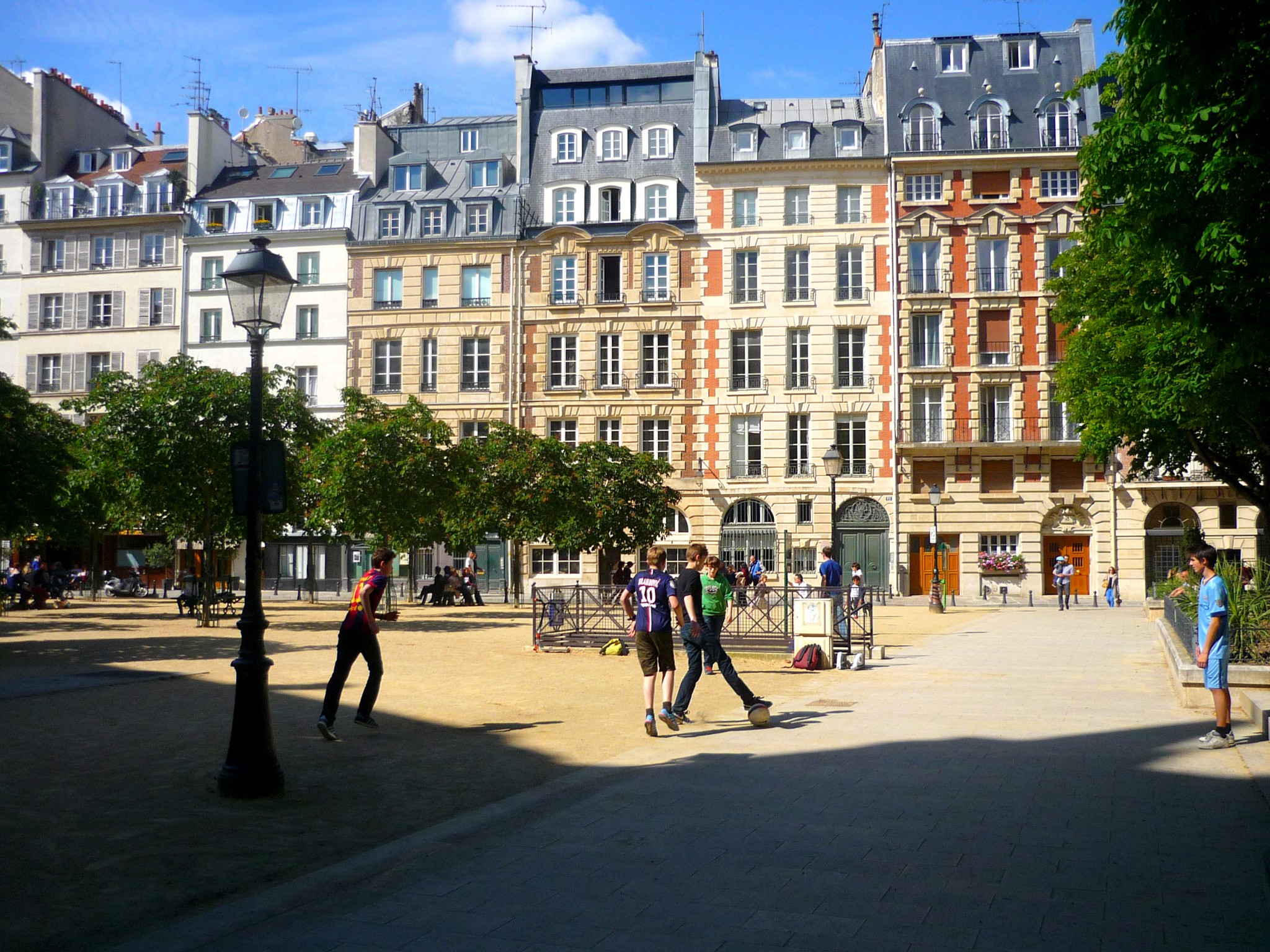
The triangular-shaped Place Dauphine is located near the western end of the Île de la Cité, with access from the middle of Paris’ older bridge: Pont Neuf.
The square, named after Dauphin of France, the future Louis XIII, was laid out in 1609 under King Henri IV while the Place des Vosges was still under construction.
During the 17th century, Place Dauphine and Place des Vosges represented the places where the French royal court used to have their permanent seat.
Today the square is a remarkable haven of peace despite its location in the heart of Paris!
Read more Place Dauphine.
4. Place Vendôme

The famous Place Vendôme in Paris’ first arrondissement ranks amongst France’s most beautiful squares.
It is located to the north of the Tuileries Garden and is a magnificent example of neoclassical architecture in France.
You may have heard that Place Vendôme is a mecca of money and luxury. Indeed, the square provides a base for renowned and prestigious establishments: the Ritz hotel, Cartier, Rolex, Chanel jewellery, and the Ministry of Justice.
The celebrated Column of Vendôme occupies the centre of the square. At its top, you’ll recognise Napoleon Bonaparte!
Read more Place Vendôme.
5. Place de l’Étoile
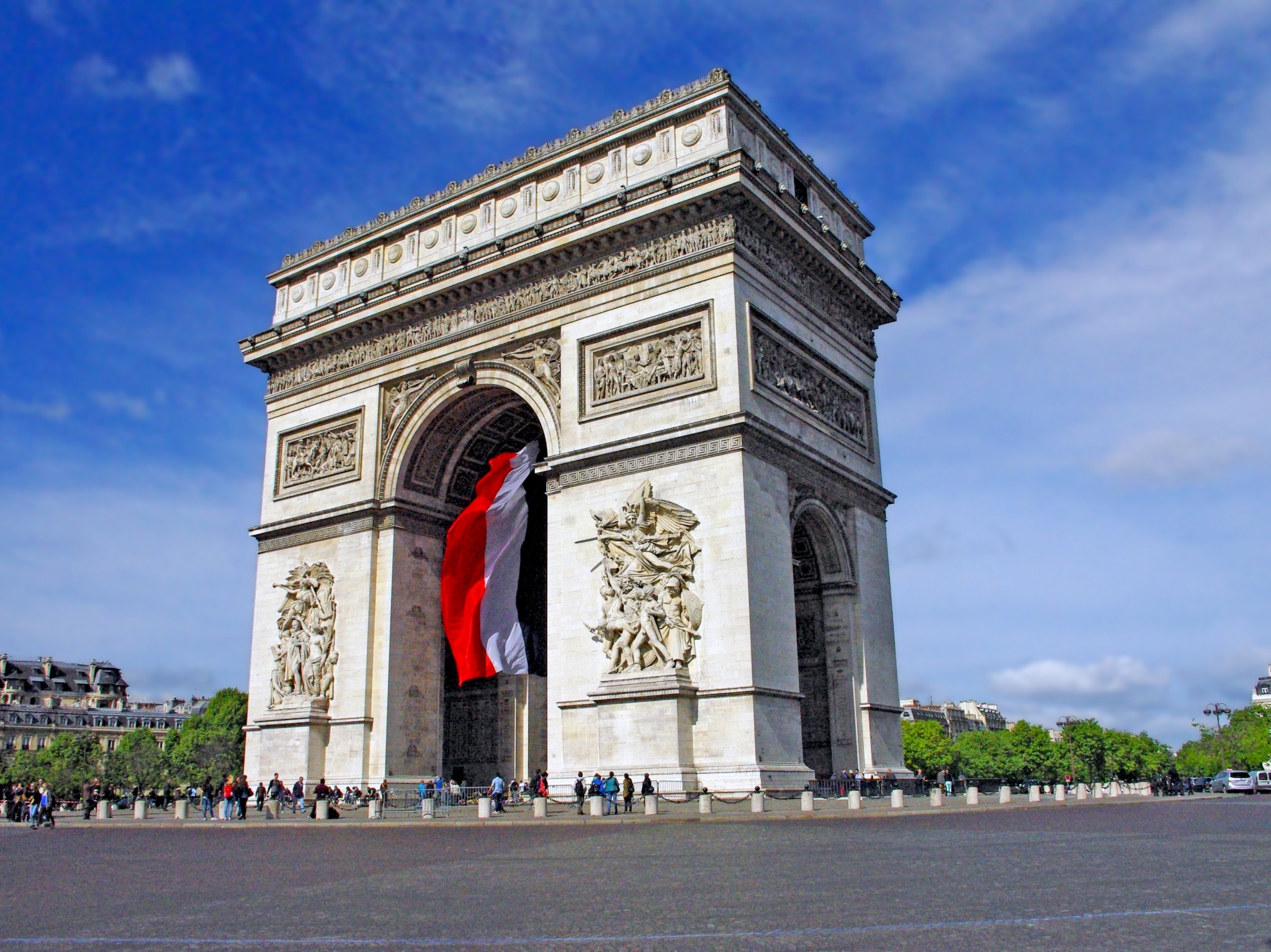
The Place de l’Étoile (since renamed “Place Charles de Gaulle”) is a symbolic place, with its configuration of 12 avenues radiating out from the Arc de Triomphe.
Each of these streets bears the names of illustrious French military leaders: Foch, Marceau, Hoche or Kléber…
In addition, the round square is often considered to be the most challenging roundabout for motorists to drive around. I often crossed it while travelling by bus and it was sometimes a frightening experience.
A star-like shape!
Baron Haussmann approved the square’s design, which gave the square its particular star-like shape that we see today. The circular square, 120 metres in diameter, is the centre – the star – from where 12 avenues radiate out in a remarkable geometric pattern.
Read more the Arc de Triomphe.
►► Book your online skip-the-line ticket for the Arc de Triomphe!
6. Place de la Bastille
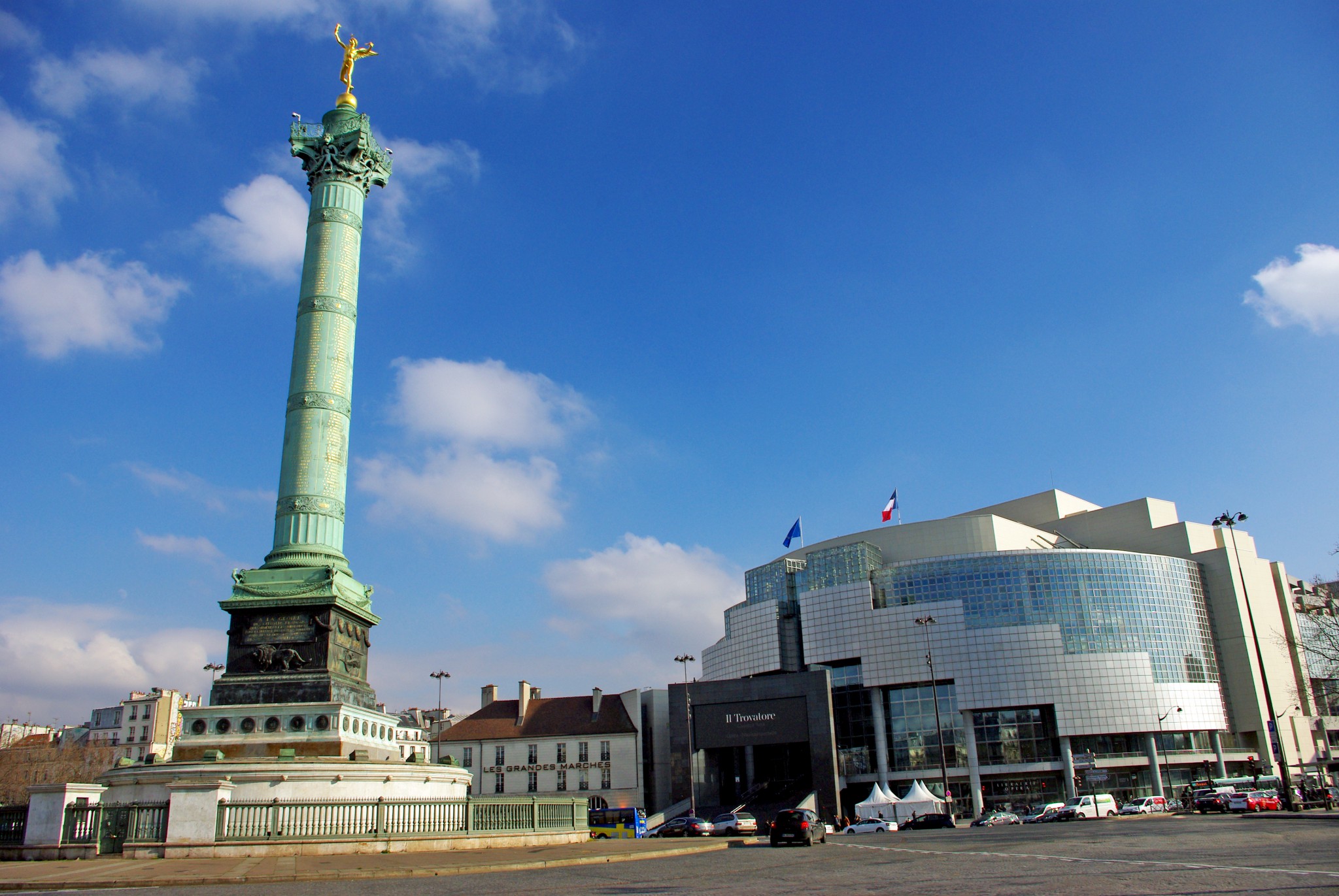
Place de la Bastille lies at the limits of the 4th, 11th and 12th arrondissements, East of the Marais District.
It is also the site of the infamous Bastille prison. The fortress was destroyed following the “Storming of the Bastille” events on the 14th of July 1789.
In the centre of the square stands the 47-metre-tall Colonne de Juillet (July Column). The monument commemorates the “Trois Glorieuses“, the three revolutionary days from 27th to 29th July 1830. On this occasion, King Charles X was replaced by the “Monarchie de Juillet” of King Louis-Philippe.
On the site of the former Bastille railway station stands the monumental Bastille Opéra.
The square is often associated with political demonstrations, which usually run from and to Place de la République.
Read more about the Place de la Bastille.
7. Place de Furstemberg

The tiny Place de Furstemberg may not compare with Paris’s grand and large squares. Nevertheless, its charm is undeniable.
You’ll find it near the church of Saint-Germain-des-Prés. The square owes its name to the famous Prince de Furstenberg, William Egon of Fürstenberg (1629 – 1704). The German clergyman, who was bishop of Strasbourg, retired to the abbey of St-Germain-des-Prés, where he died.
In fact, Place de Furstemberg is not technically a square but a street (Rue de Furstemberg) where a small roundabout has been created for traffic. Four paulownias grow in its centre. Add to these elegant Parisian-style lamp posts, and you’ll experience a certain romantic feel sometimes portrayed in movies.
Painter Eugène Delacroix used to live there, and his former dwelling today houses the Delacroix Museum.
Read more about the Place de Furstemberg.
8. Place de la République
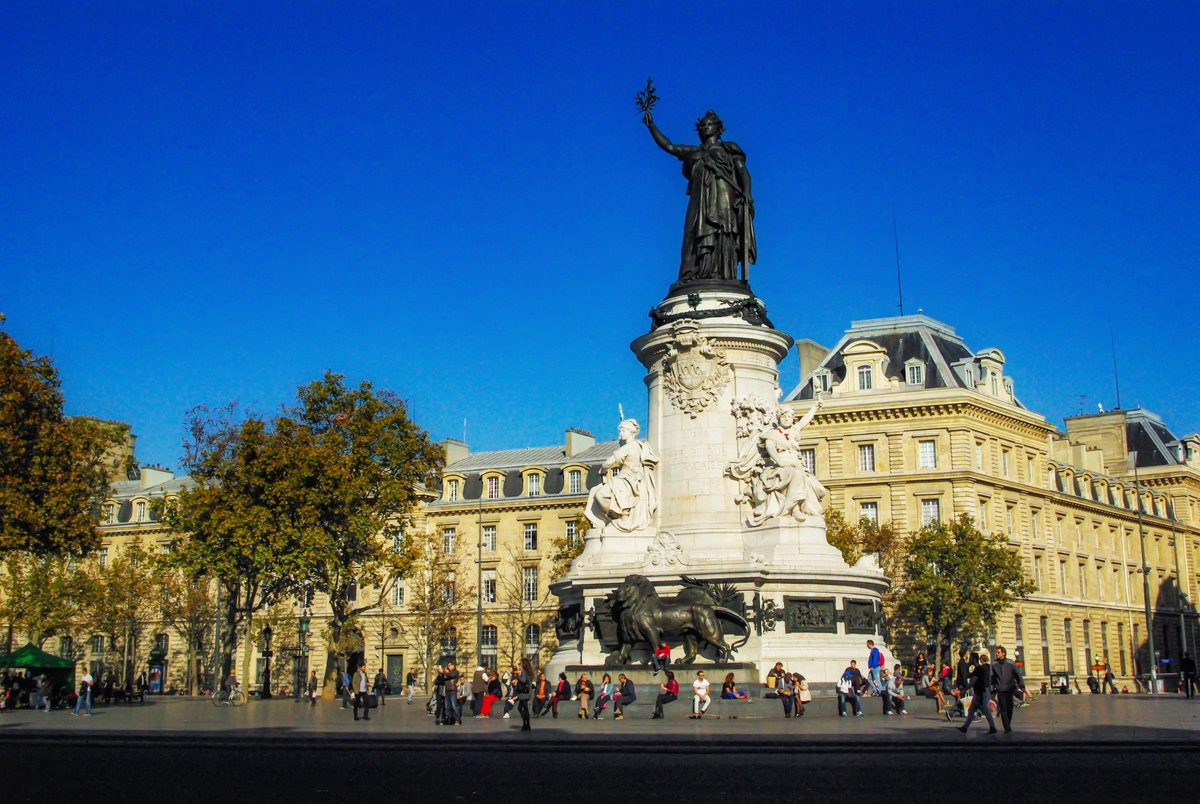
The historic Place de la République is one of Paris’ largest squares. It lies at the crossroads of the 3rd, 10th and 11th arrondissements.
We owe the present-day shape of the square to Baron Haussmann. The urban architect worked on an urban renovation of Paris during the Second Empire. From then dates the creation of the great and straight axis.
The name of the square honours the newly proclaimed Third Republic (1871-1940). In its centre stands the monumental bronze statue of Marianne (9.5 metres high) sculpted by brothers Léopold and Charles Morice and installed on the 14th of July 1883. It depicts Marianne holding an olive branch in her right hand and the Human’s Right tablet in her left.
A renovated square in 2013
In June 2013, the Mayor of Paris unveiled the new renovated Place de la République after many years of work, which makes it the largest pedestrian square in the French capital.
9. Place de la Nation
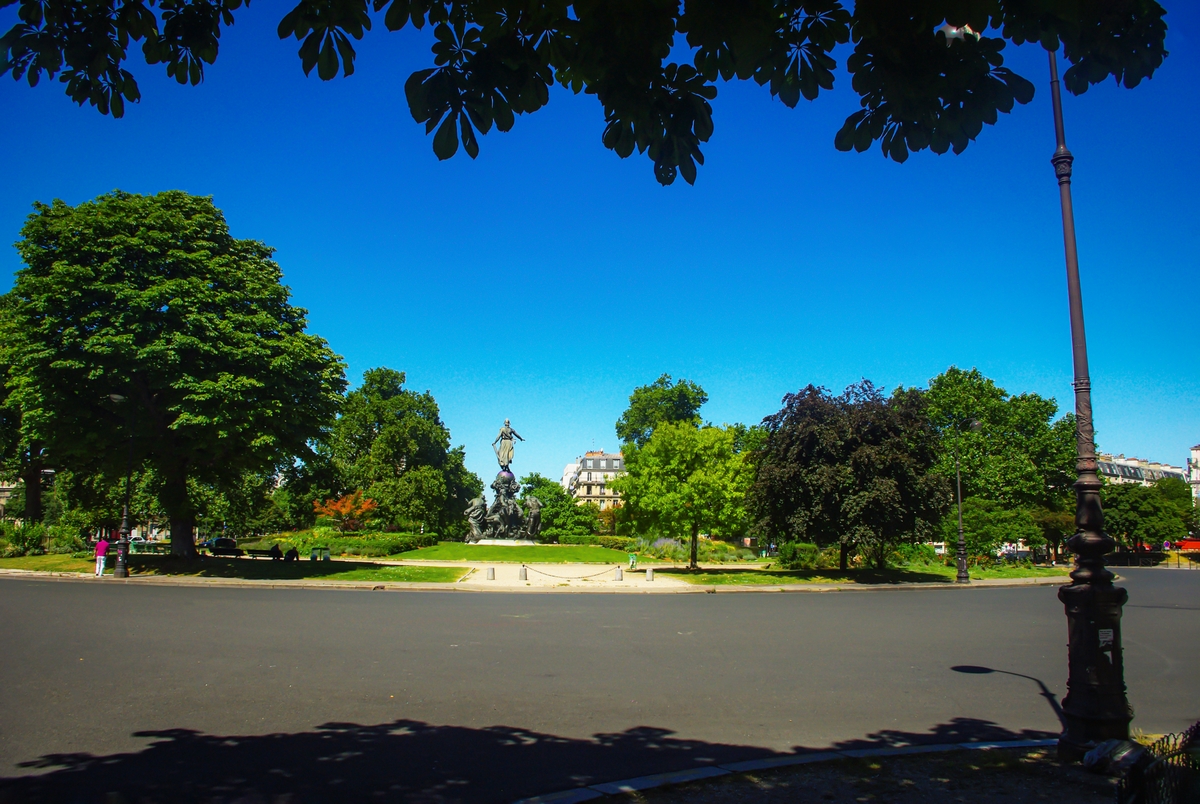
The circular-shaped Place de la Nation is dedicated to French patriotism. The square looks like a great roundabout from where radiate twelve streets, evoking the Place de l’Étoile to the West. It lies to the East of Paris, in the 11th and 12th arrondissements.
Initially, the square took the name of “Place du Trône” and at the Revolution, “Place du Trône Renversé“. Parisian authorities changed it to Place de la Nation on the 14th of July 1880.
A monumental statue
A grand monument called “Le Triomphe de la République” stands in the centre of the roundabout. It is a bronze statue by Aimé-Jules Dalou (1899) personifying the French Republic riding a chariot pulled by two lions and looking towards Place de la Bastille.
10. Place de l’Hôtel de Ville
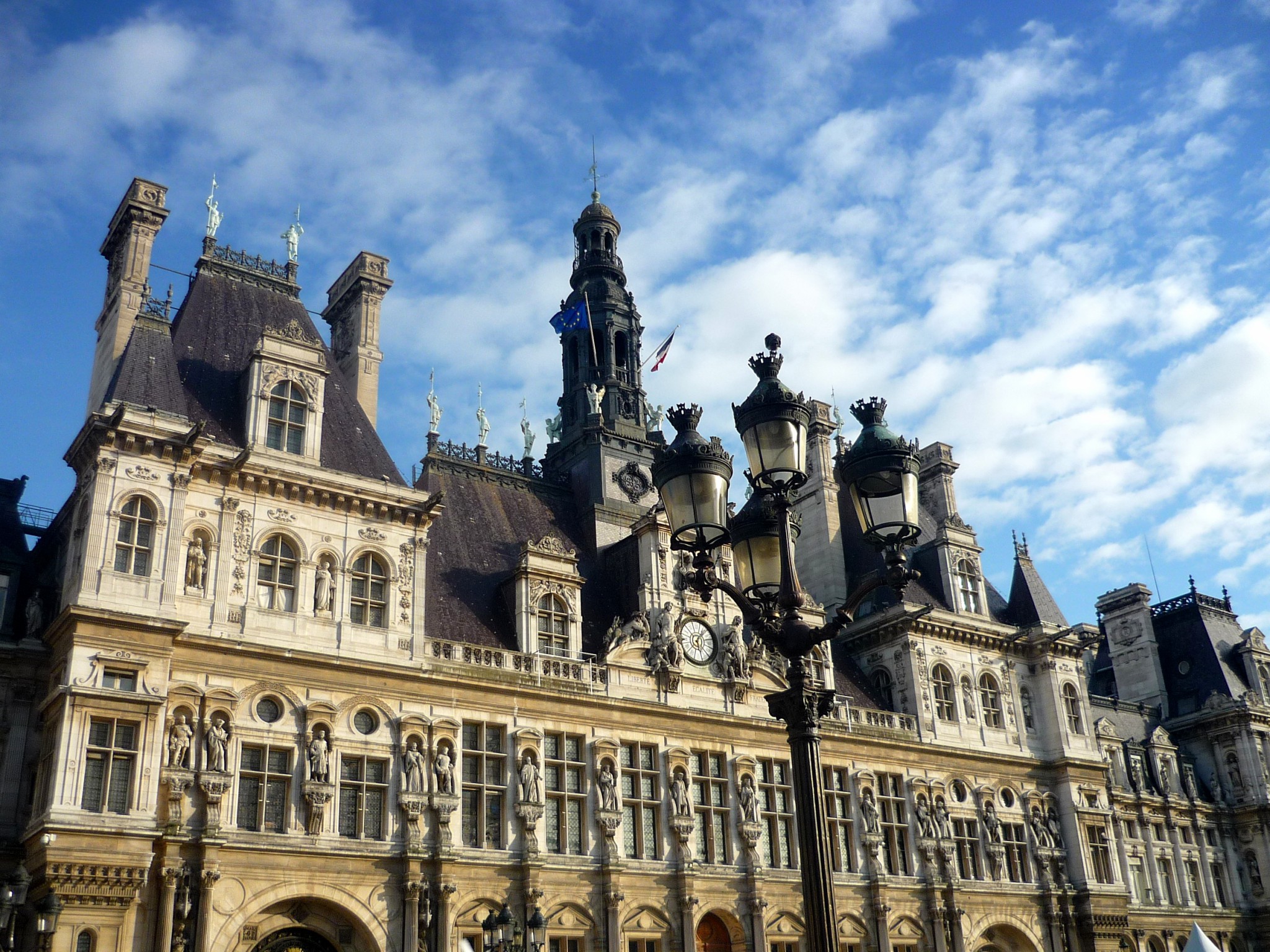
The Place de l’Hôtel de Ville borders the Paris City Hall, a fine Renaissance-style building rebuilt between 1873 and 1892.
On its northern side stands the department store of BHV (Bazar de l’Hôtel de Ville). To the South, the square borders the quays of River Seine.
Before 1802, the public square was known as “Place de Grève“, where unemployed people met to seek work. Today “faire la grève” (literally to stand on the Grève Square) means “to go on strike“.
From the square, you can see the north side of Notre-Dame cathedral.
Other beautiful squares of Paris per arrondissement
There are other interesting squares in Paris worth mentioning:
1st arrondissement
- Place du Carrousel and the inverted pyramid
- The busy Place du Châtelet
- Place Joachim du Bellay
- and Place du Palais-Royal… without forgetting the nearby Place de Valois!

2nd arrondissement
- Place de la Bourse
- Place des Victoires
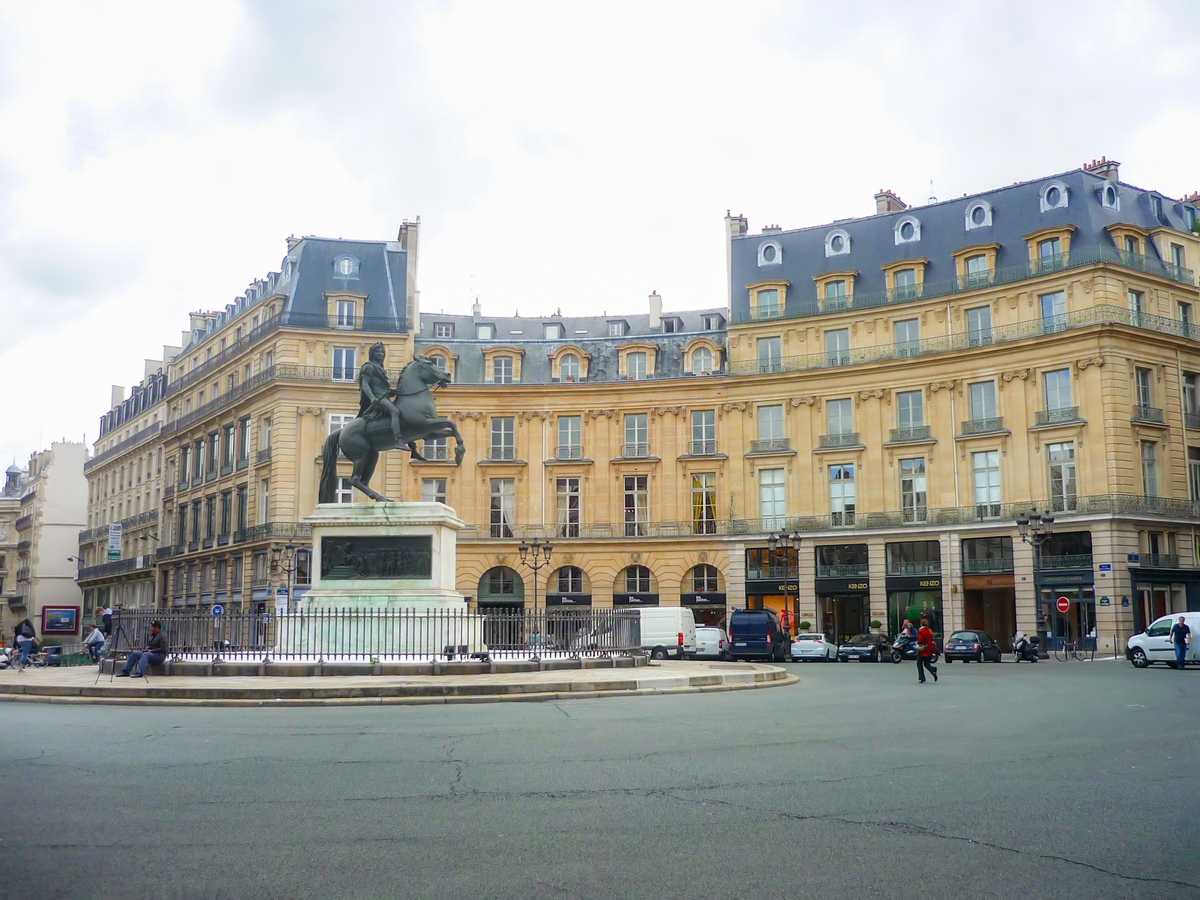
4th arrondissement
- Place Louis Aragon (Ile Saint-Louis)
- Place Louis Lépine (Flower market)
- and Place du Parvis Notre-Dame
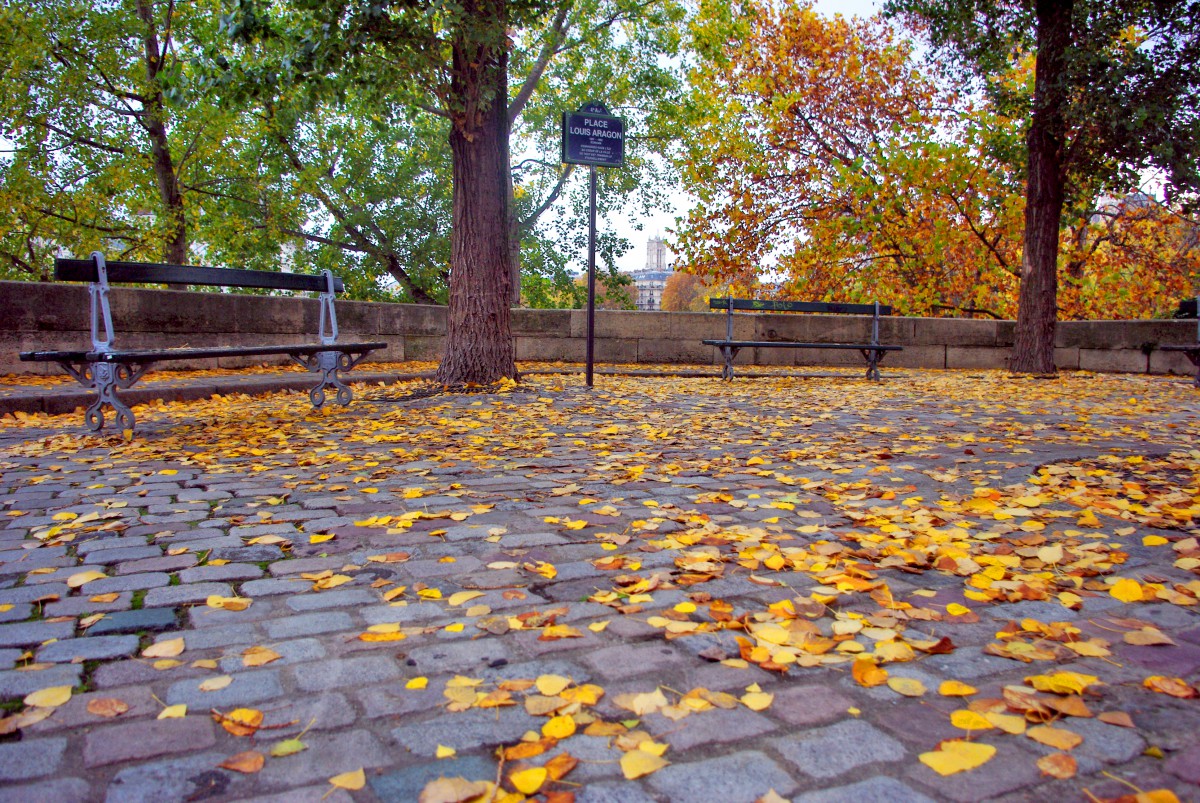
5th arrondissement
- Place de la Contrescarpe
- Place Alphonse-Laveran
- and Place du Panthéon
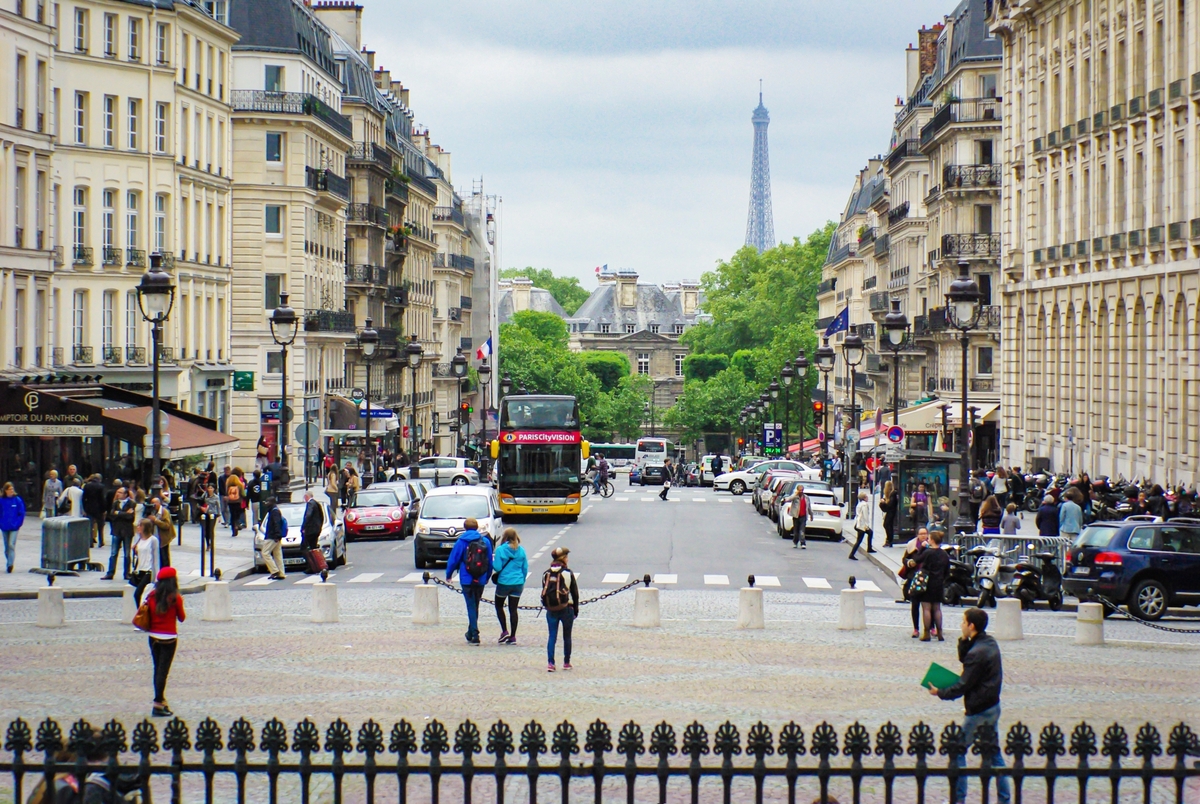
6th arrondissement
- Place de l’Odéon
- Place Saint-Germain-des-Prés
- and Place Saint-Michel

7th arrondissement
- Place de Breteuil
- Place de Fontenoy
- and Place Vauban
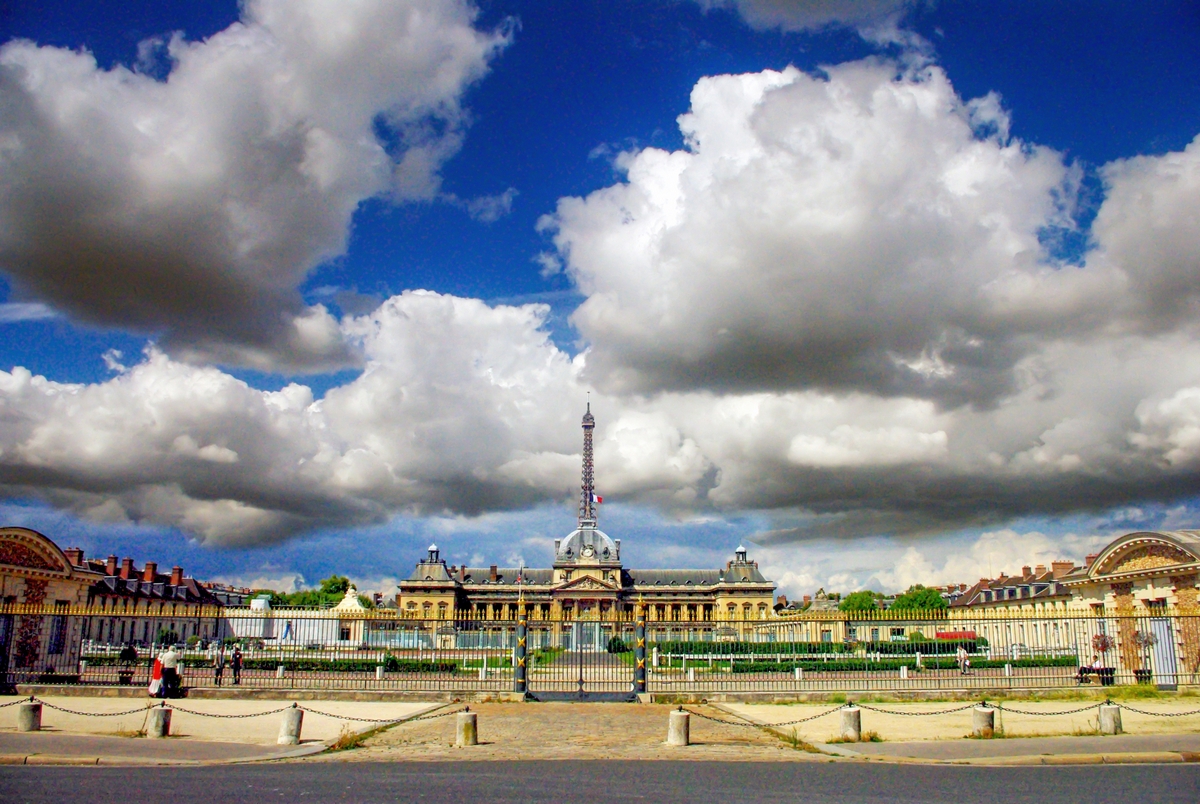
8th arrondissement
- Place de l’Alma
- Place Saint-Augustin
- Rond-Point des Champs-Elysées
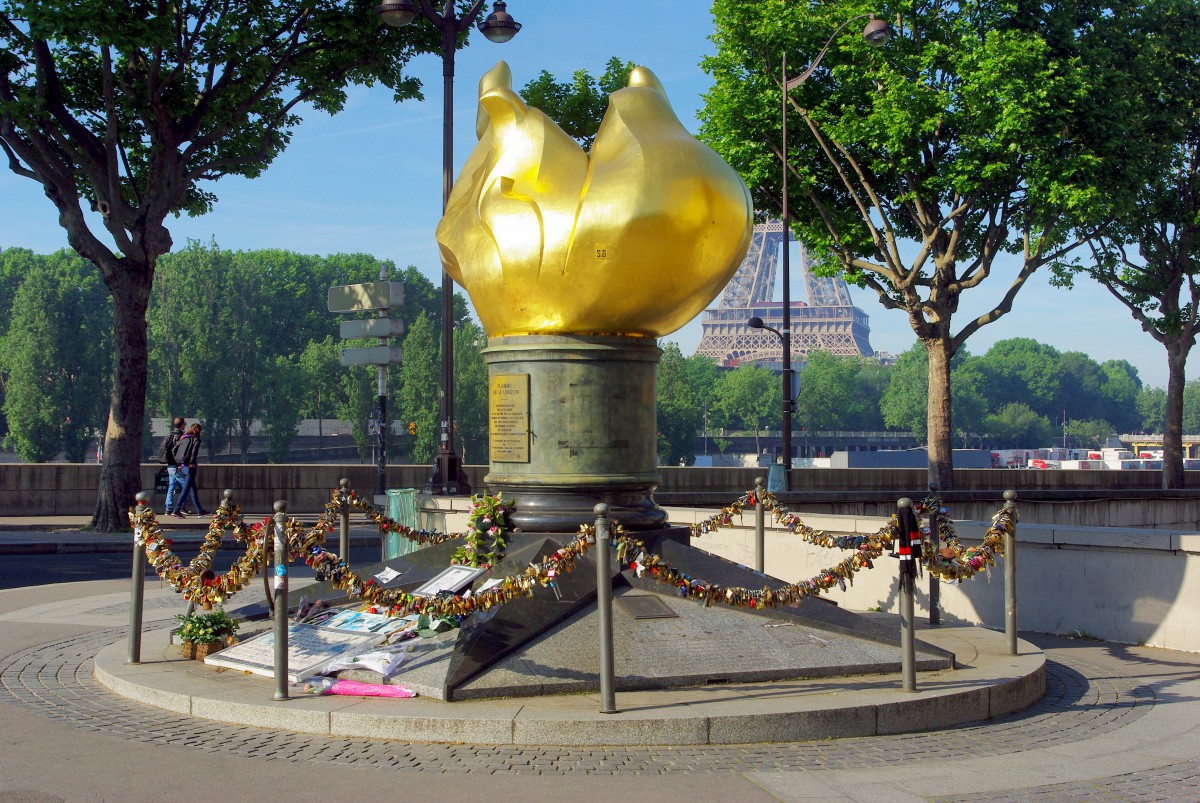
9th arrondissement
- Place Edouard-VII
- the busy Place de l’Opéra
- Place Saint-Georges
- and Place Pigalle
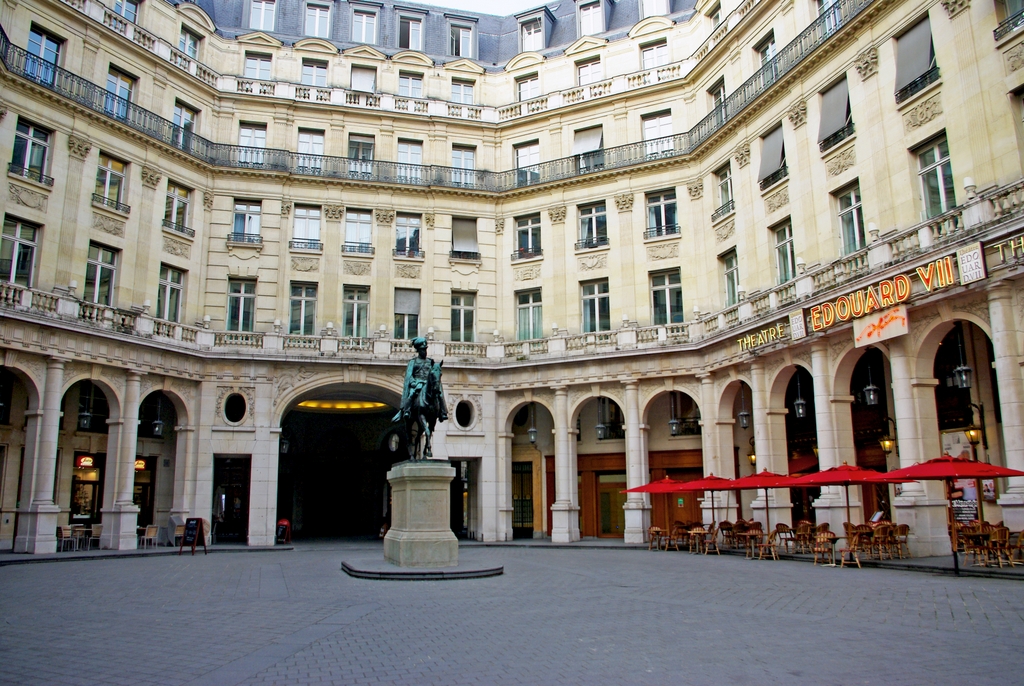
10th arrondissement
- Place du 11 novembre 1918 (gare de l’Est)
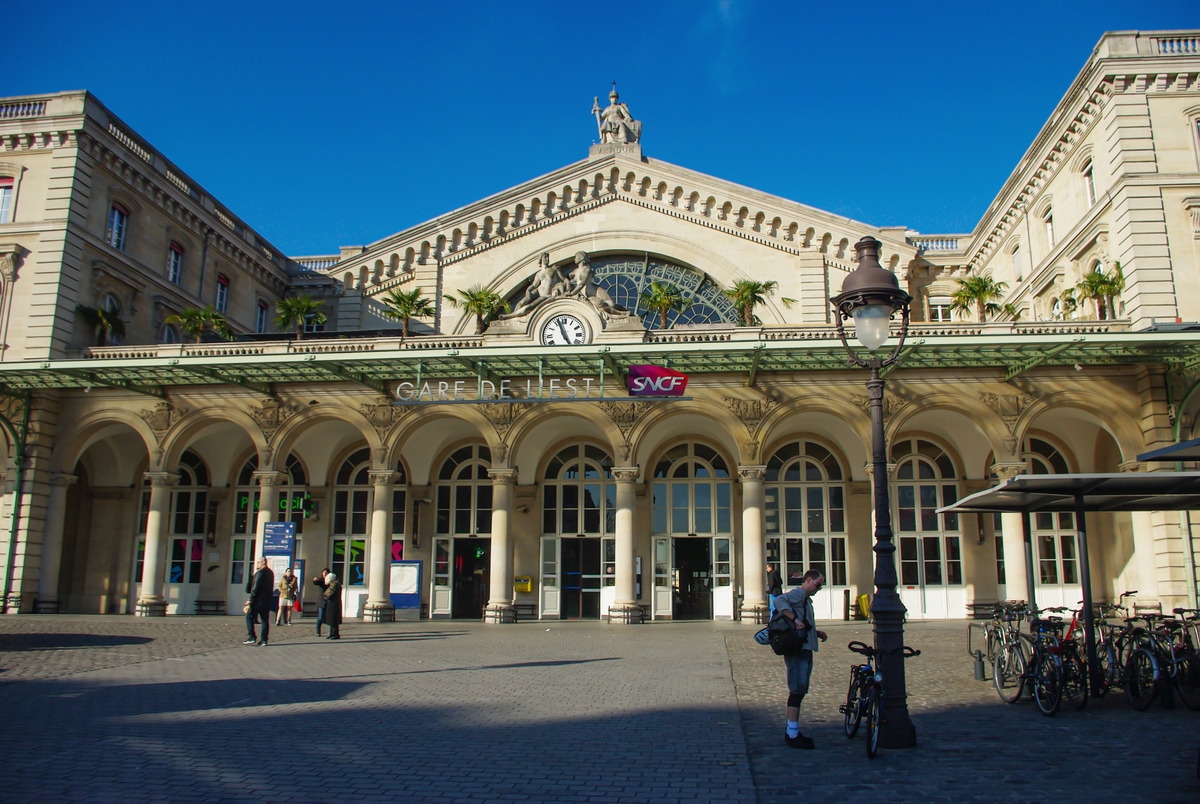
11th arrondissement
- Place Léon Blum
12th arrondissement
- Place Félix Eboué
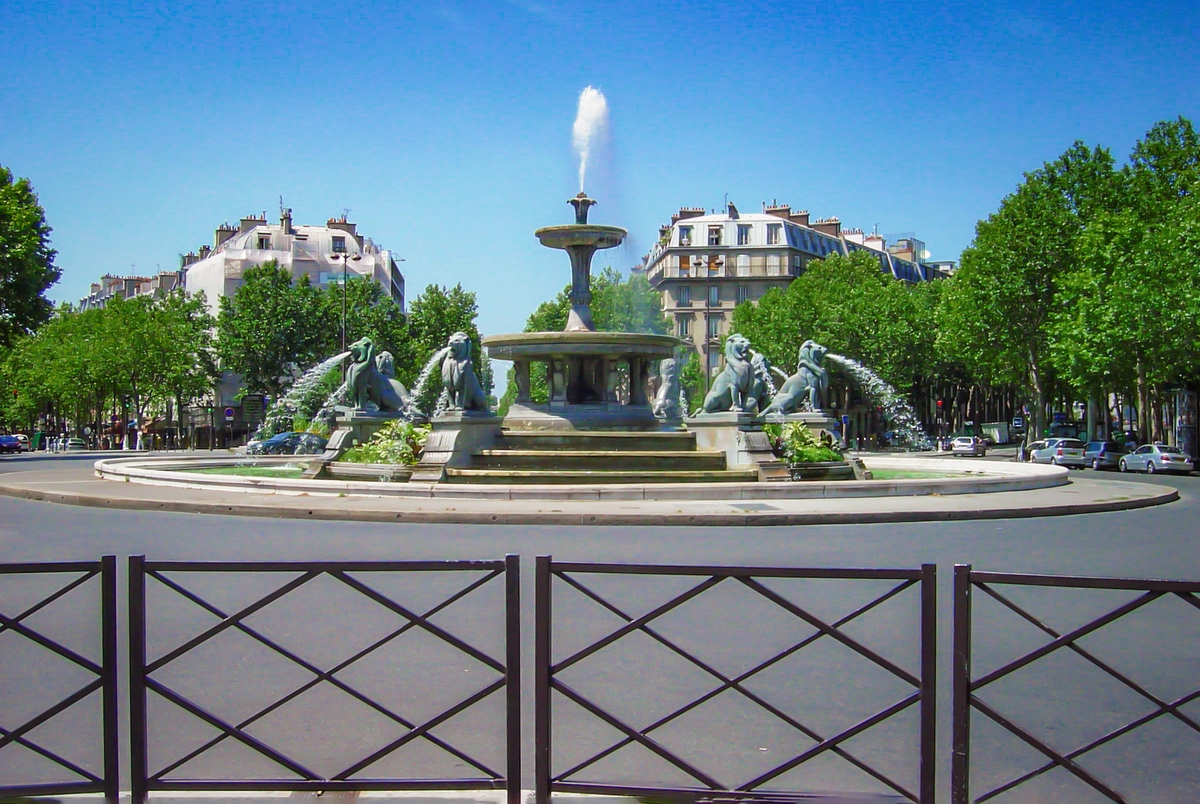
13th arrondissement
- Place de l’Abbé Georges Henocque
- Place d’Italie
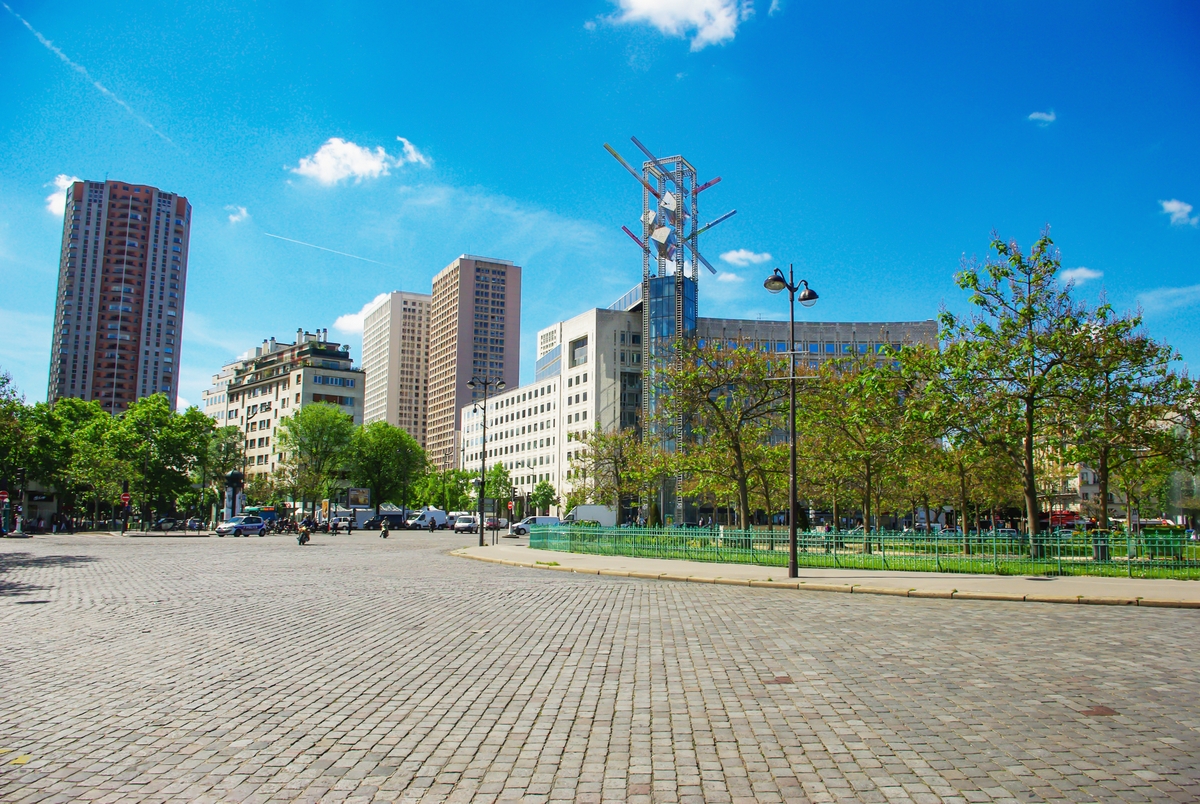
14th arrondissement
- Place de Catalogne
- Place Denfert-Rochereau (with a replica of the Lion of Belfort)
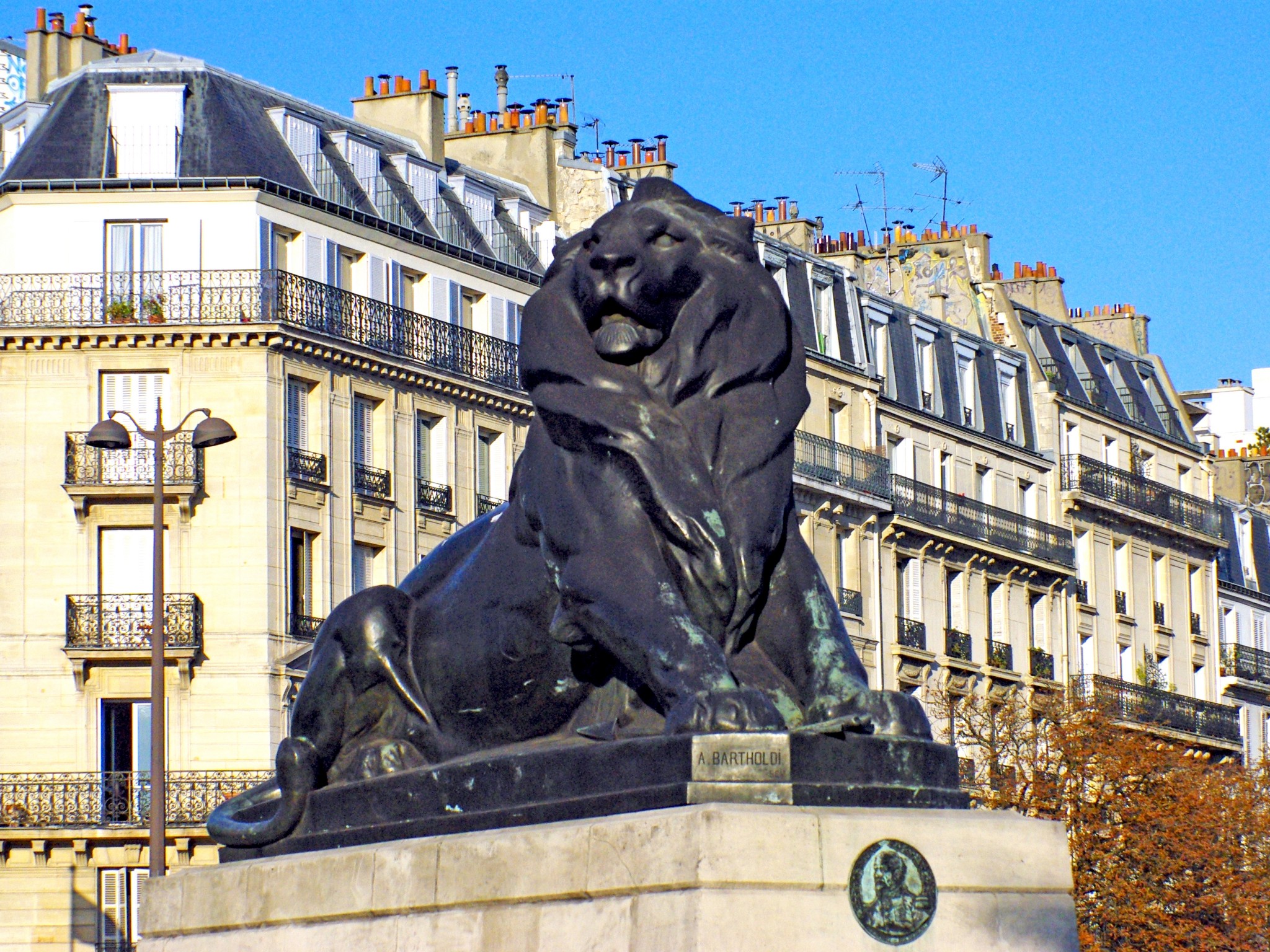
15th arrondissement
- Place du Commerce
- Place Etienne Pernet
- and Place Violet
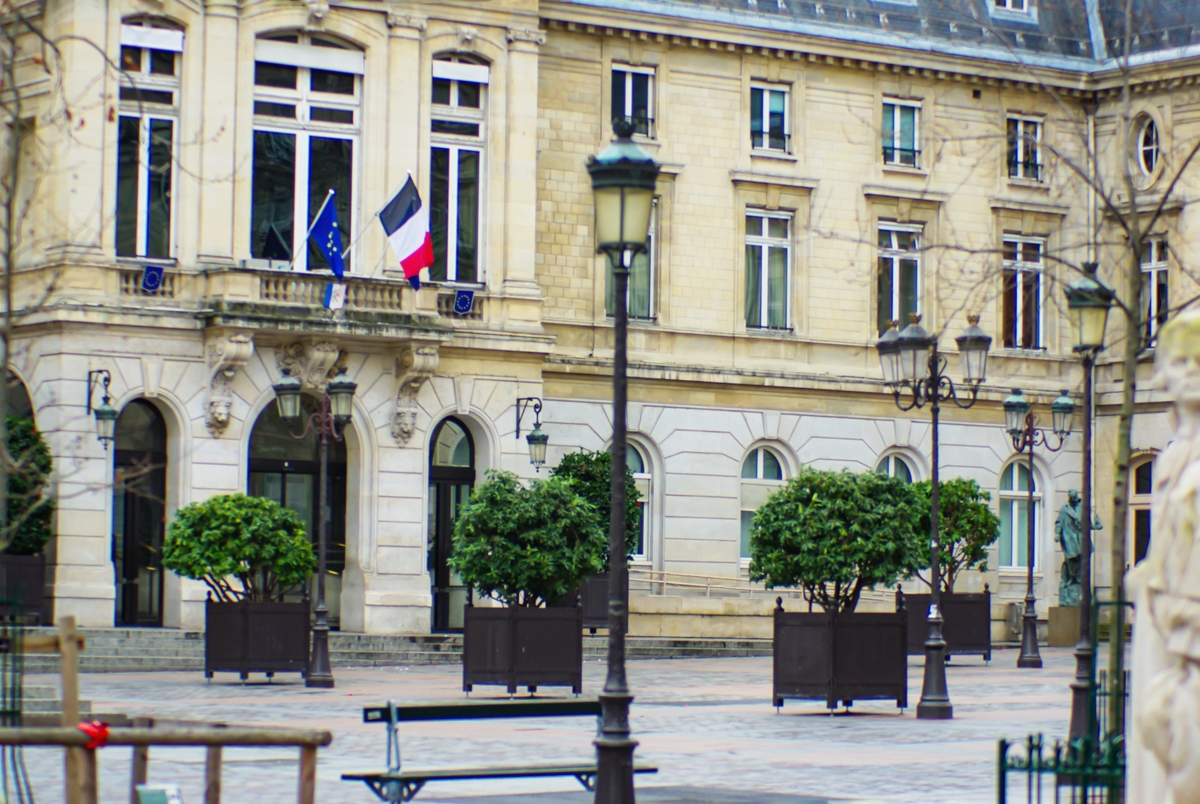
16th arrondissement
- Place d’Iéna
- Place du Trocadéro et du 11 novembre
- and Place Victor Hugo

17th arrondissement
- Place du Général Catroux
- Place du Maréchal Juin
- and Place des Ternes
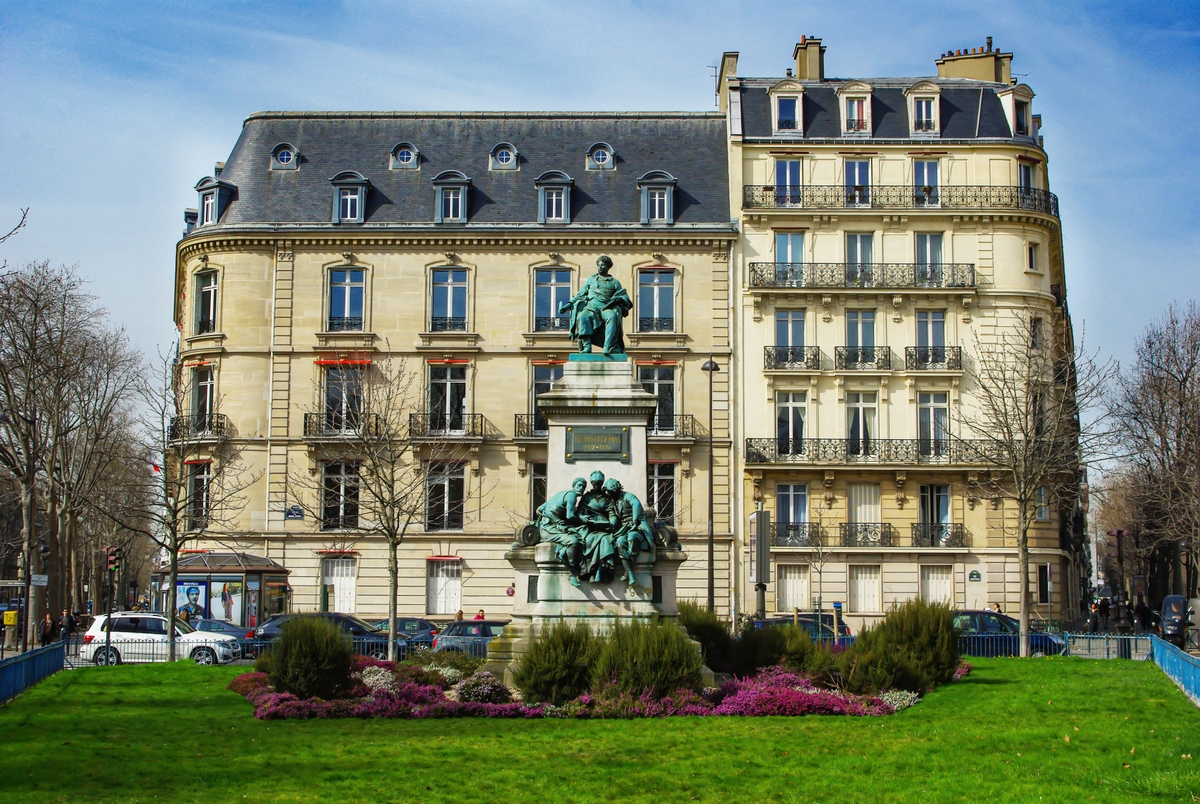
18th arrondissement
- Place des Abbesses
- Place Blanche
- the little Place Emile Goudeau
- and Place du Tertre

19th arrondissement
- Place de la Bataille de Stalingrad
- Place de la Fontaine aux Lions
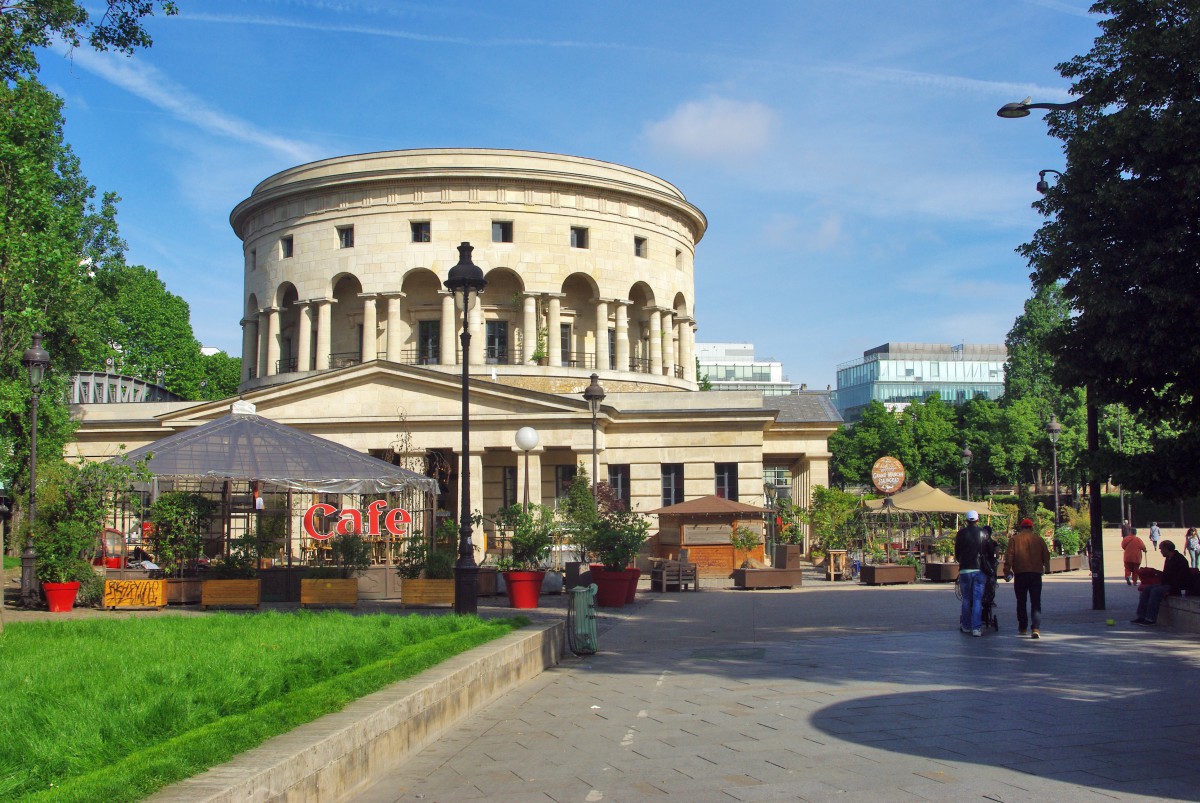
20th arrondissement
- Place Gambetta
- Place Saint-Blaise
What to do in Paris?
Here’s a list of great activities you can join while visiting Paris and the region!
English-French Vocabulary
(f) for féminin, (m) for masculin, (adj) for adjective and (v) for verbs
- arch = arc (m)
- cathedral = cathédrale (f)
- city-hall = hôtel de ville (m)
- church = église (f)
- monument = monument (m)
- palace = palais (m)
- Republic = République (f)
- roundabout = rond-point (m)
- square = place (f)
- statue = statue (f)
- street = rue (f)
- strike = grève (f)
- triumphal arch = arc de triomphe (m)
Beautiful Squares of Paris: Pin it for later!
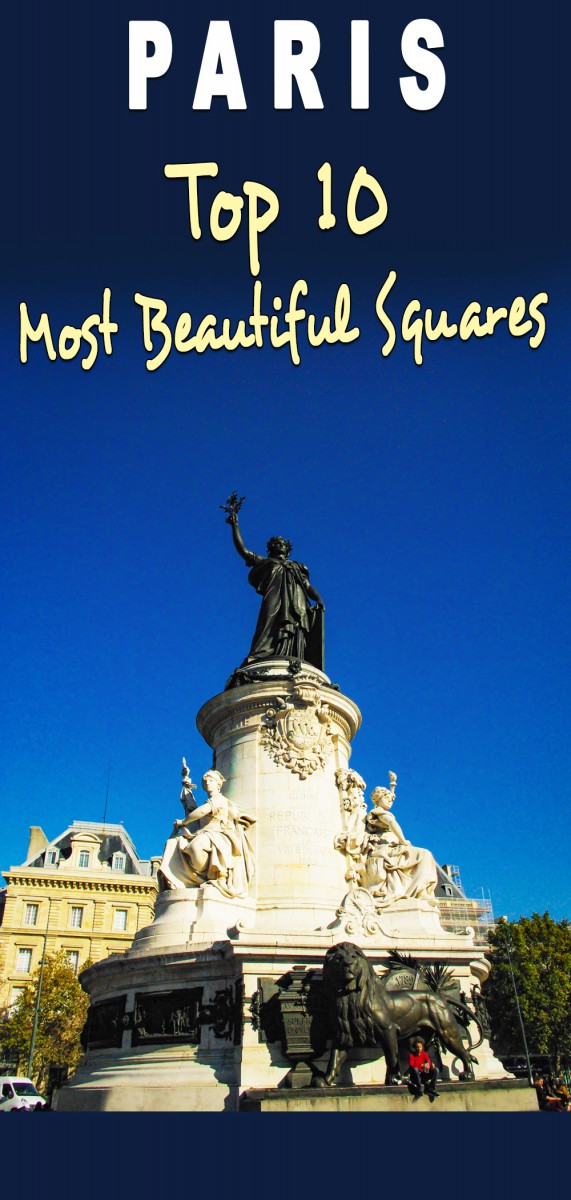

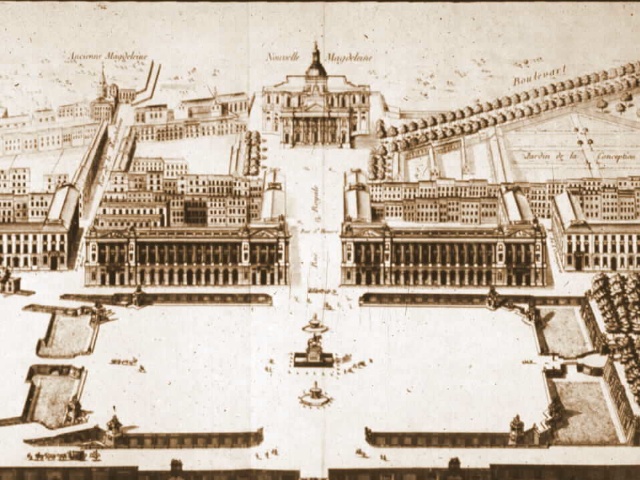
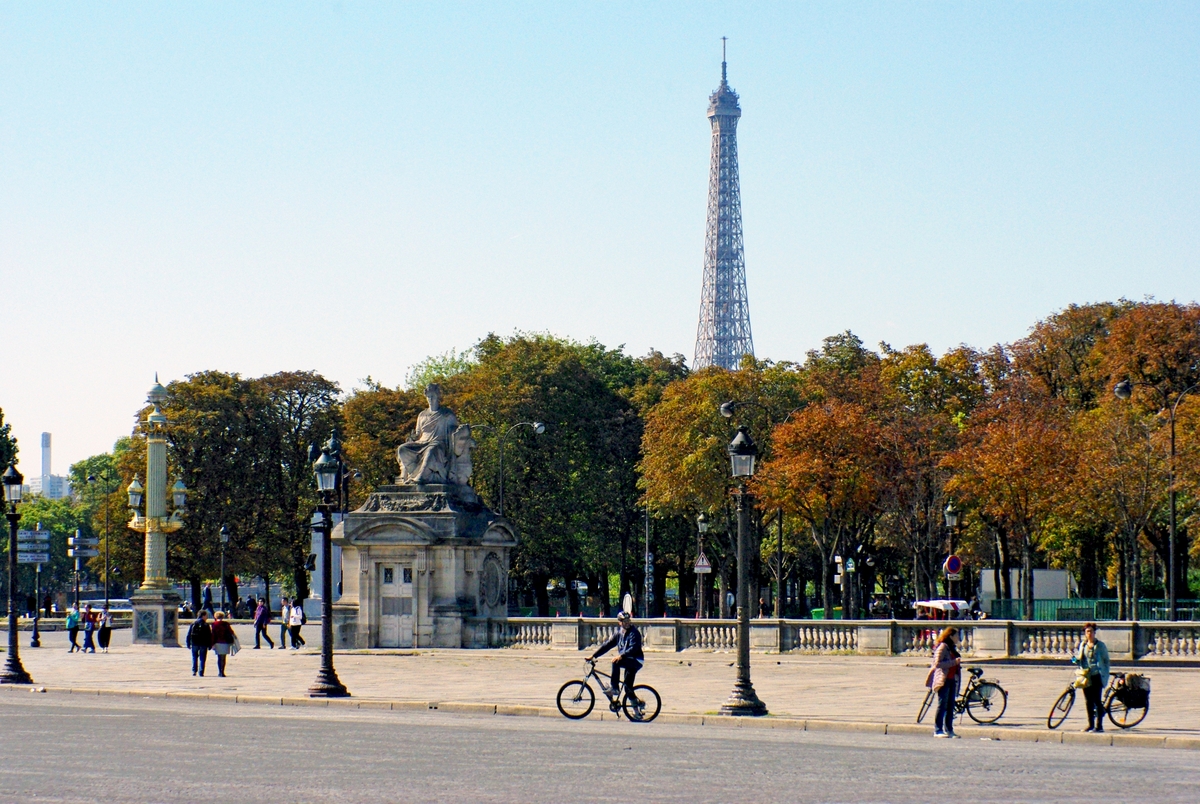
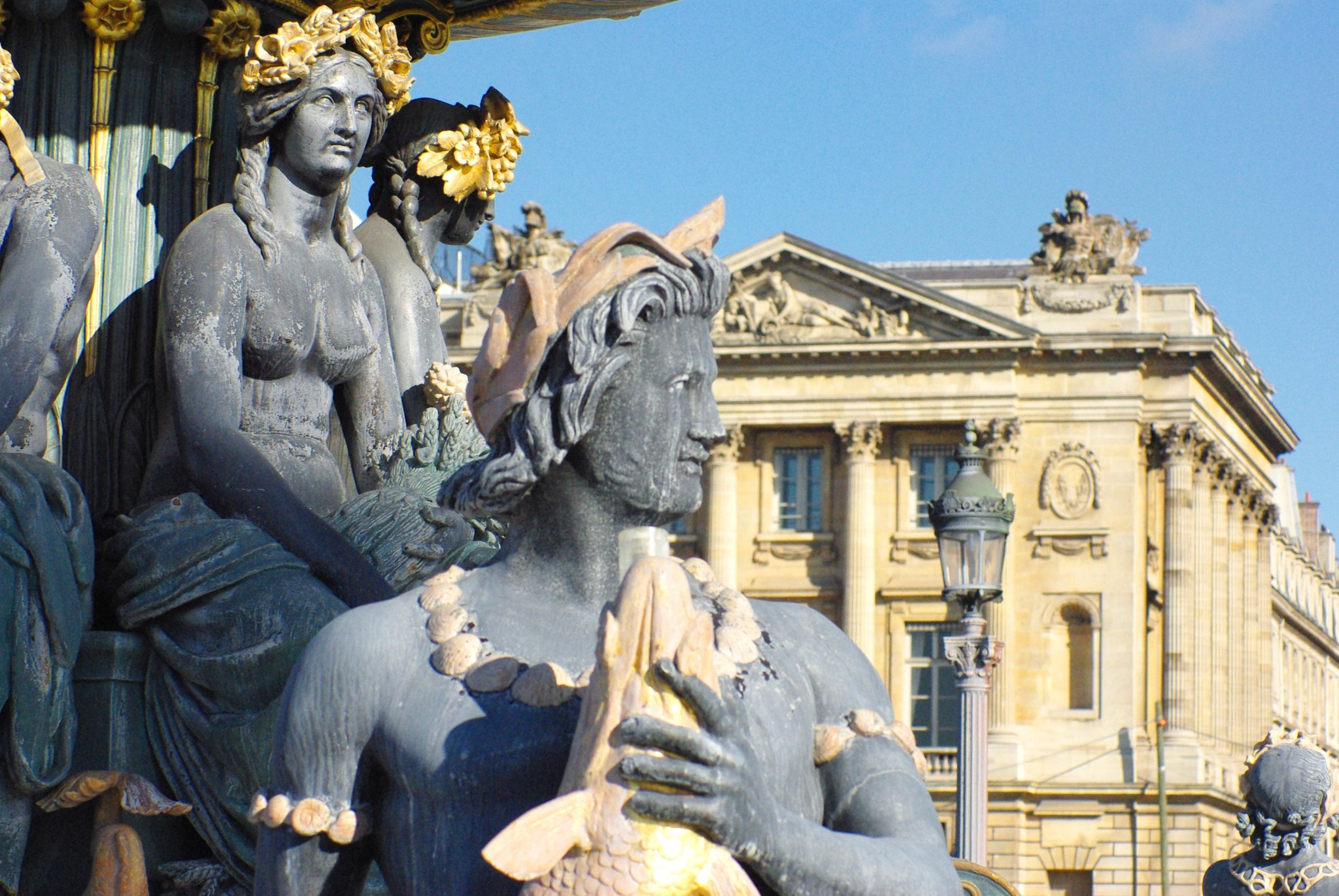
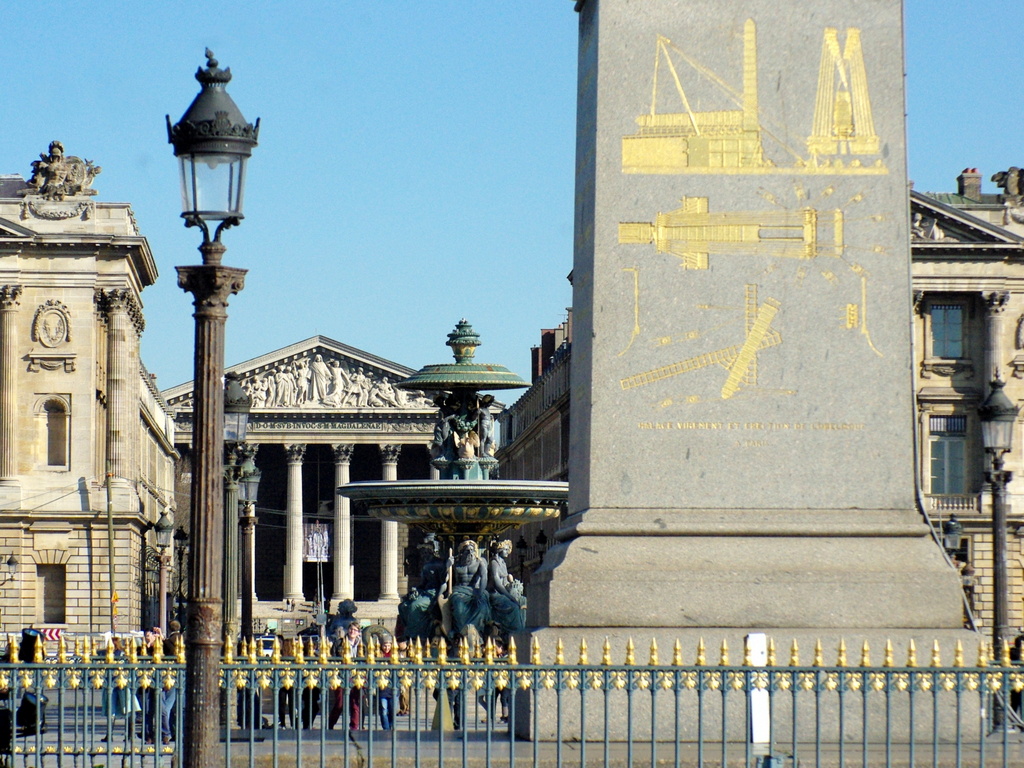
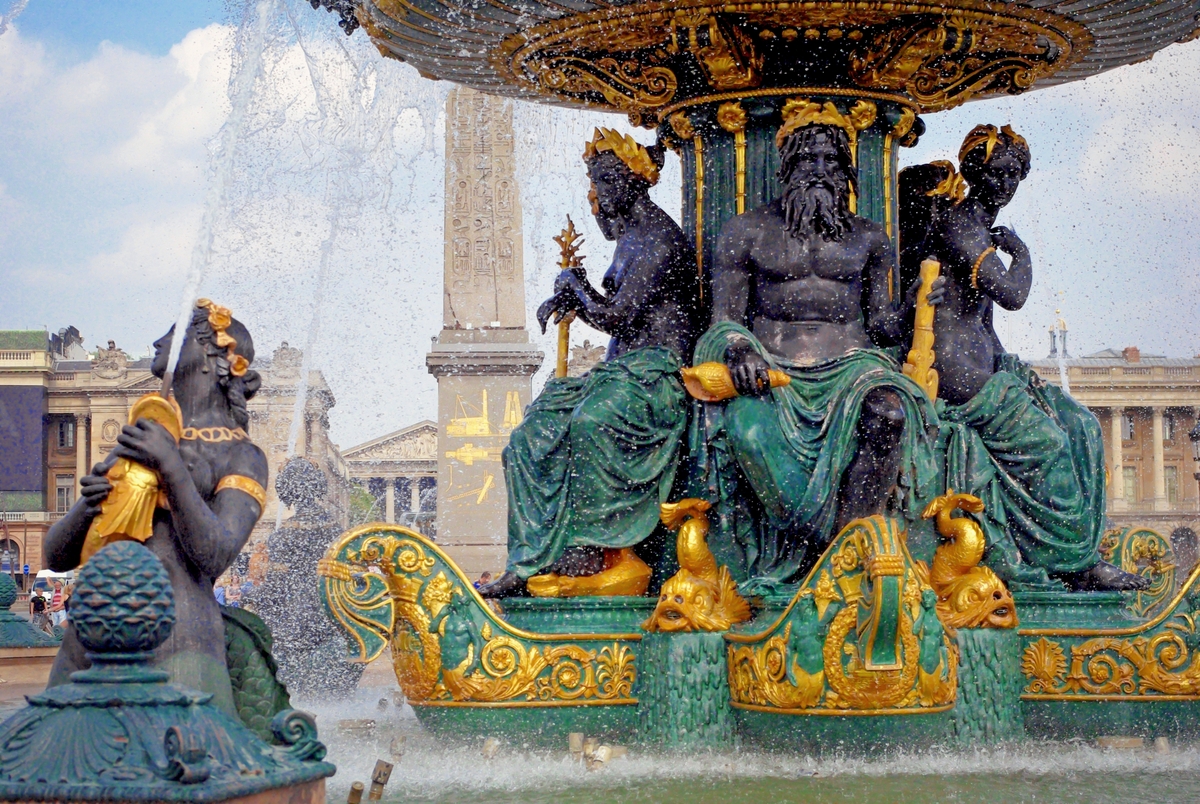
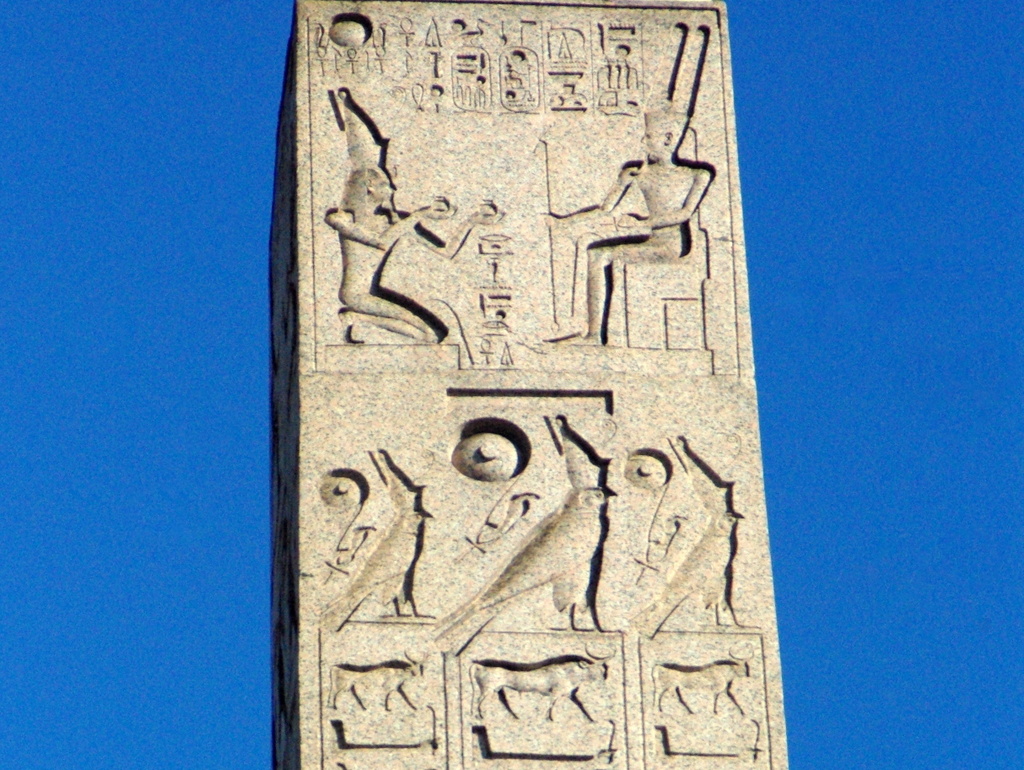
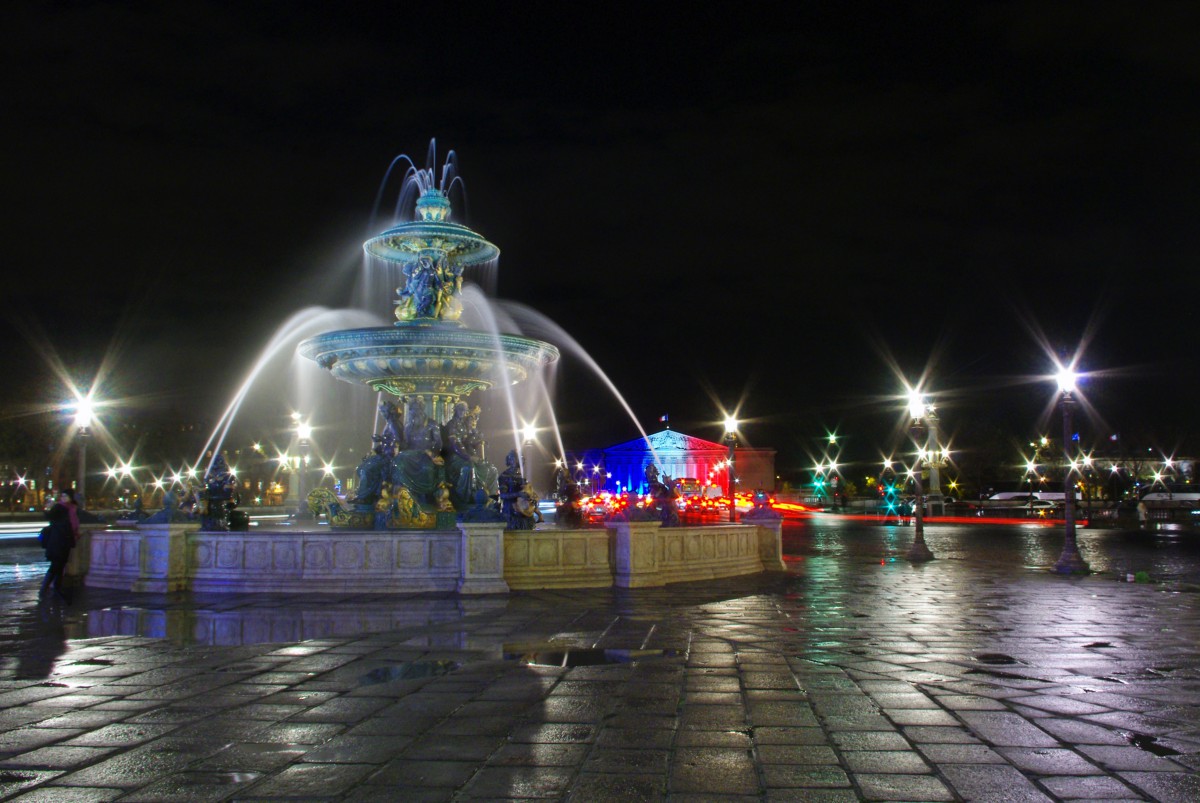
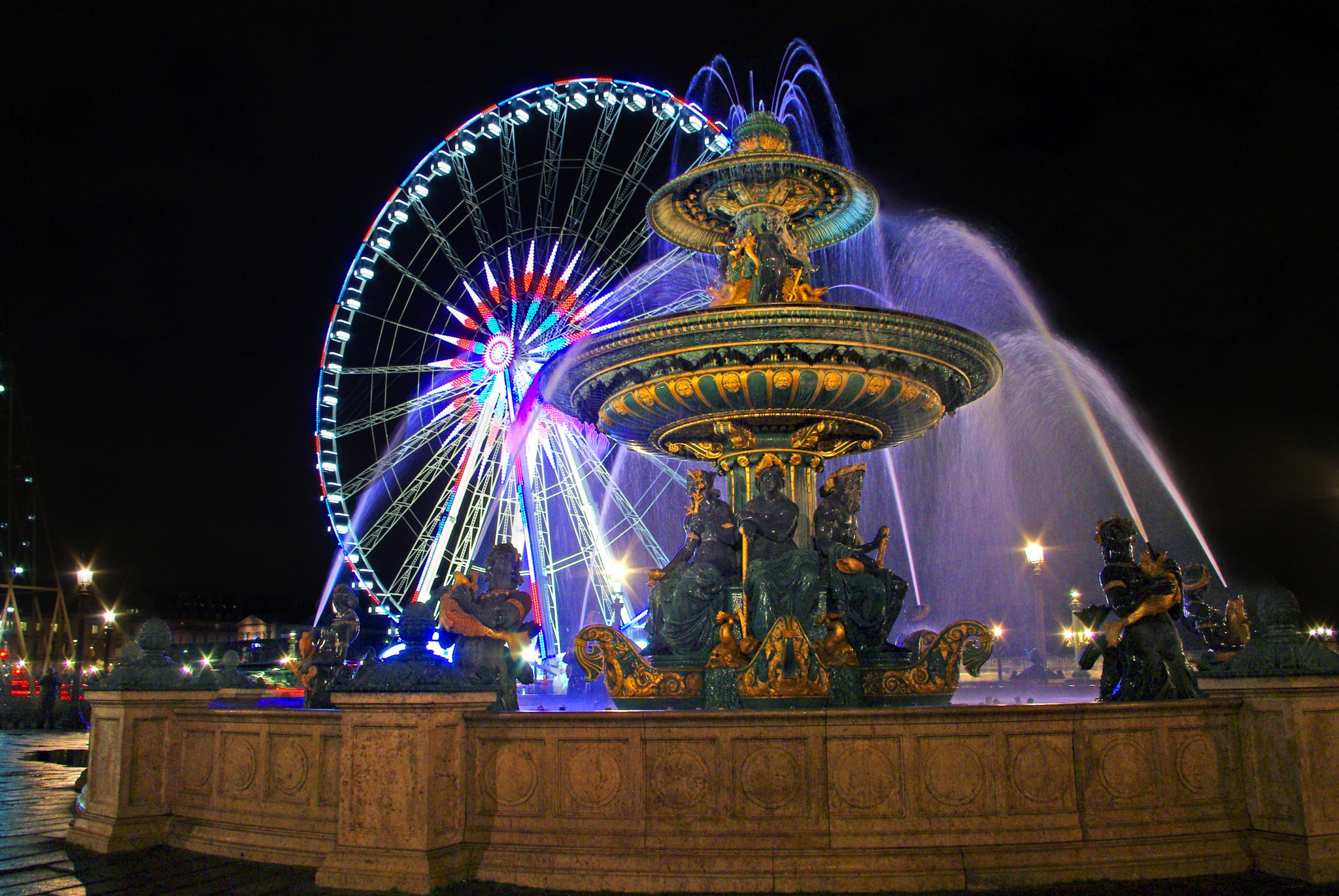

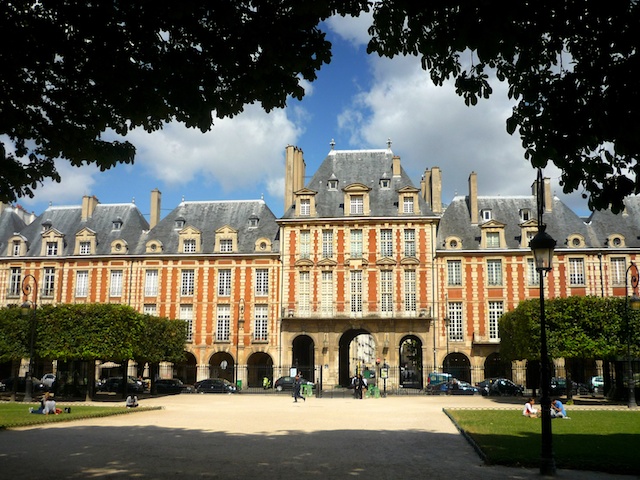
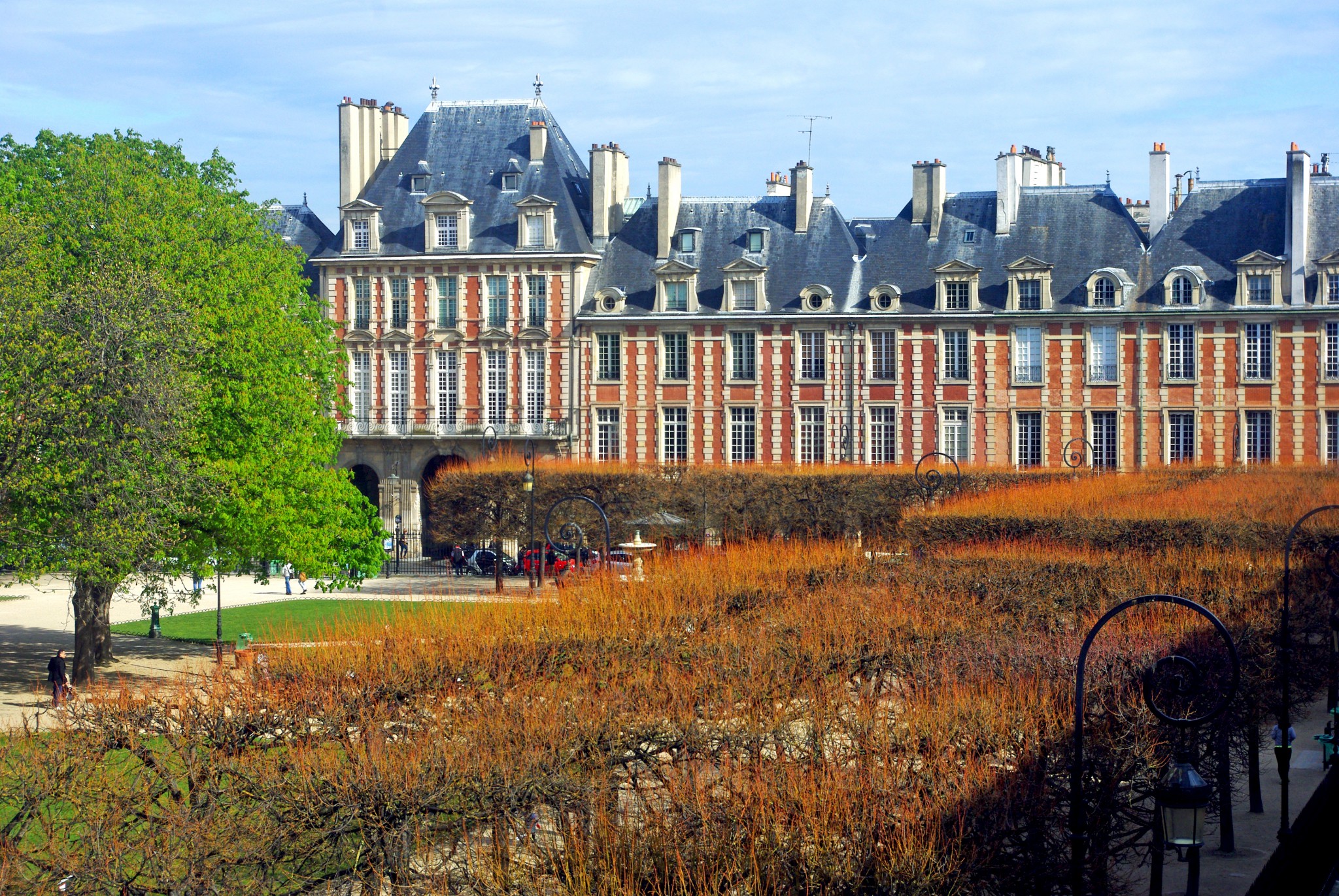
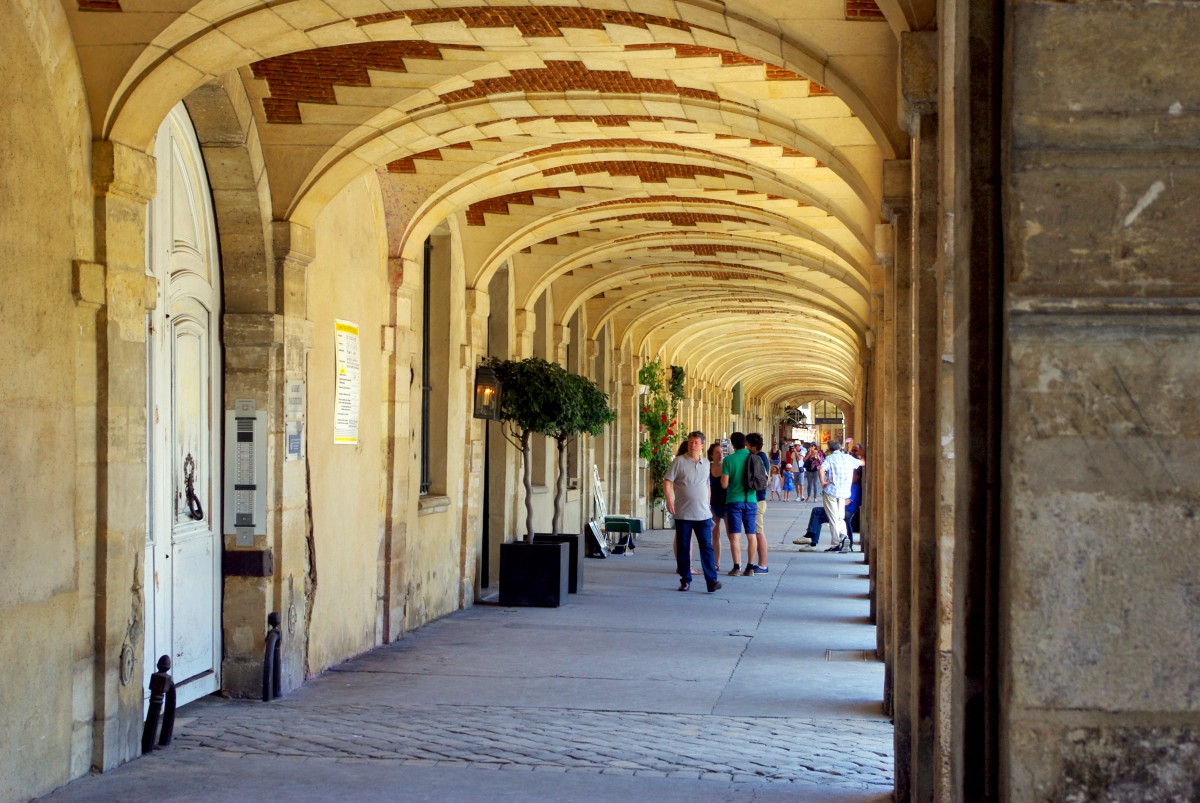
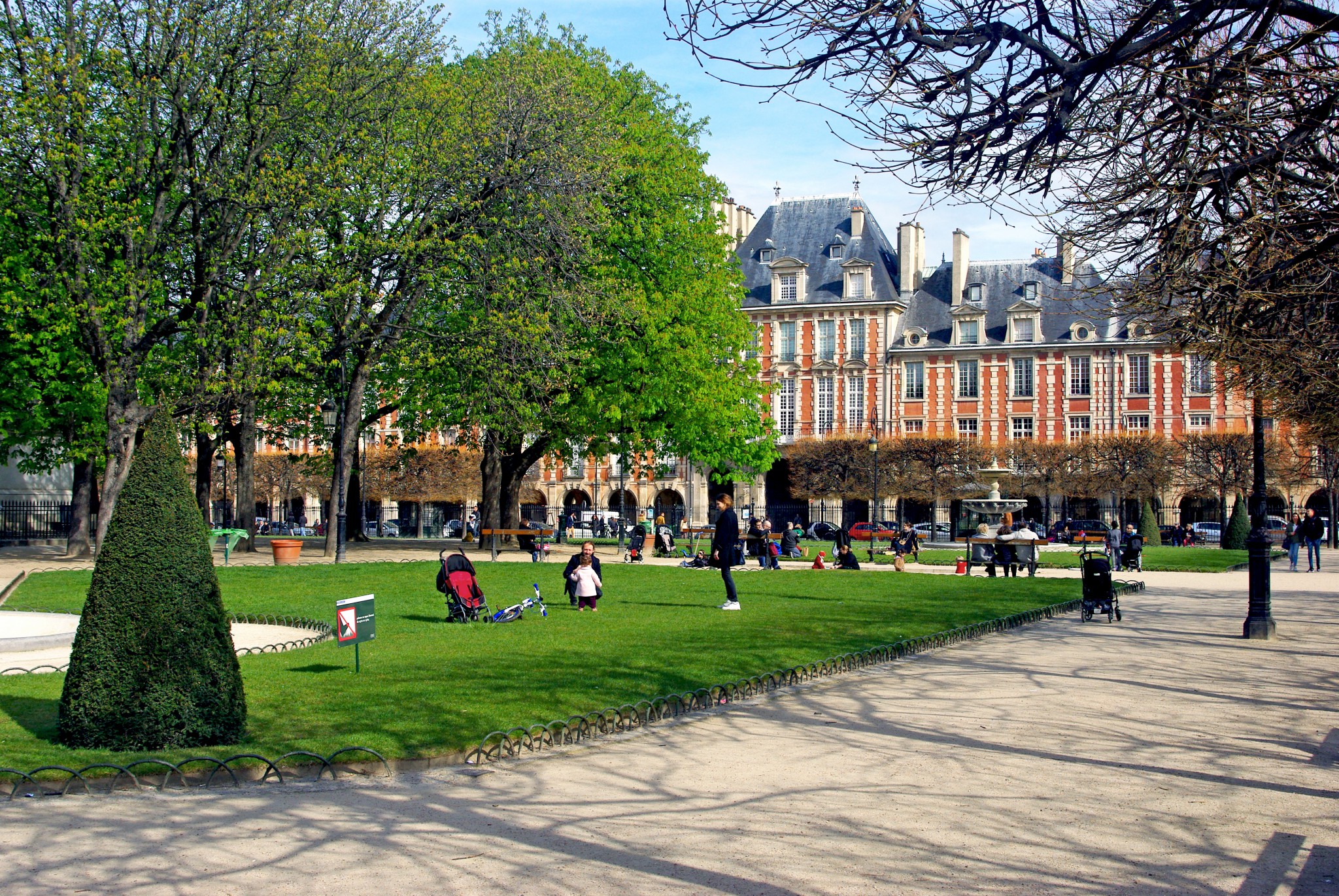
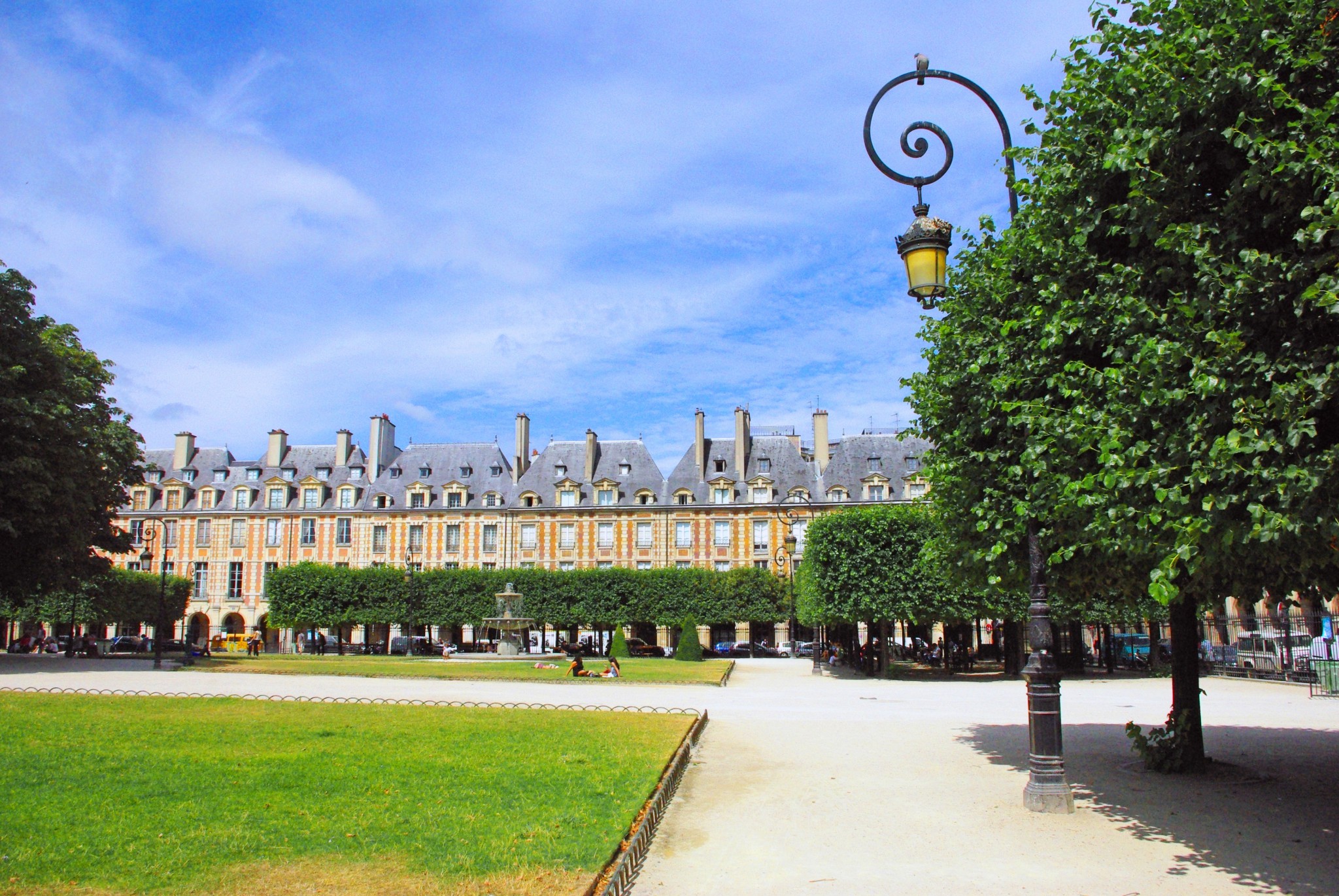
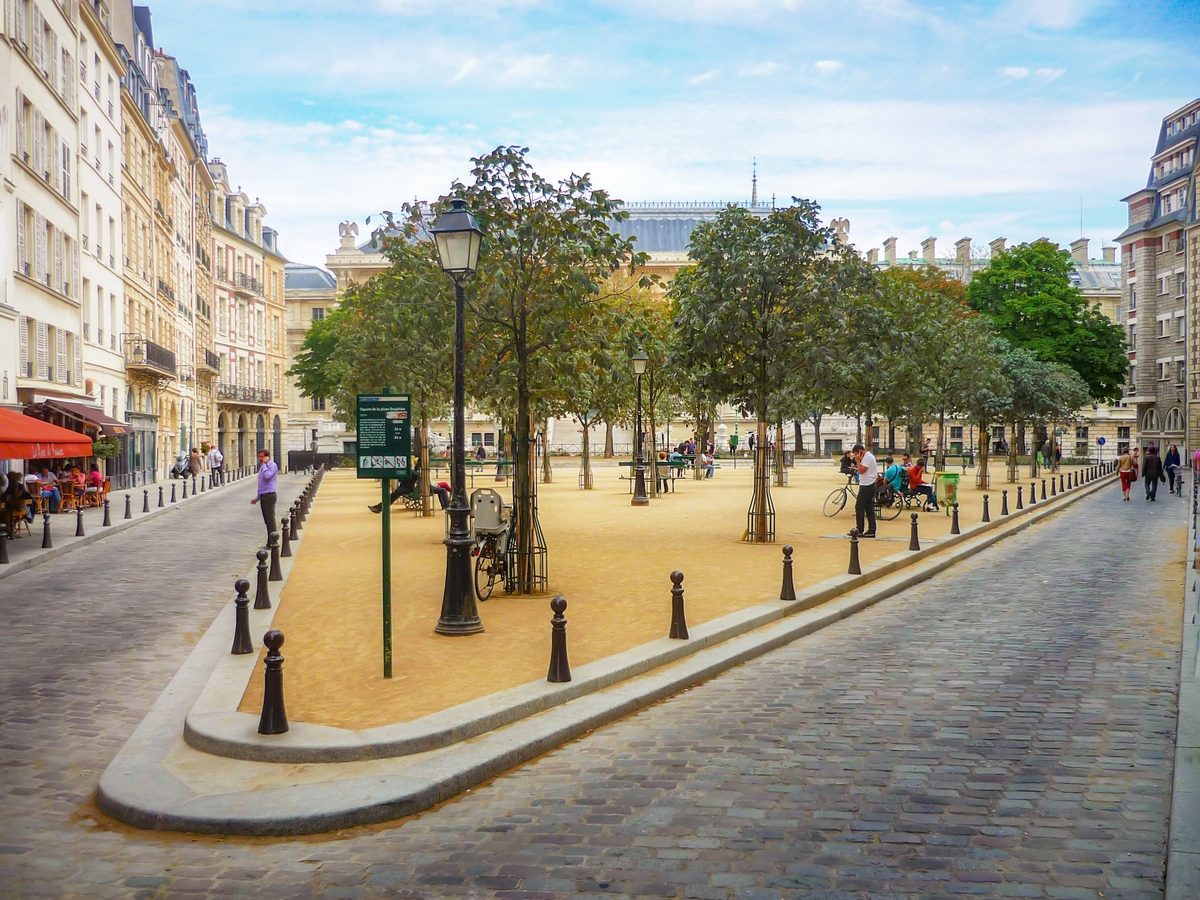
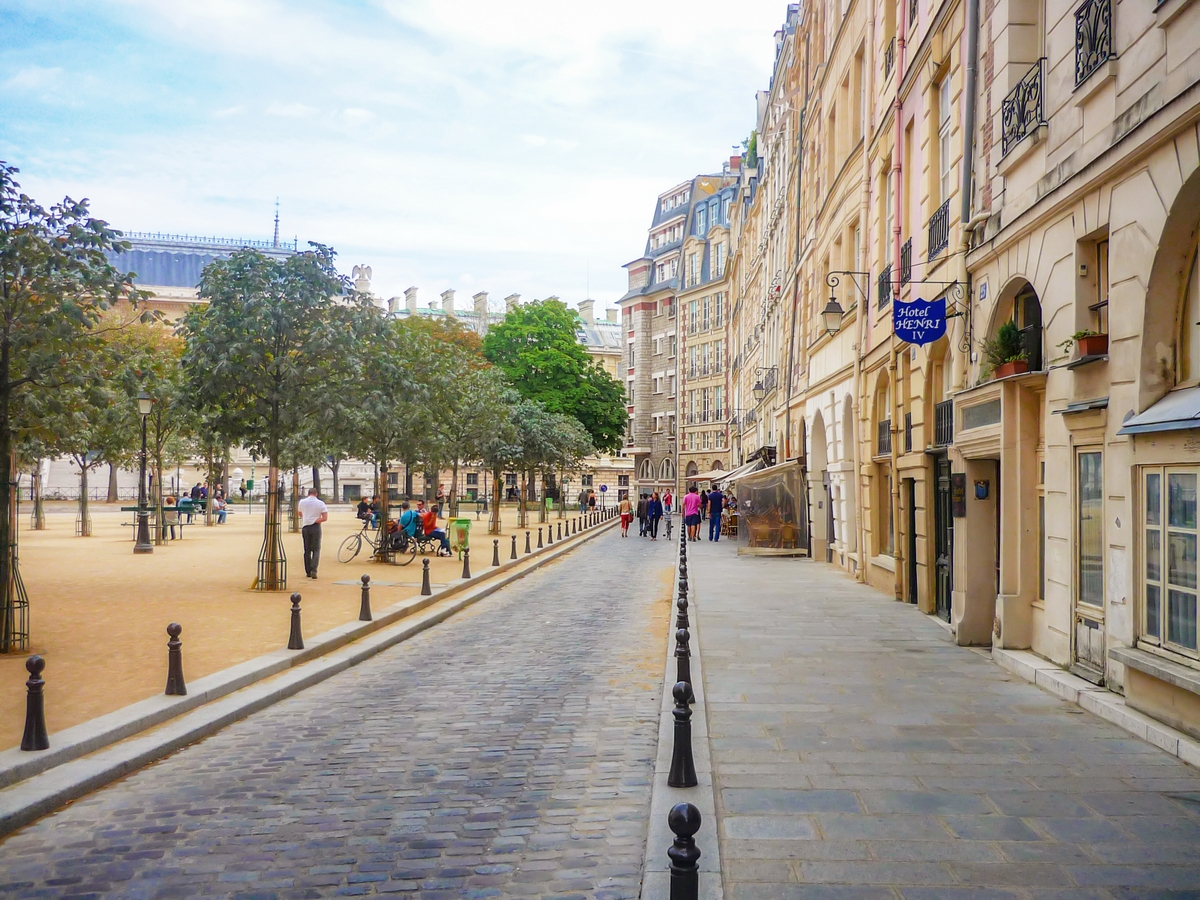
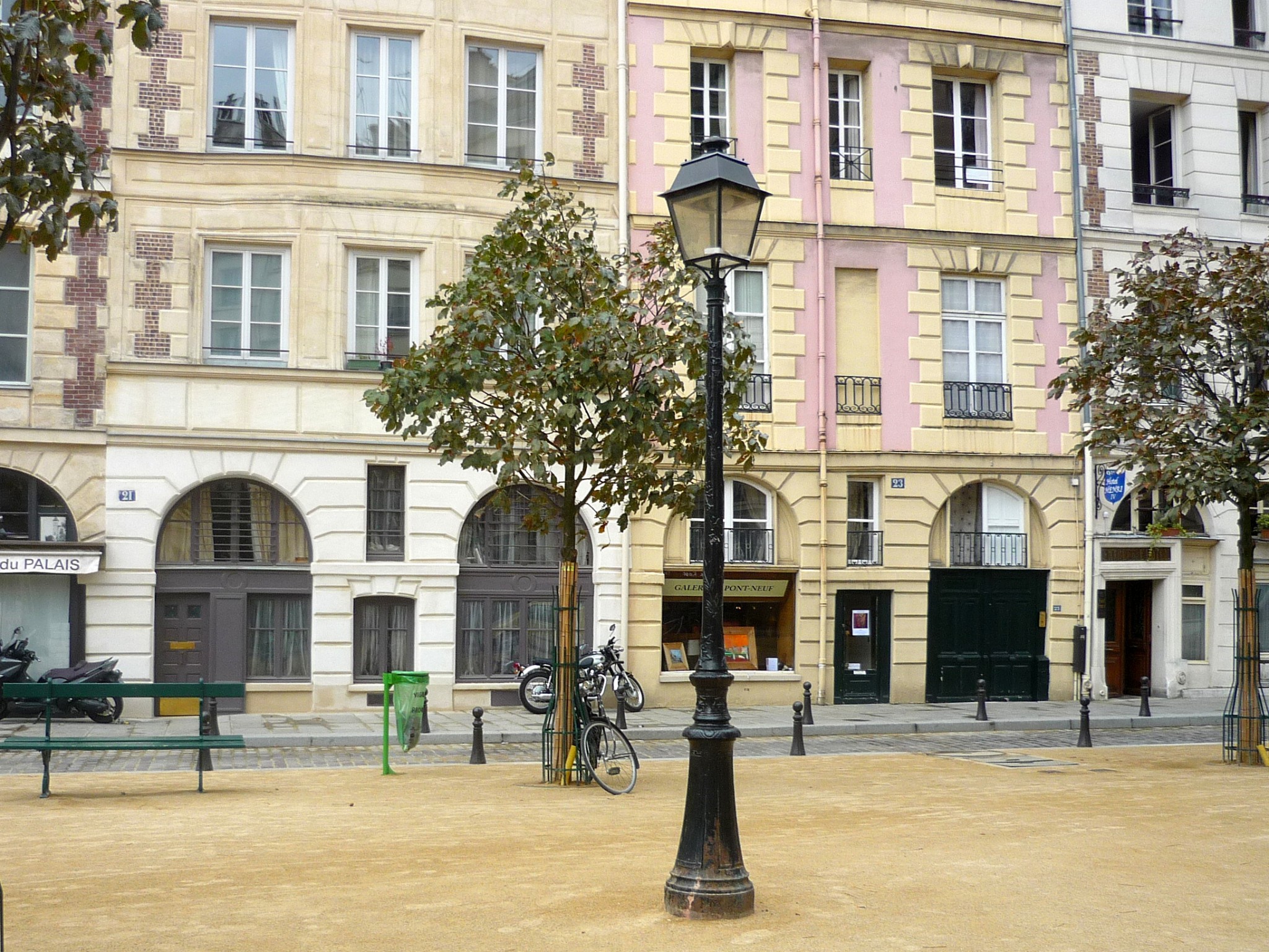
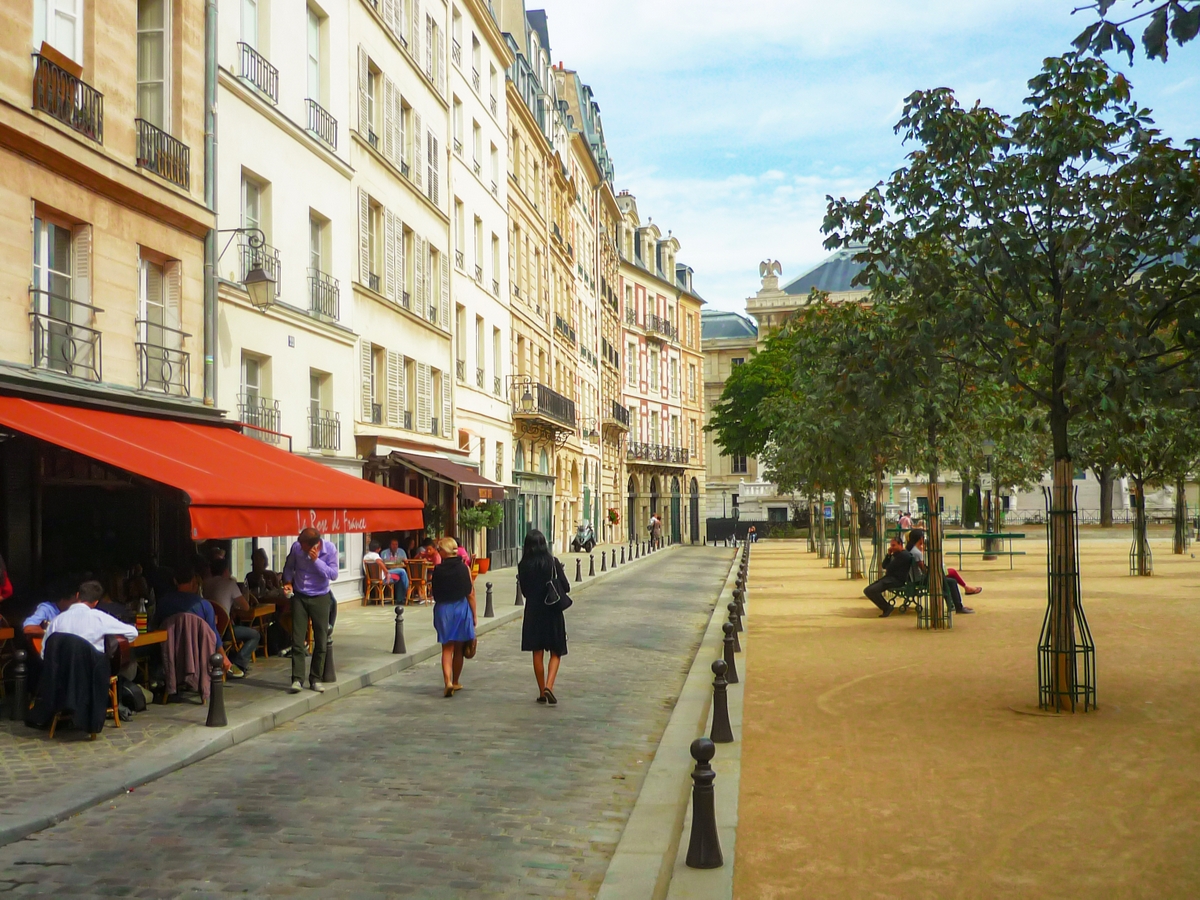
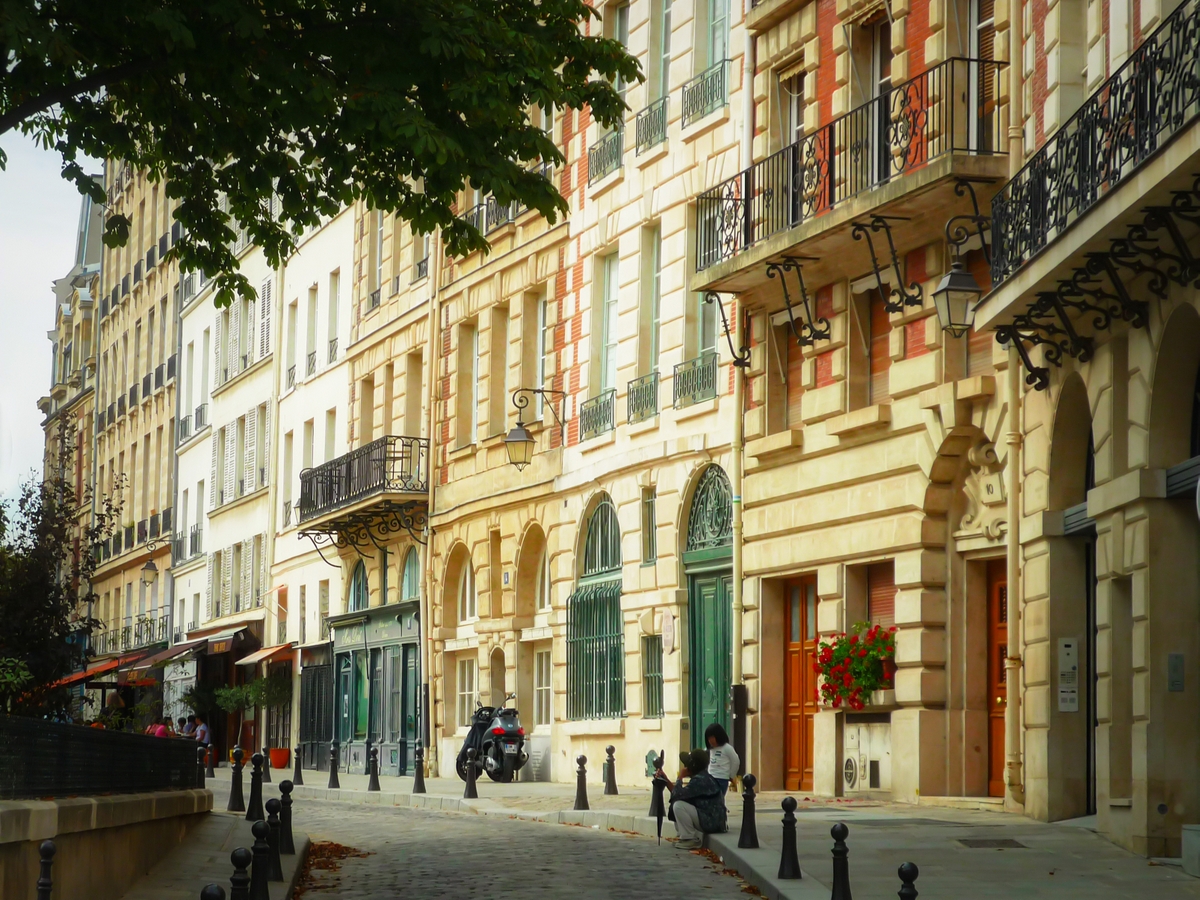
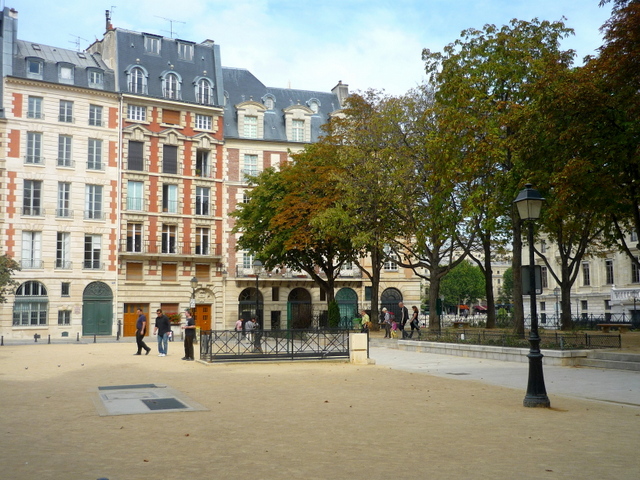
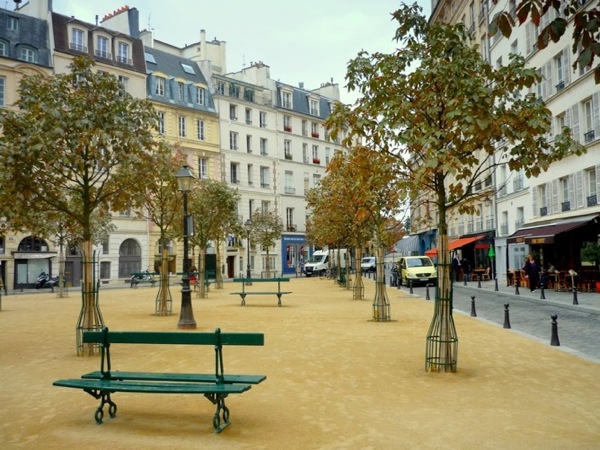
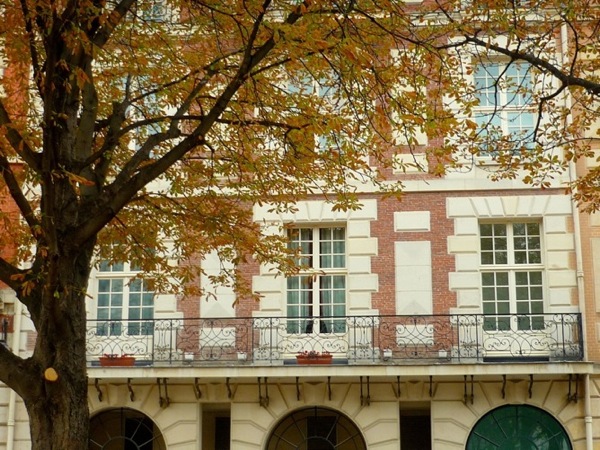
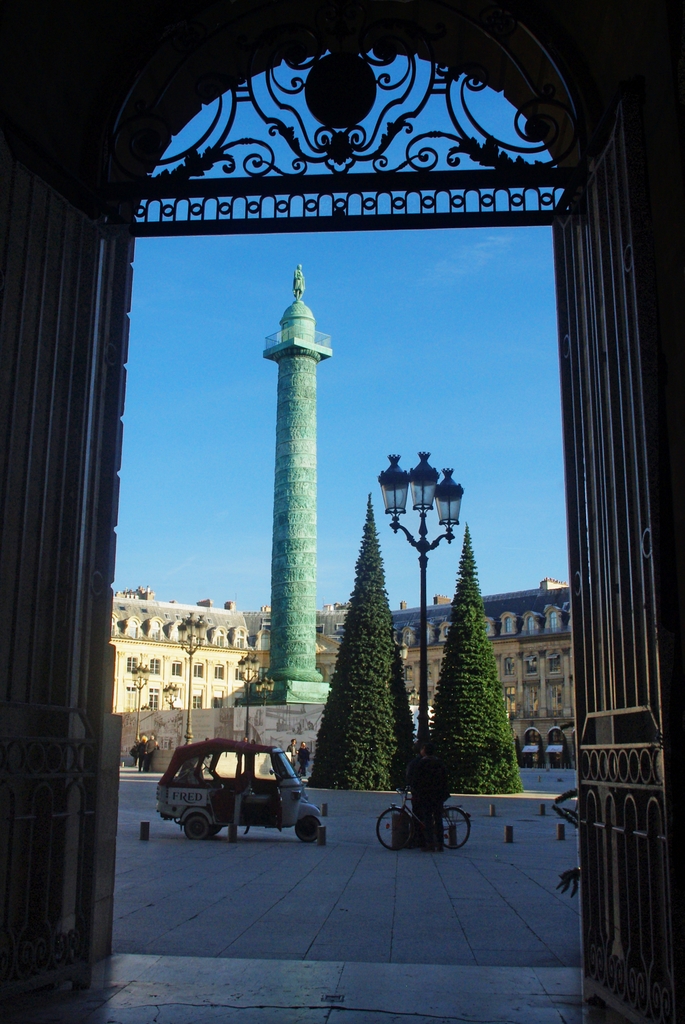
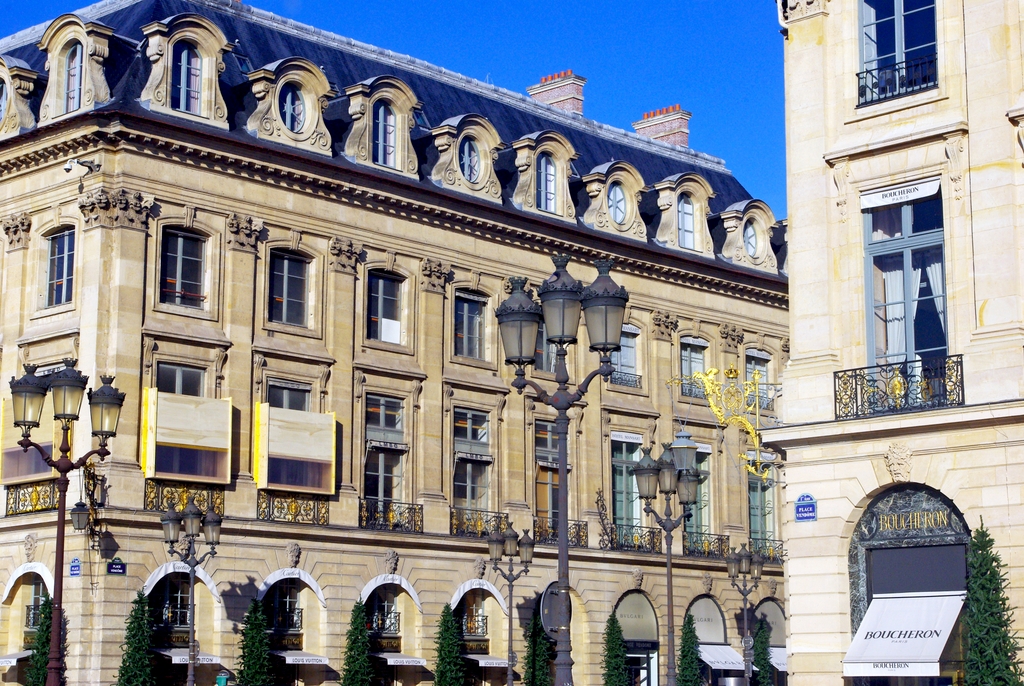

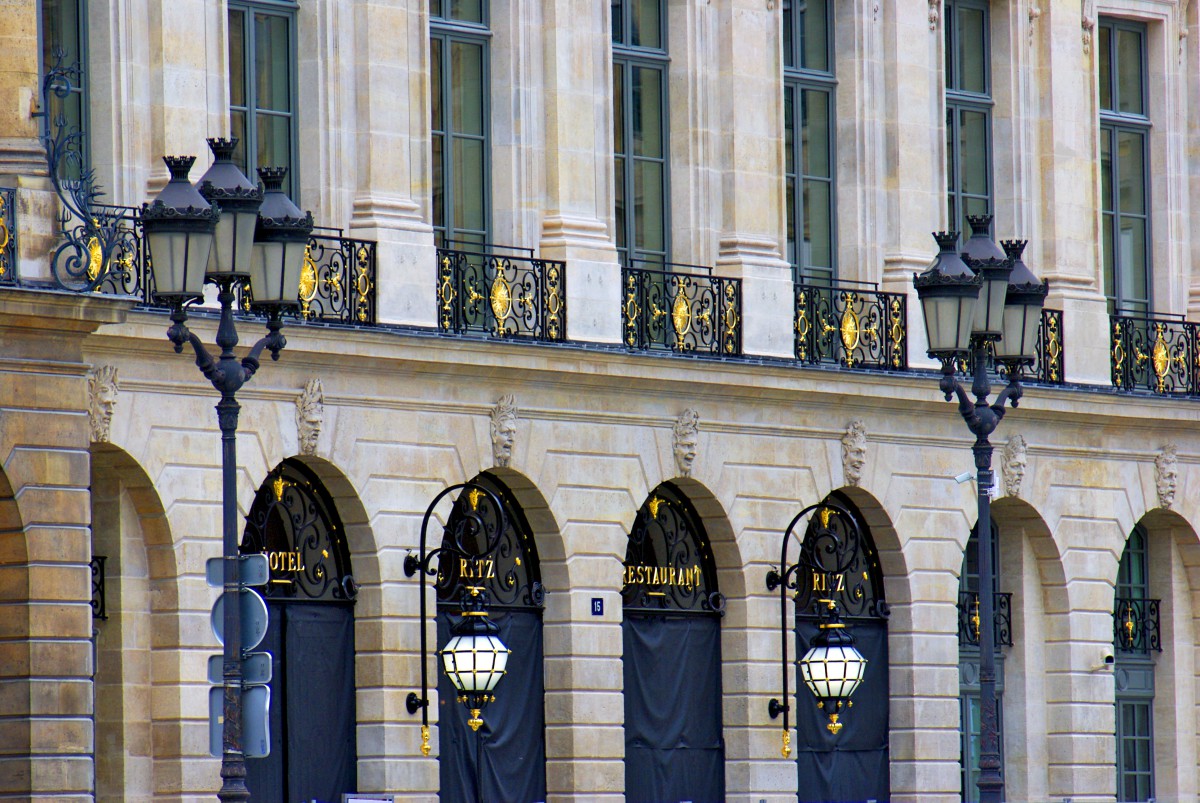
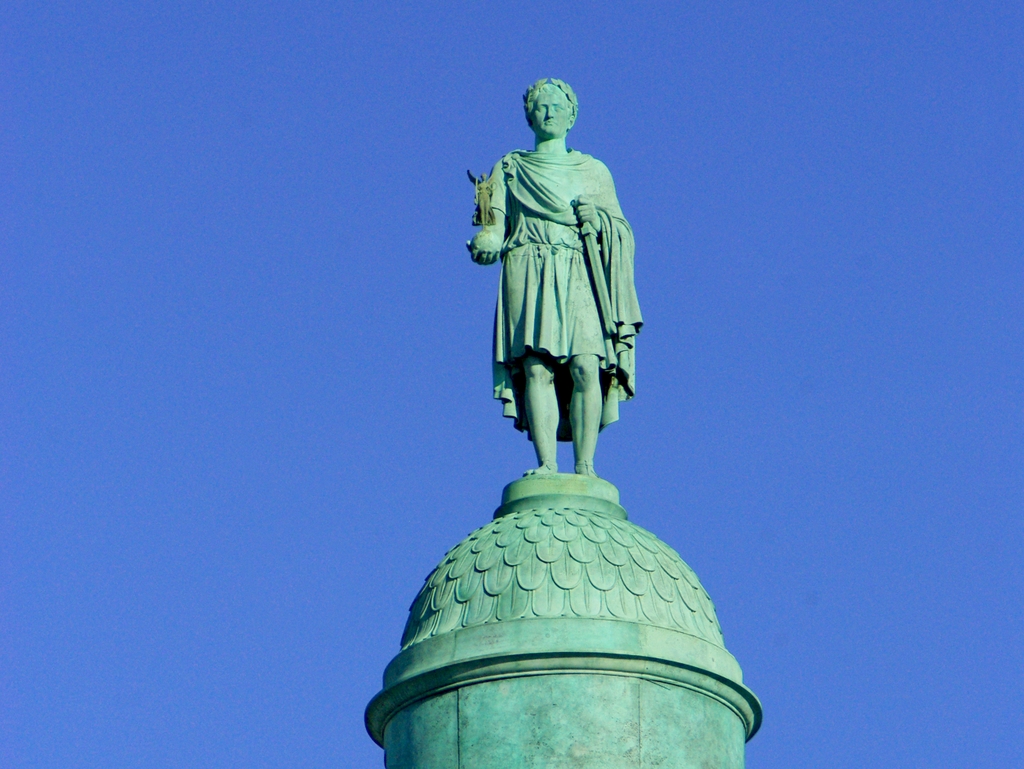
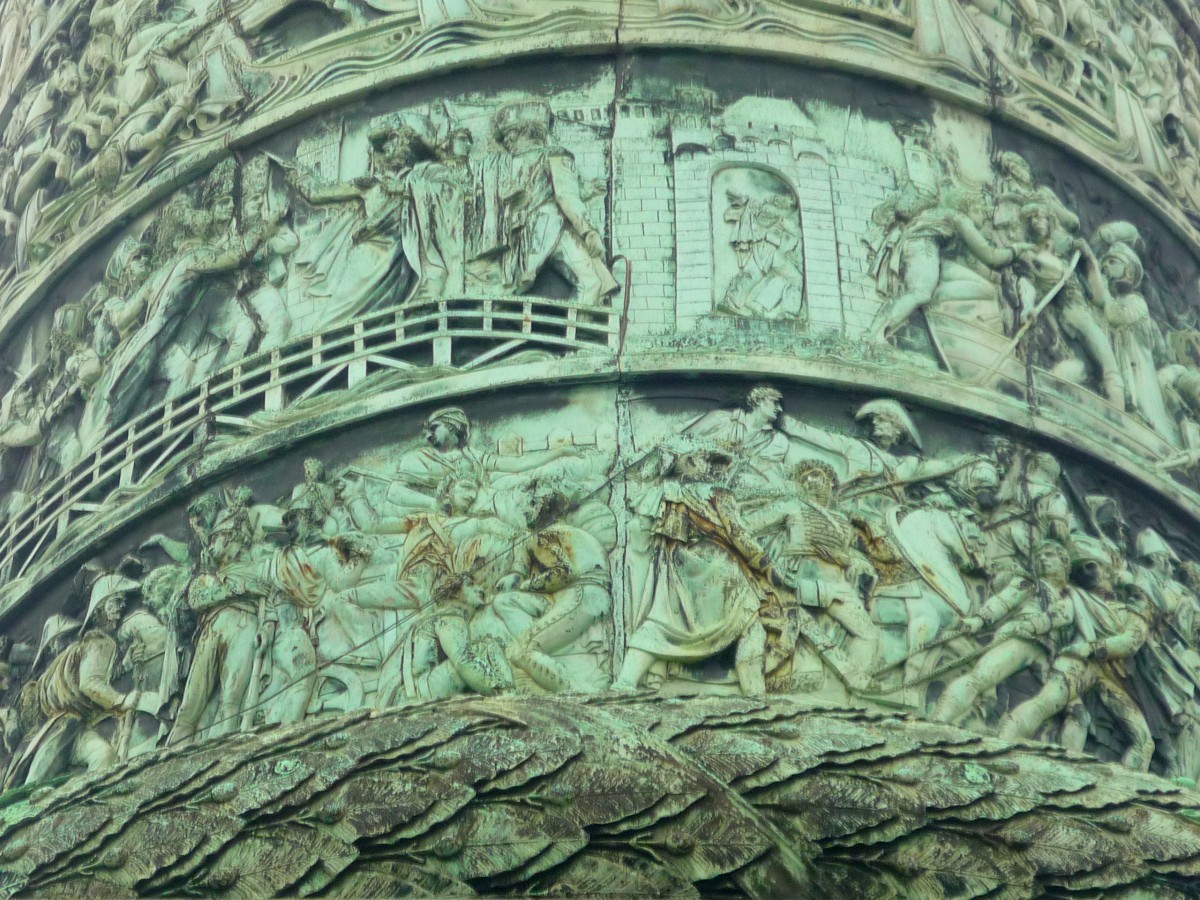
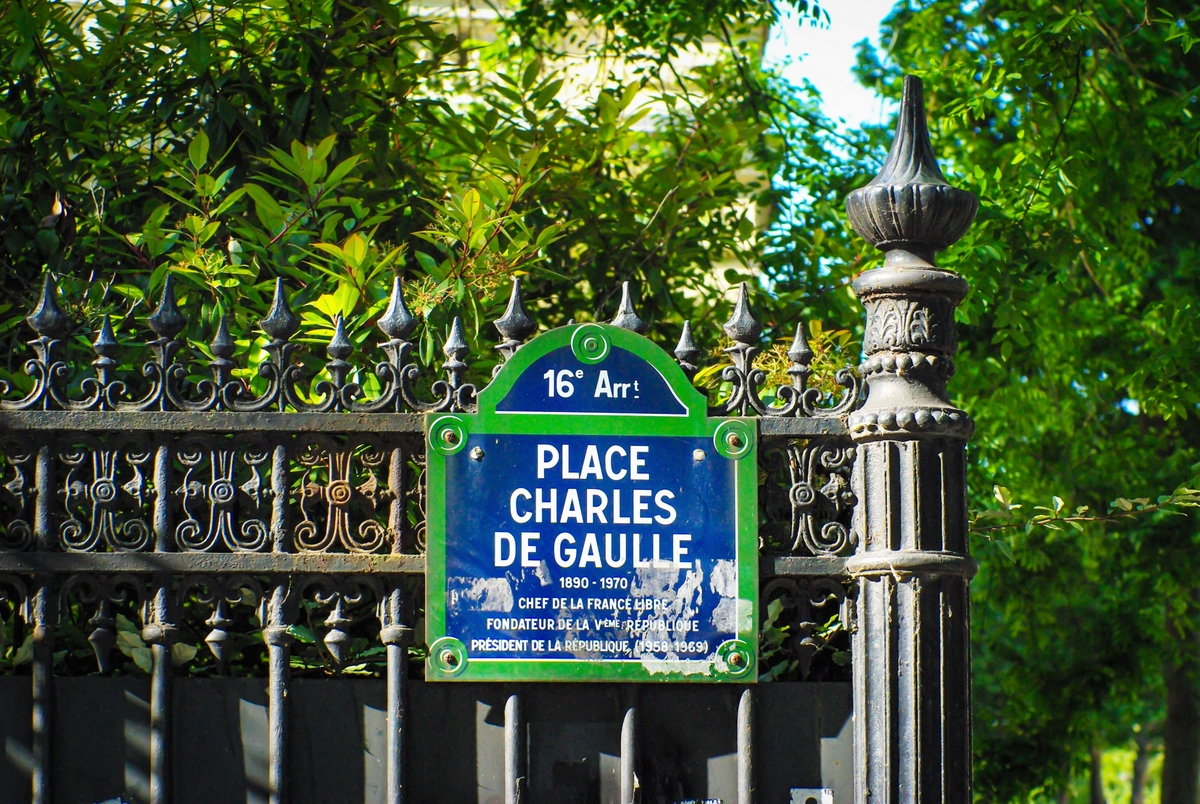

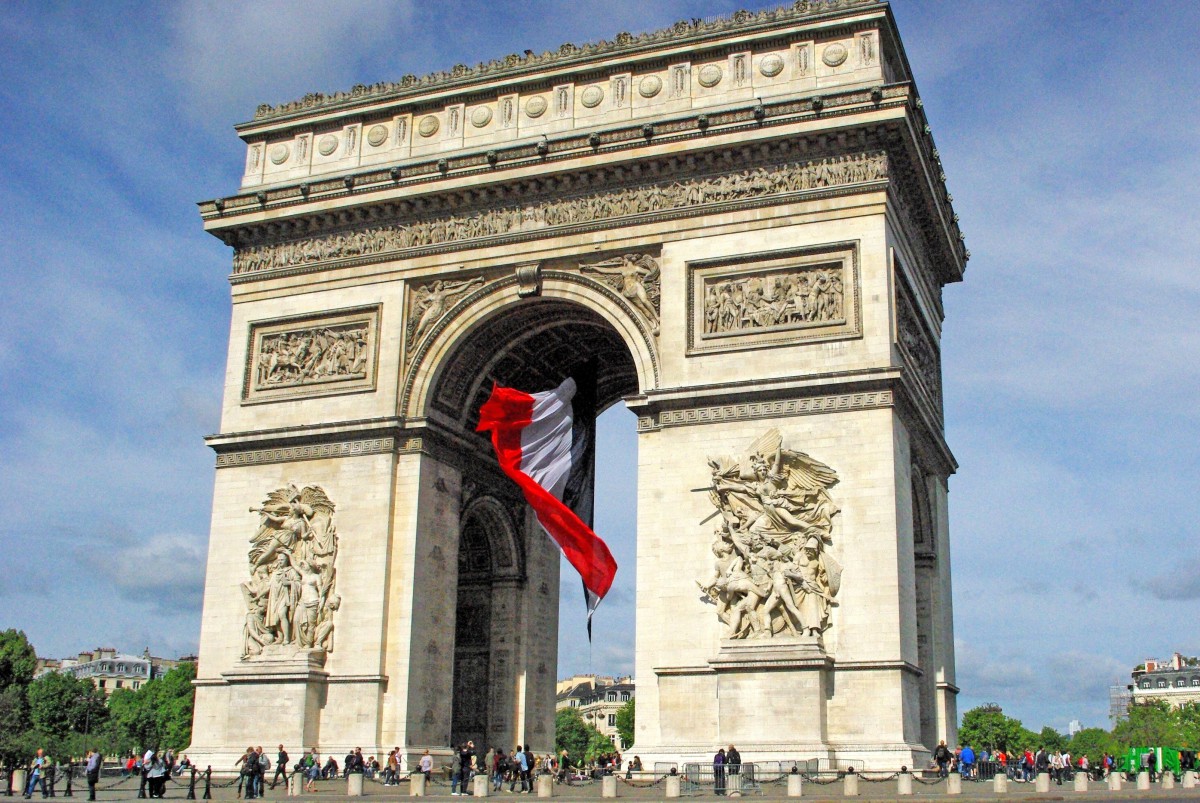
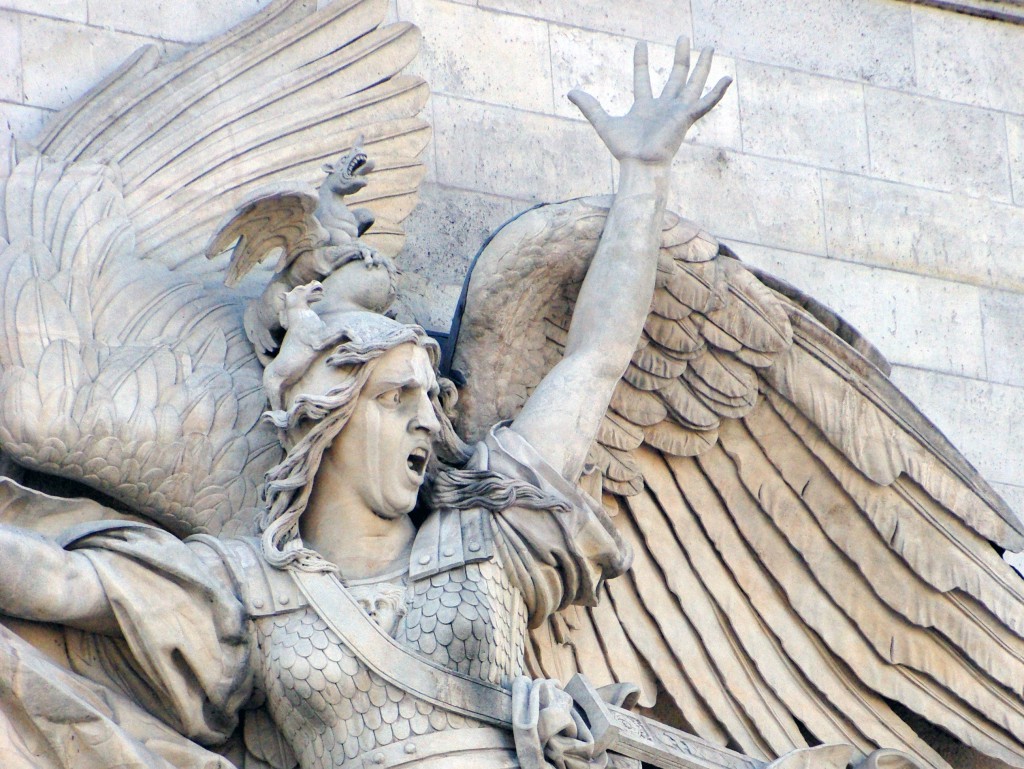

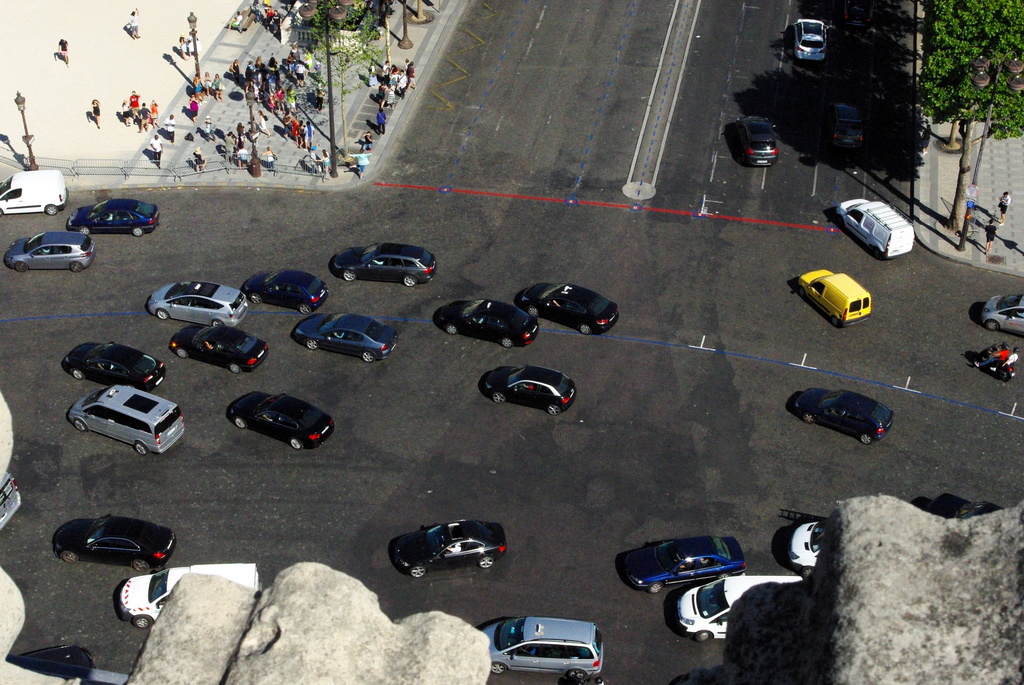
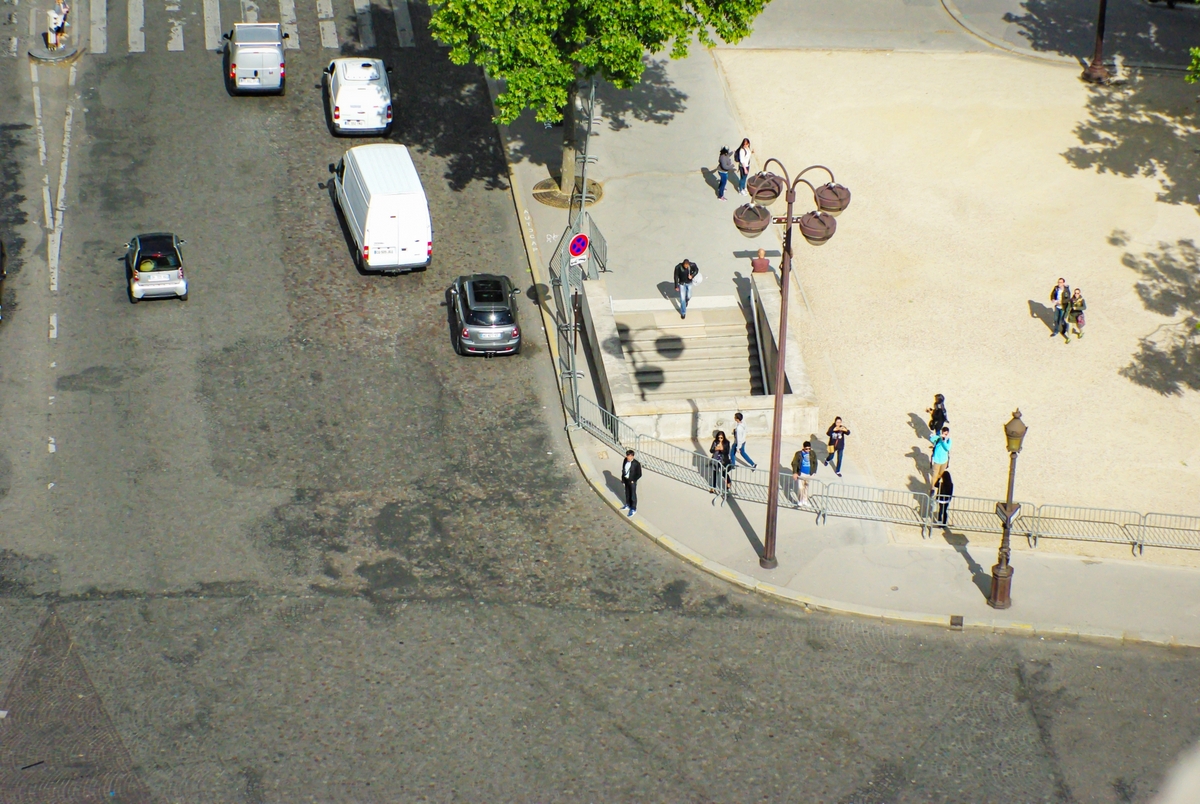
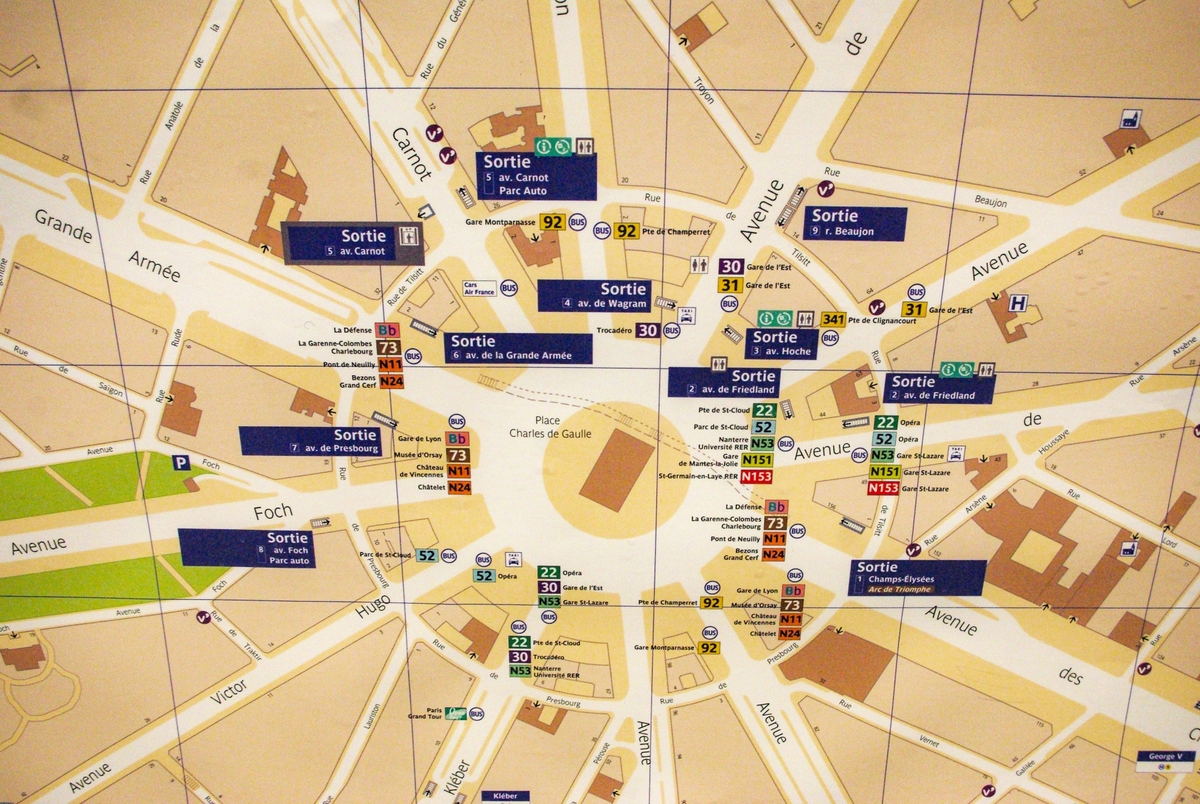

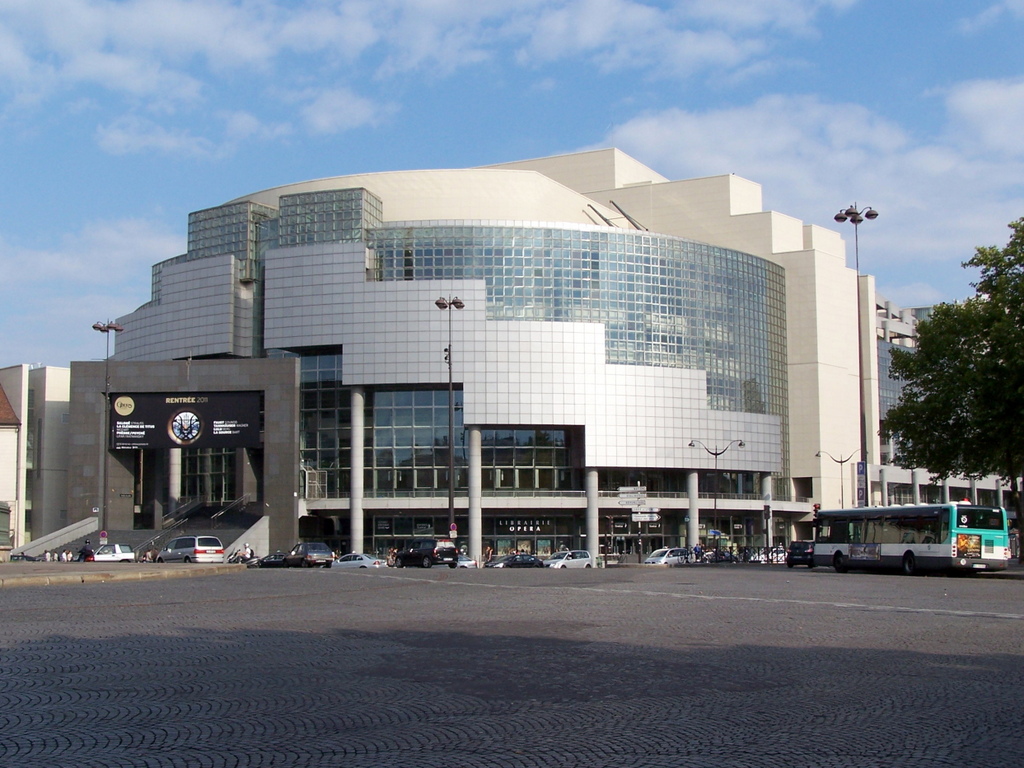
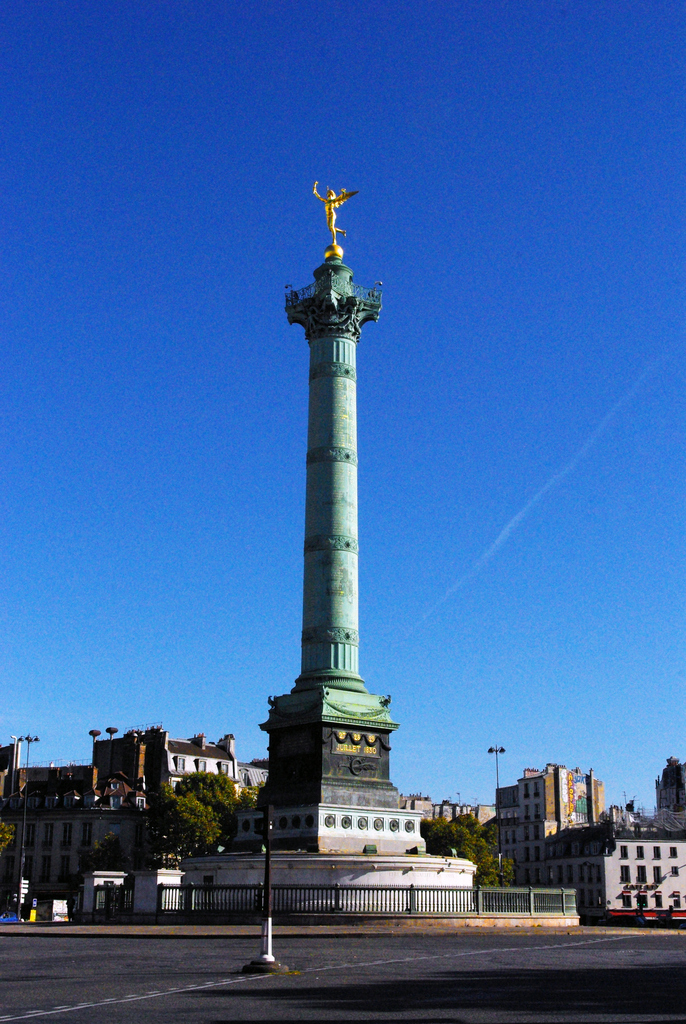
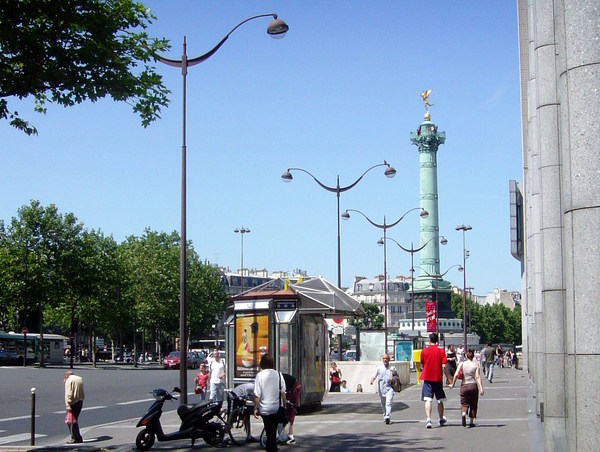

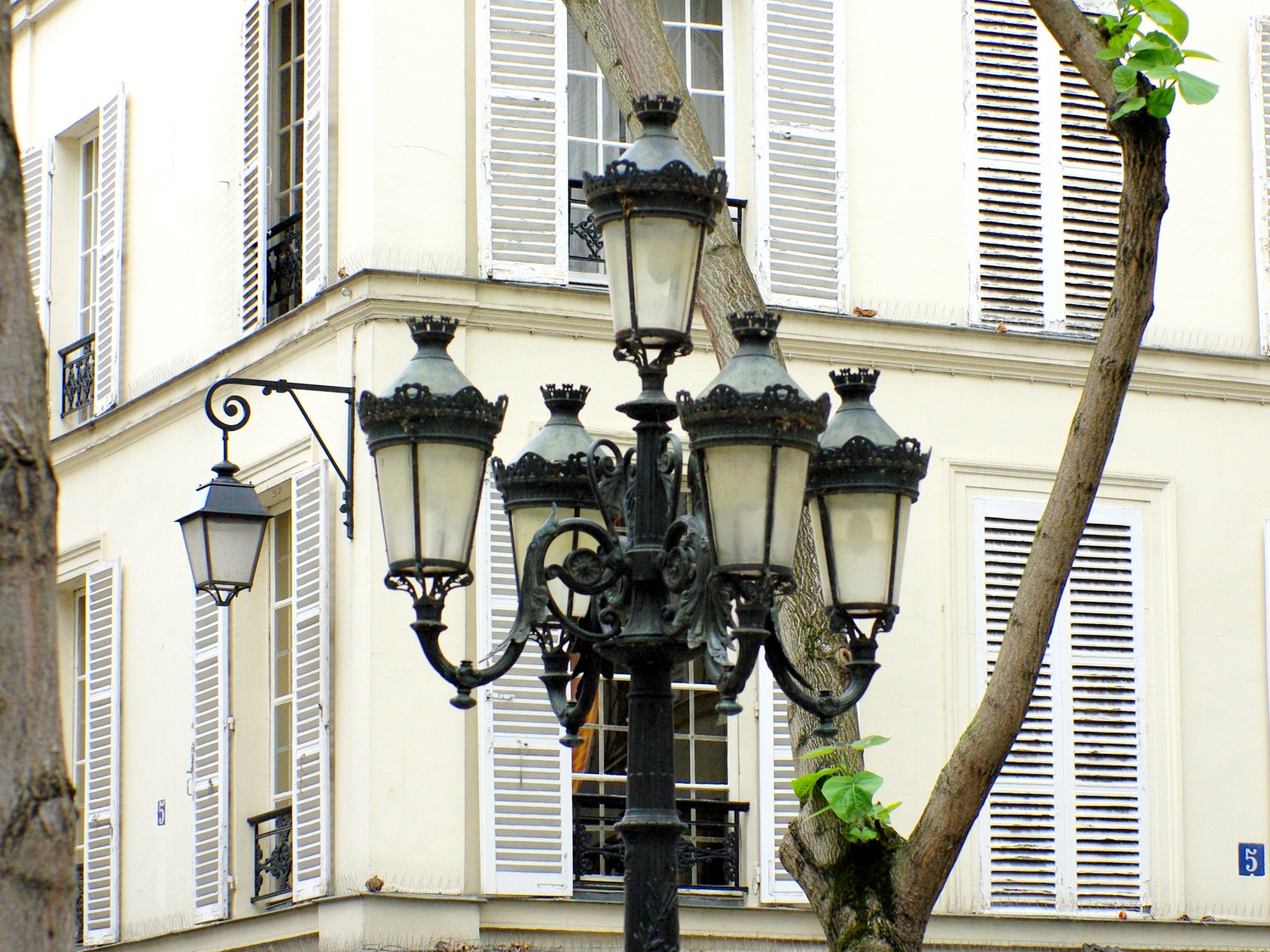
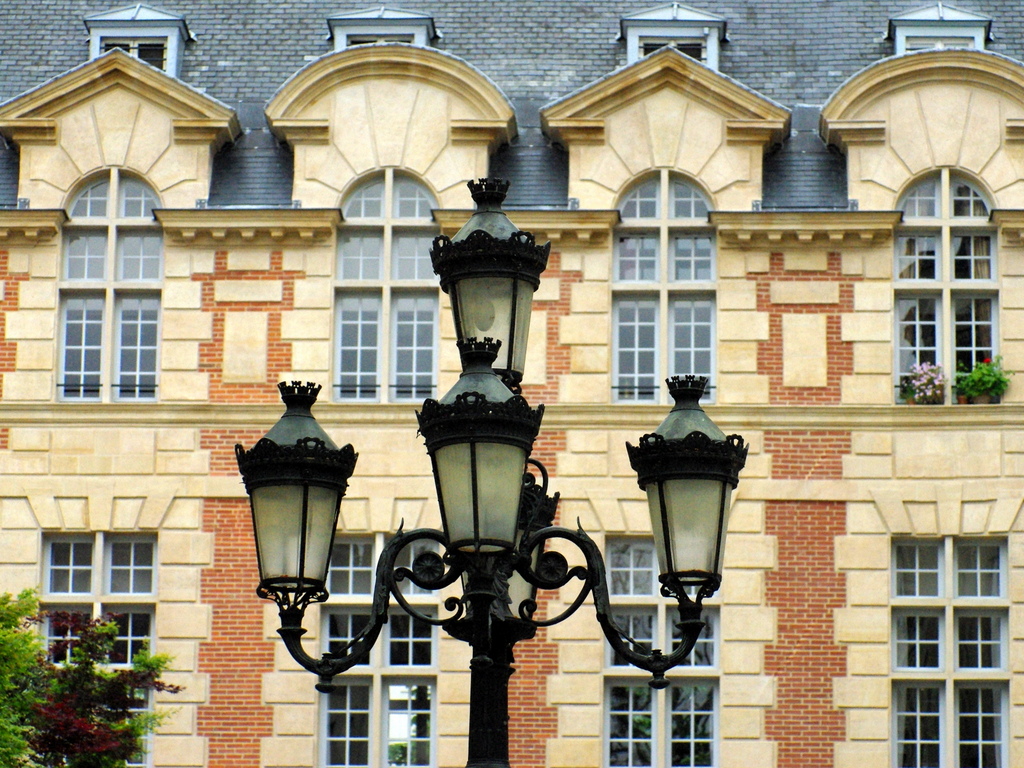
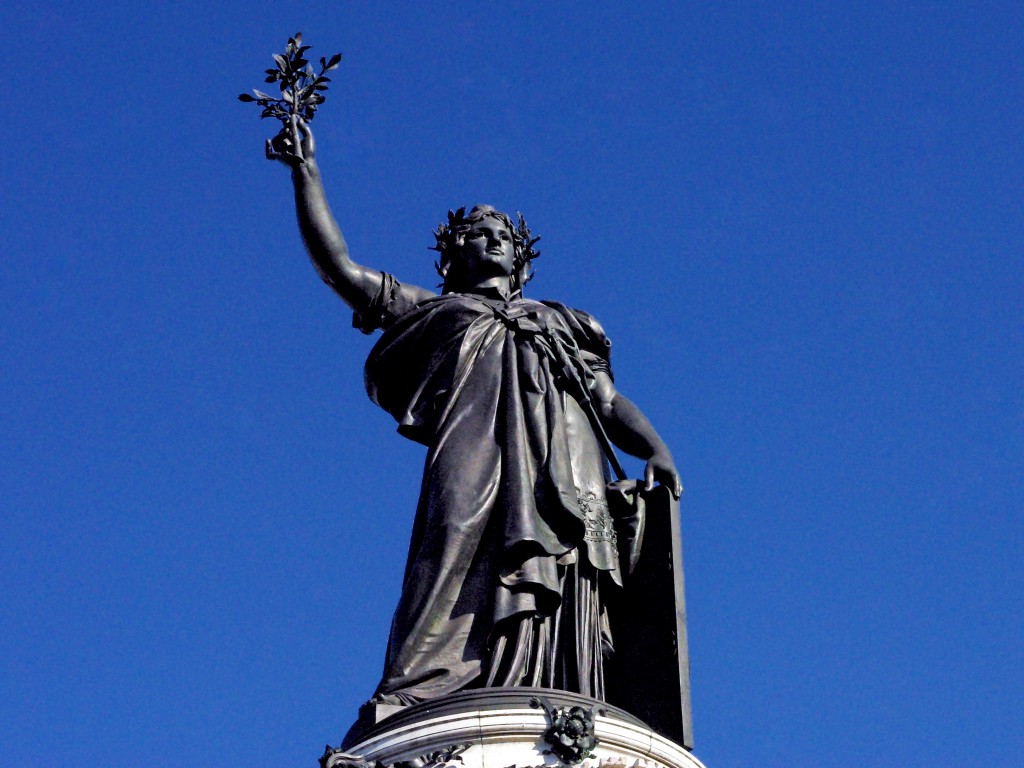
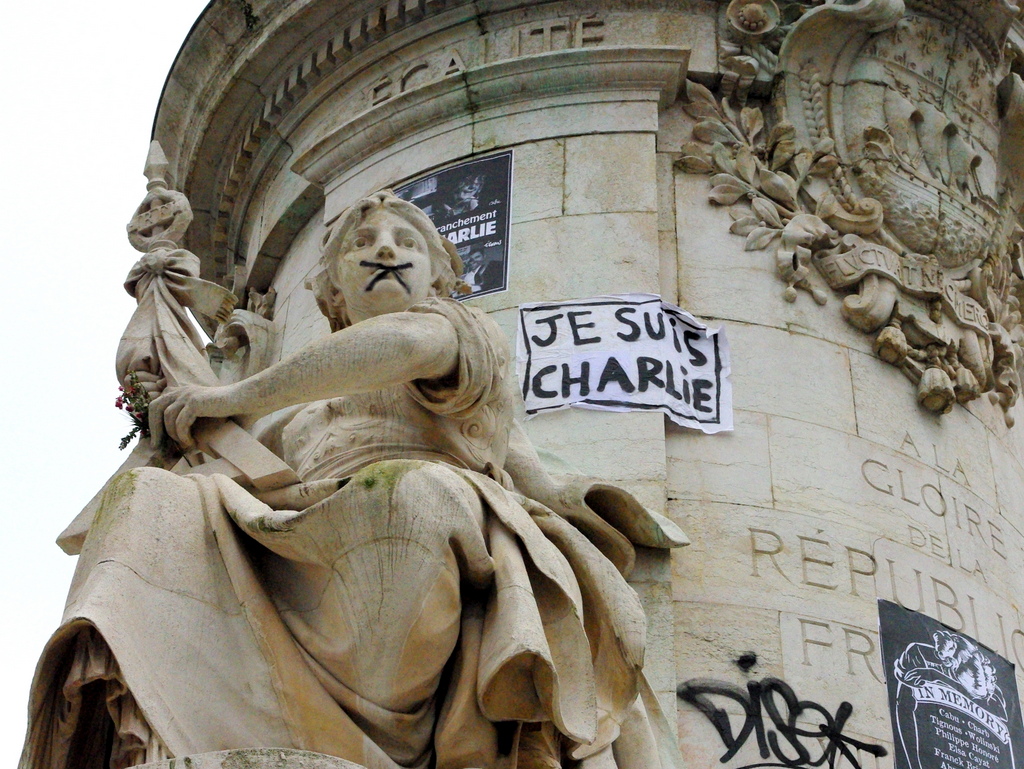
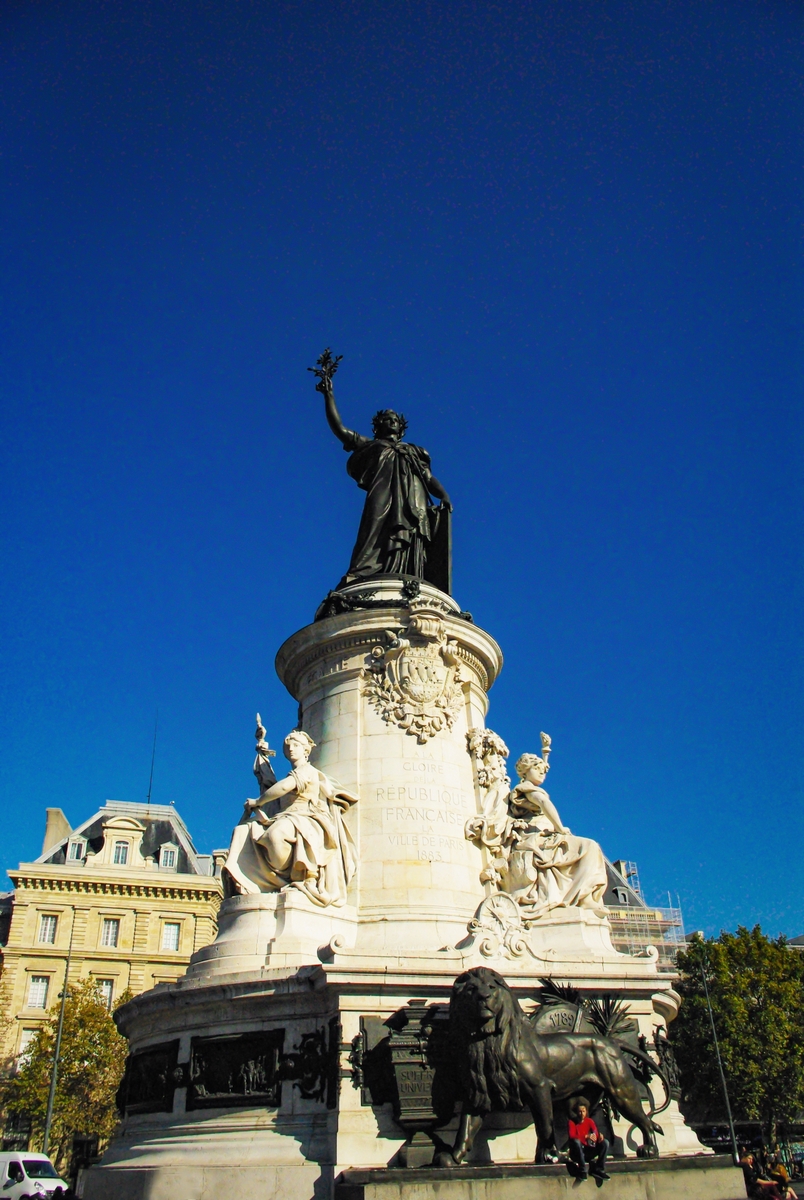
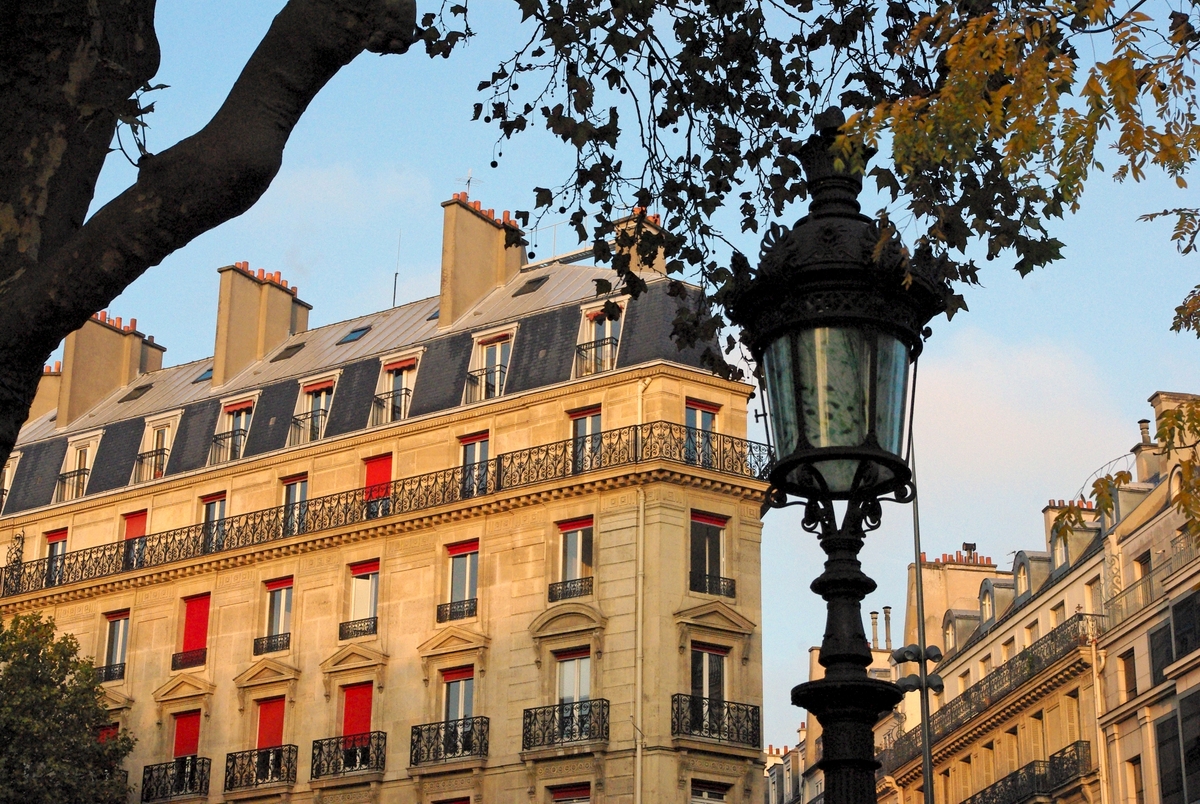
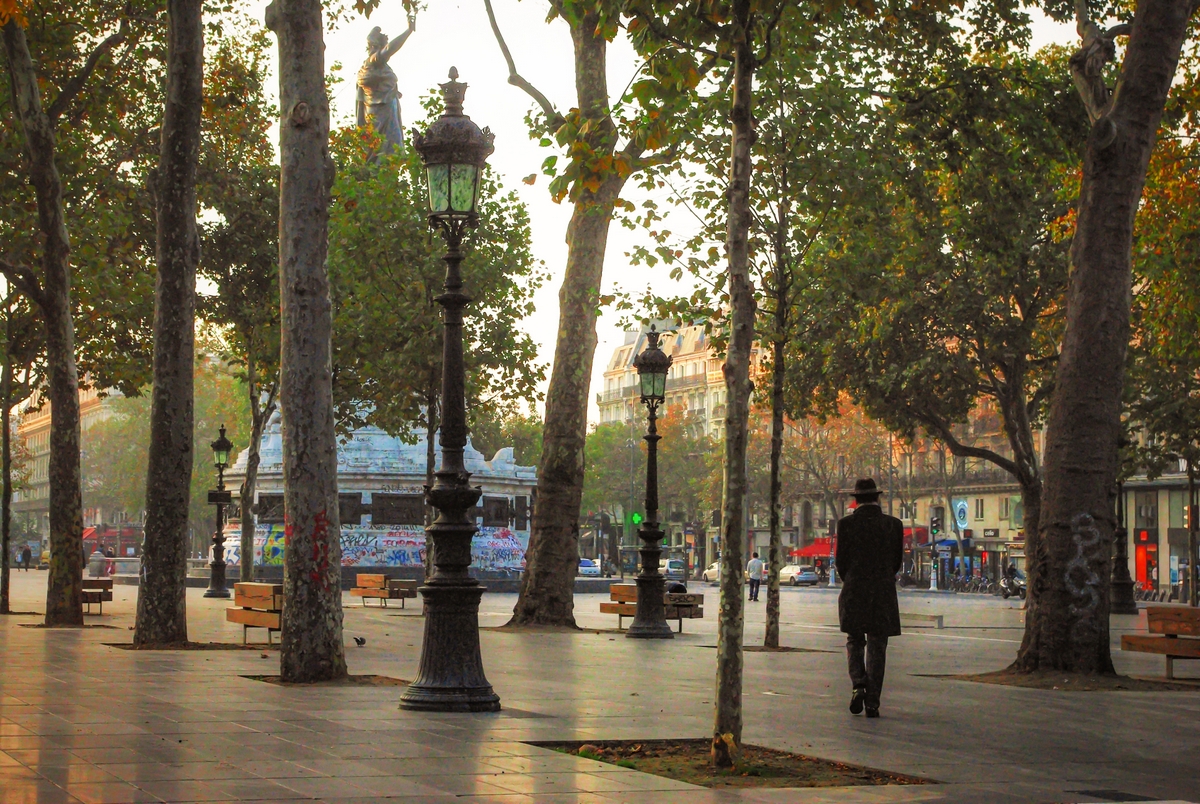

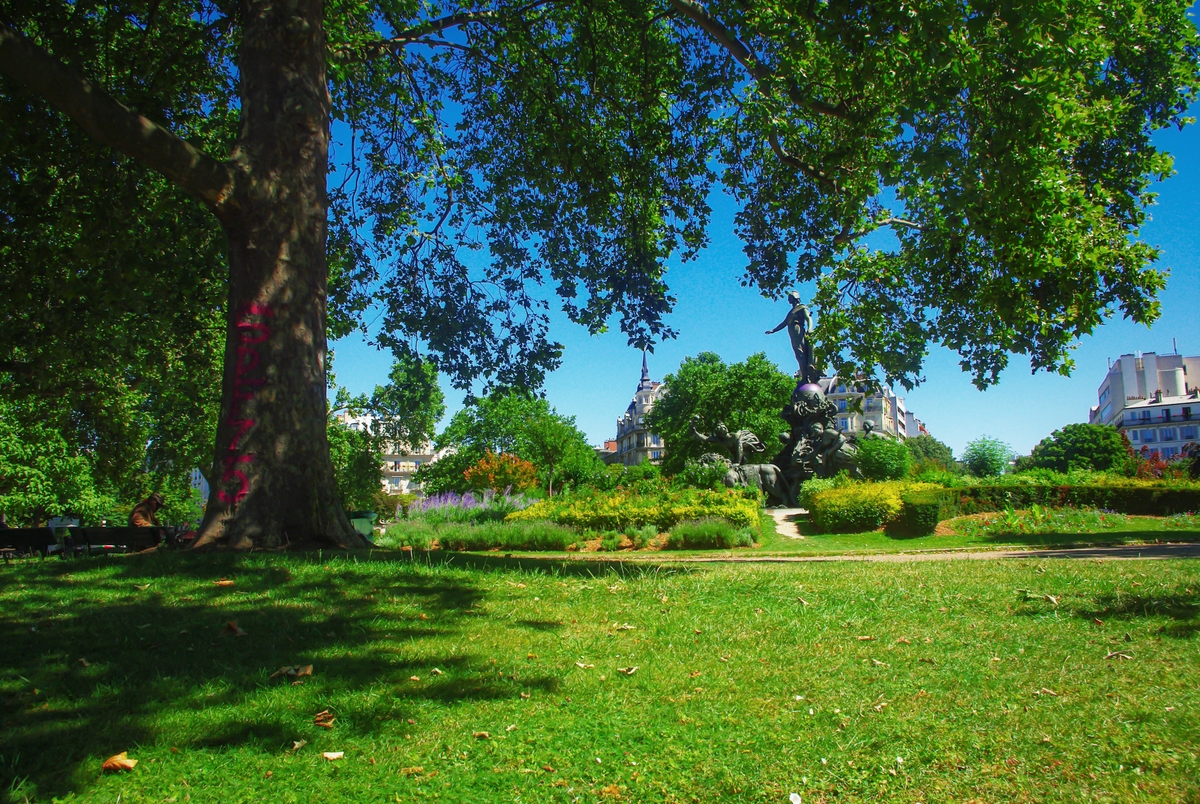
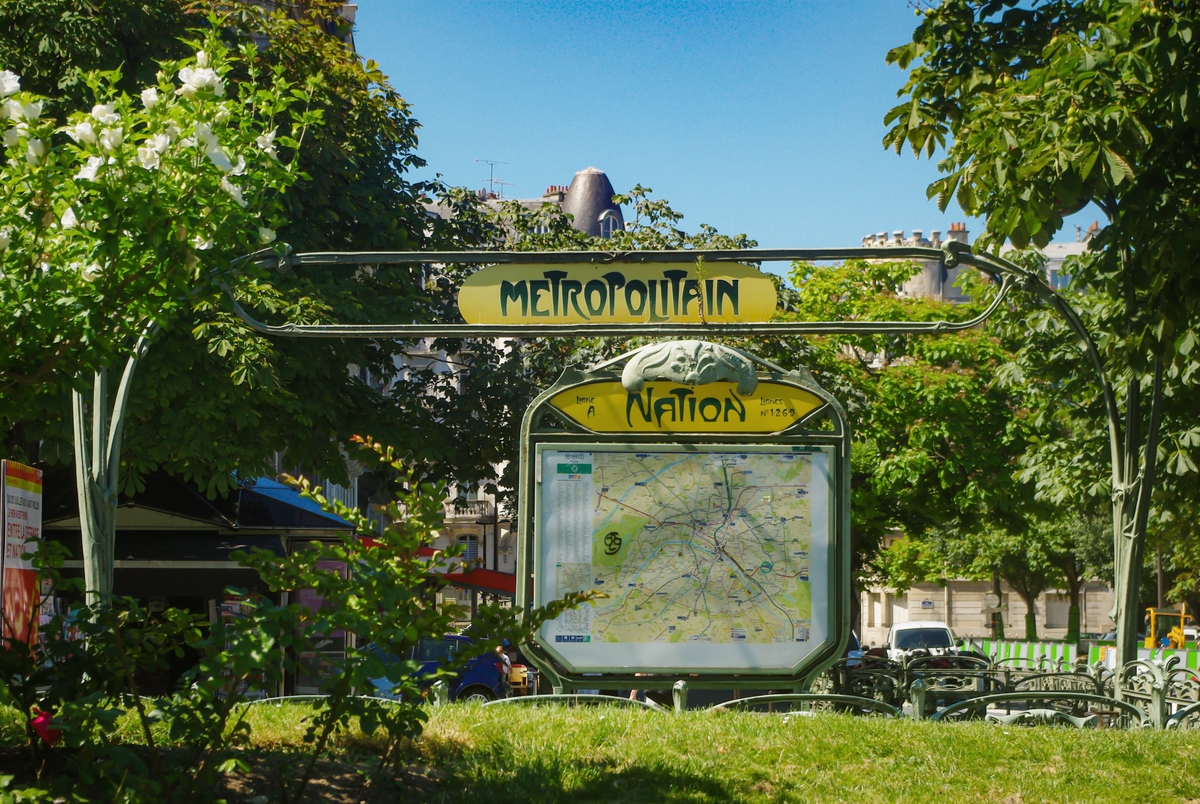
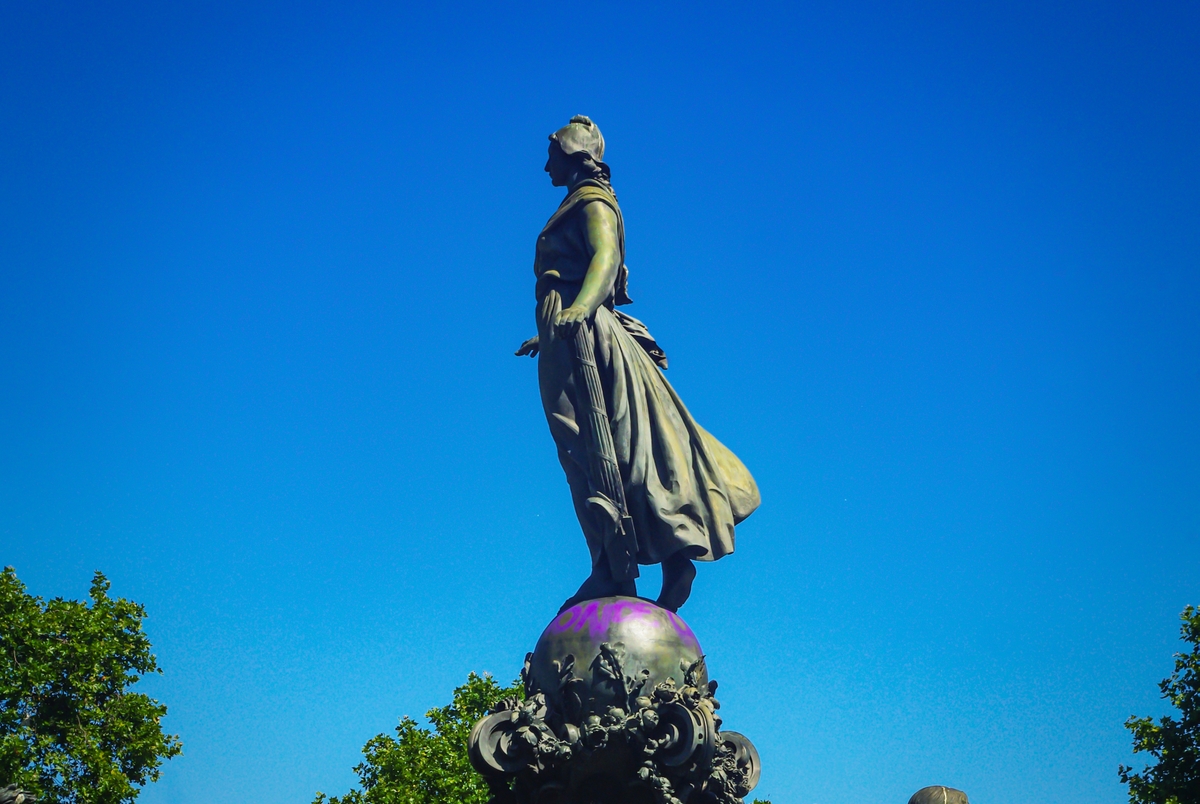
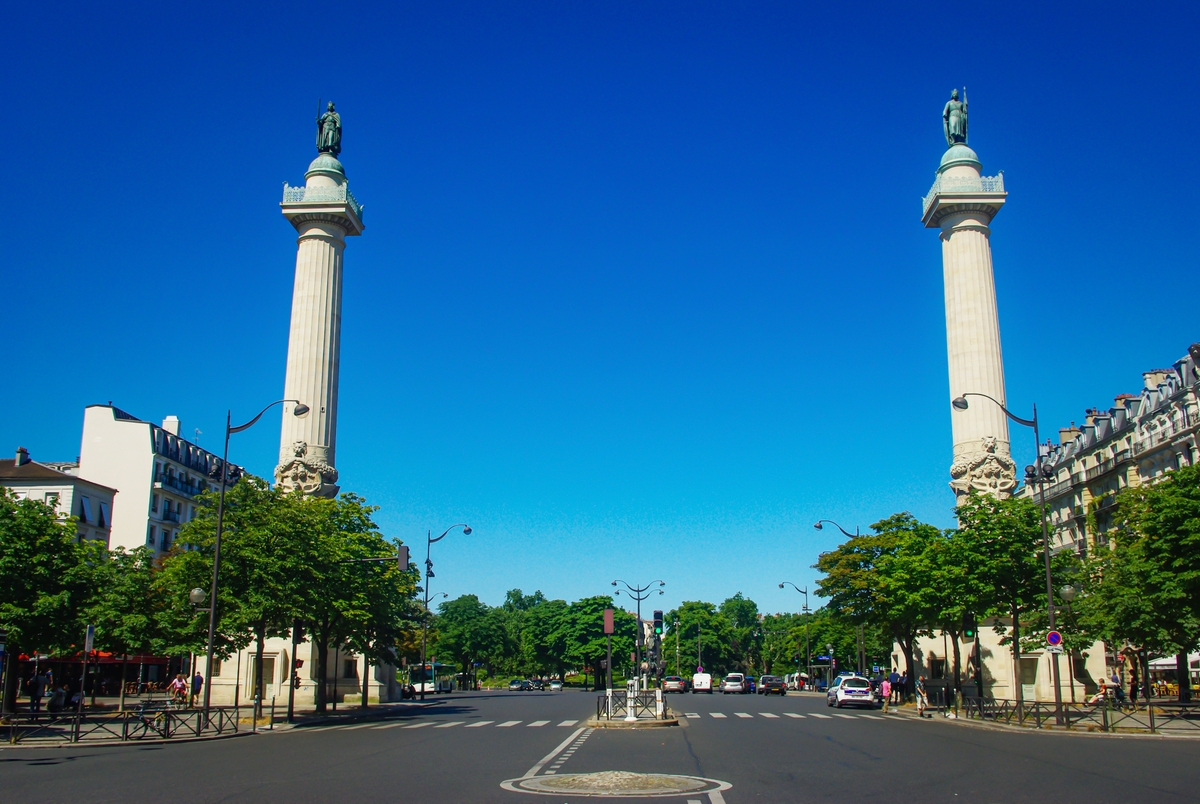
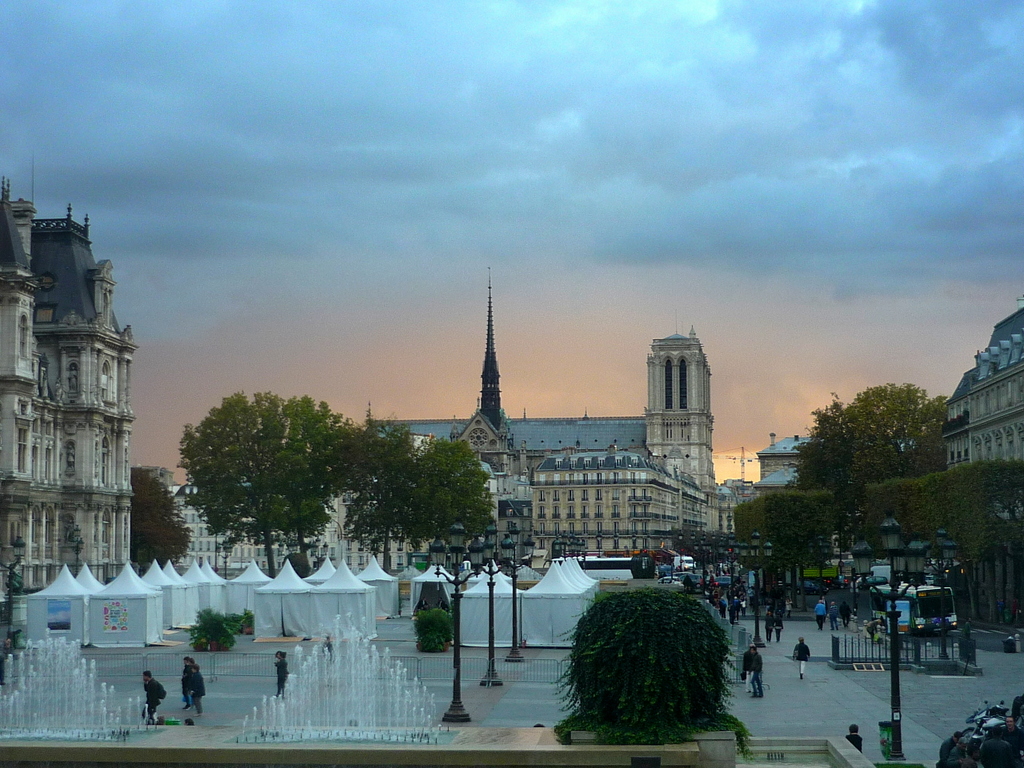
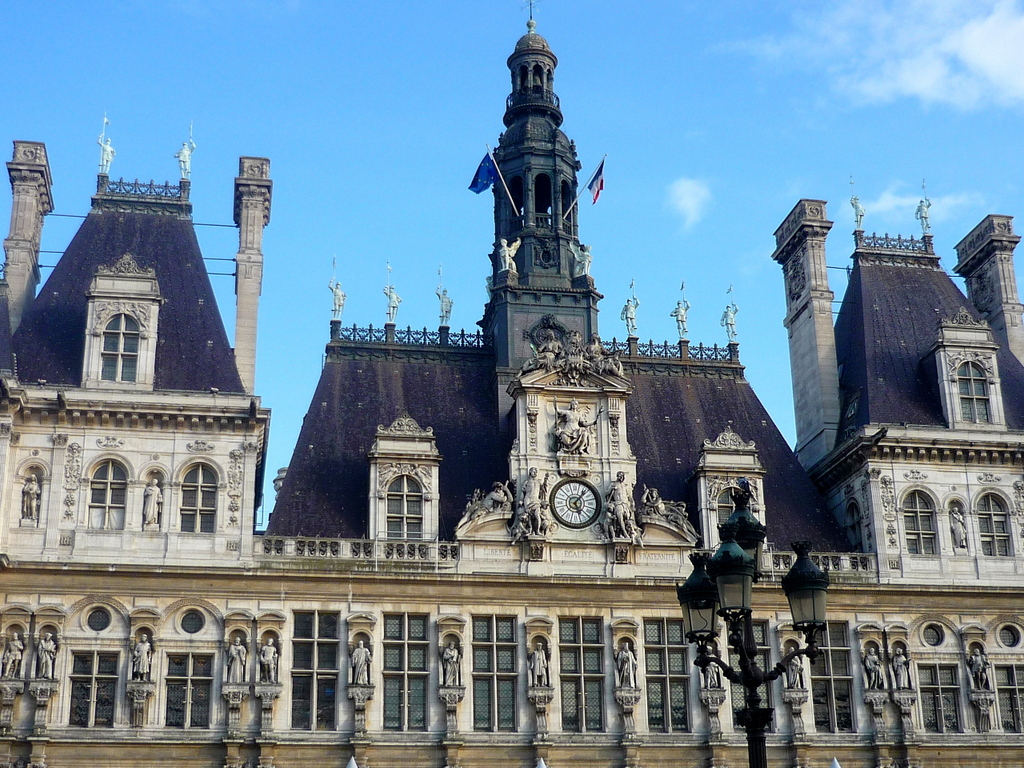



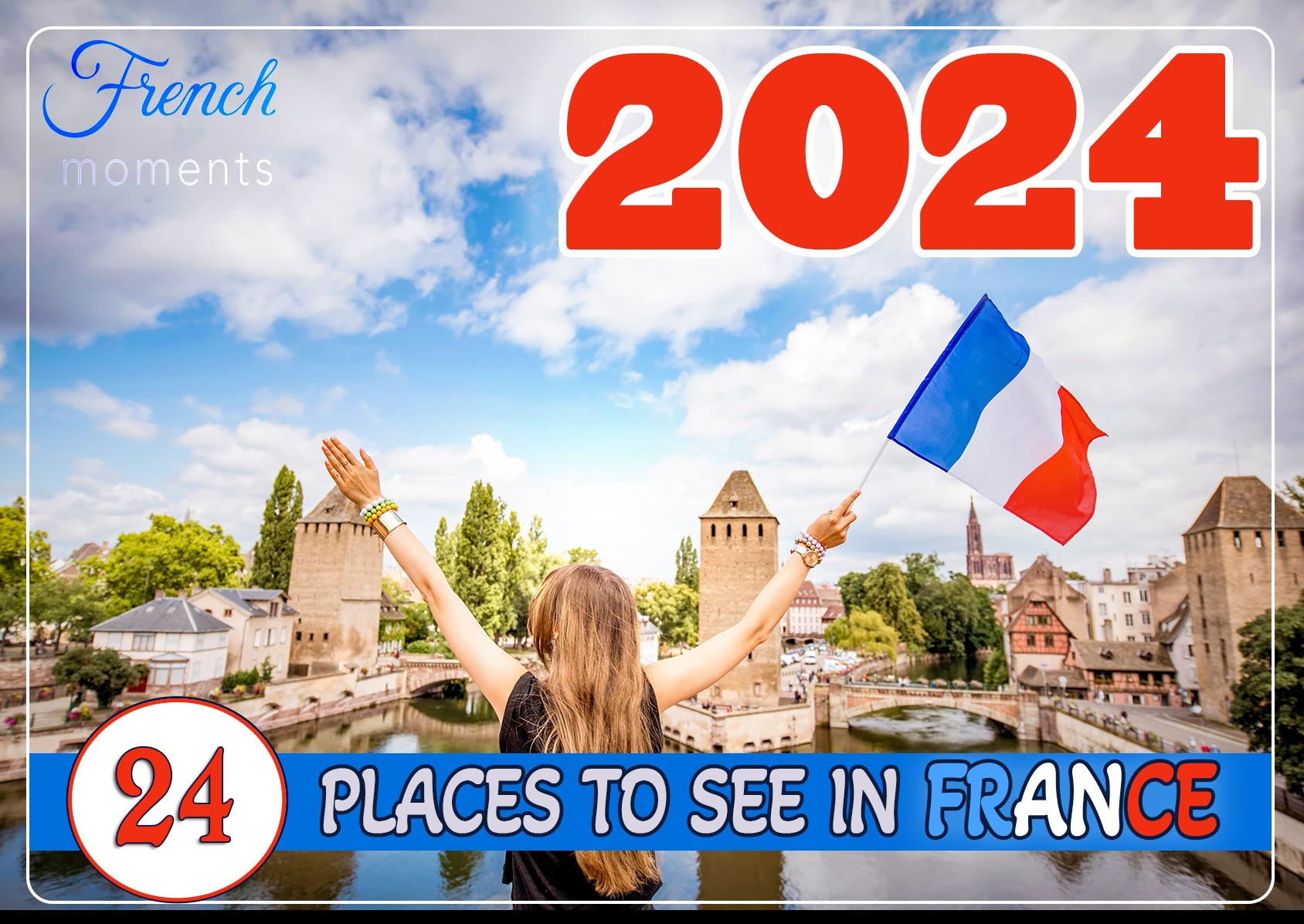
Perhaps you could visit your other list of interesting square and do a second chapter of this? I would also suggest Square du Temple.
Thank you! We did not list the Square du Temple because it refers to a ‘square’ (small park) in Paris and not a square (‘place’) – hope that makes sense! and yes, good idea we should list our favourite small parks (‘squares’) of Paris in another post 🙂
Pierre, as usual, your post transported me back to Paris. Experiencing these squares is one of my favorite pastimes while I'm visiting the City of Light. I'm hard-pressed to choose a favorite of your top 10. L'Hôtel de Ville is the most beautiful City Hall I can imagine, the Places des Vosges has long been a required stop when I'm in Paris, but the Place de Furstemberg may have to top the list for me. It's small, charming and hidden, so there usually aren't many people around making it a lovely oasis to spend a few minutes. Thank you for your in-depth article!
Thank you, Ellen. The tiny Place de Furstemberg is indeed a charming place and ideally located in Saint-Germain-des-Prés!